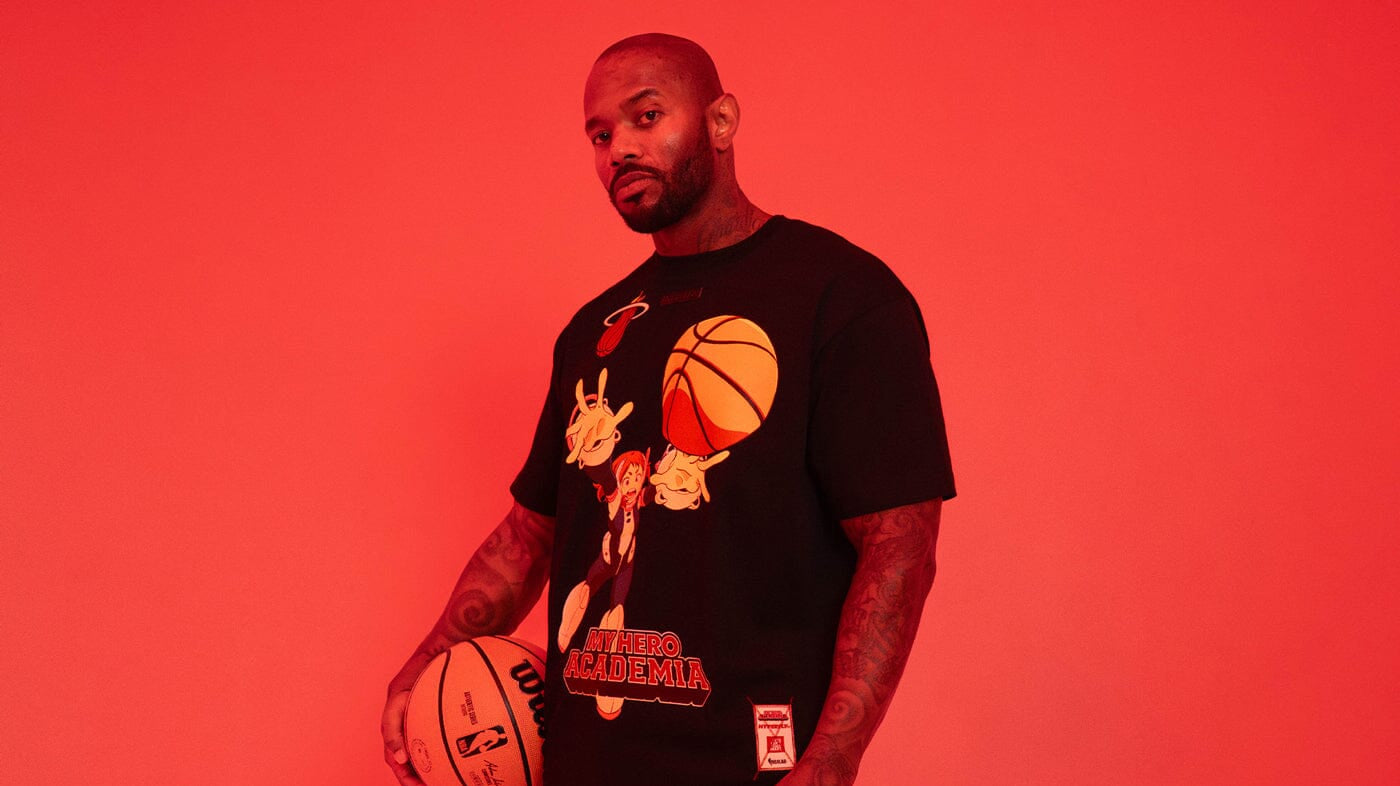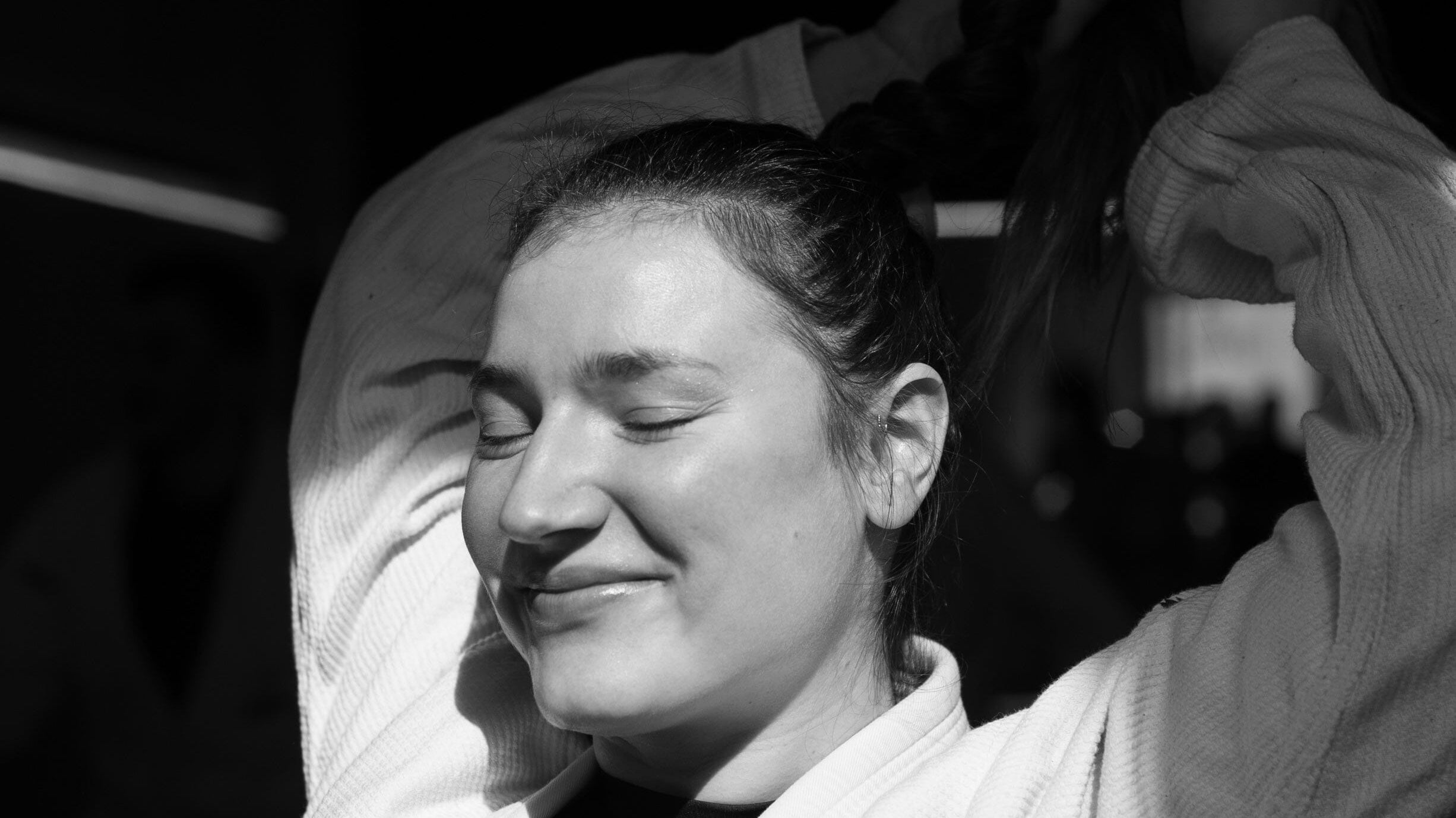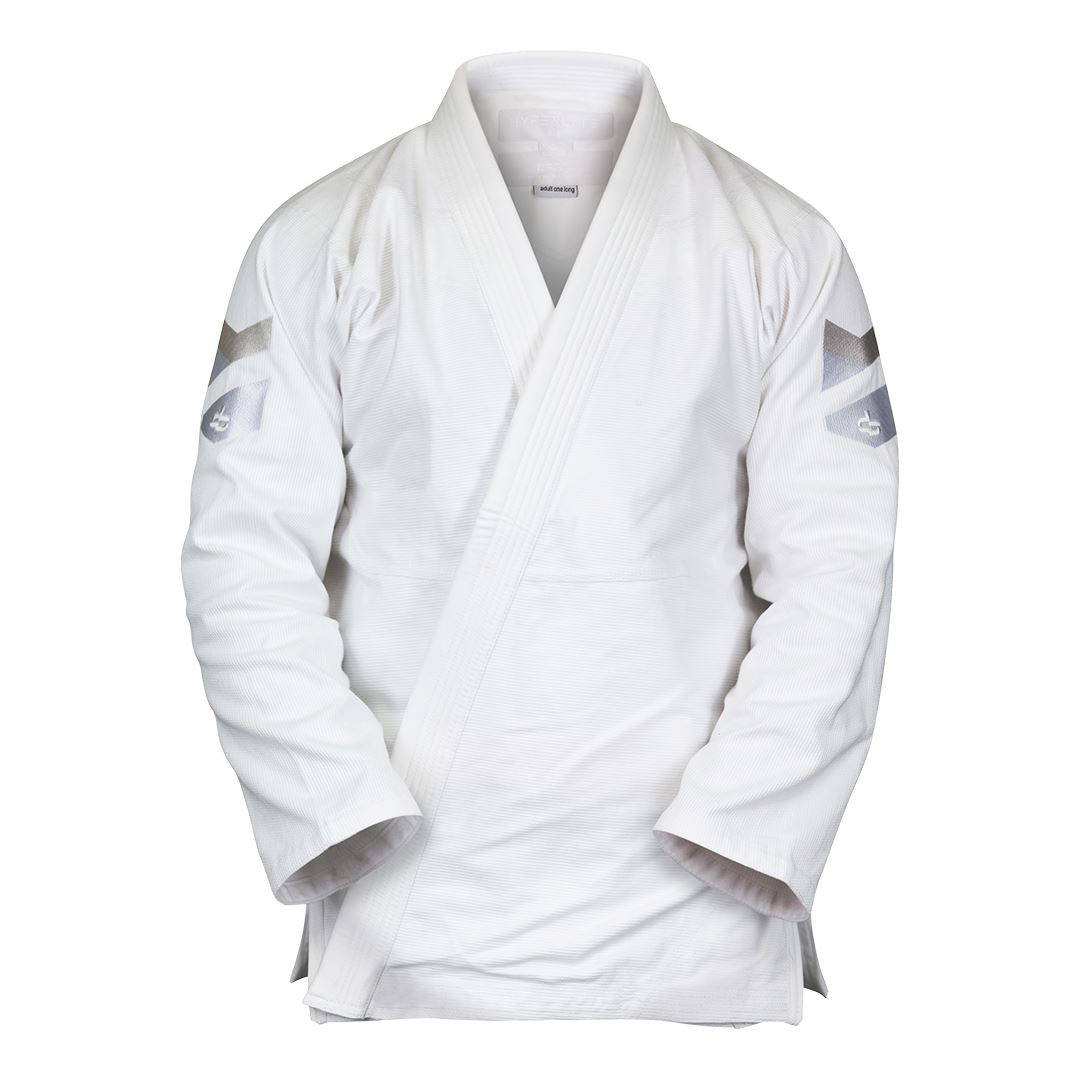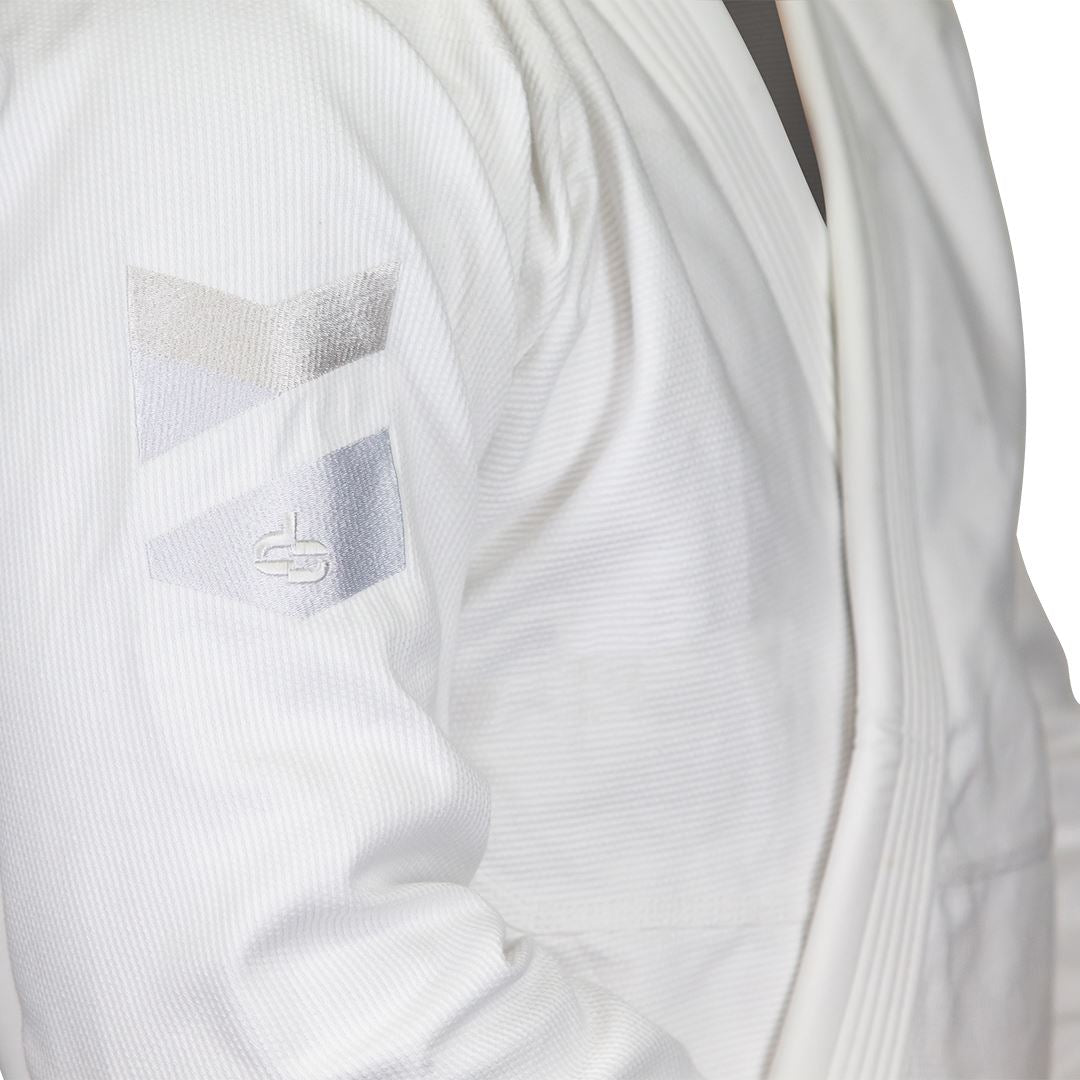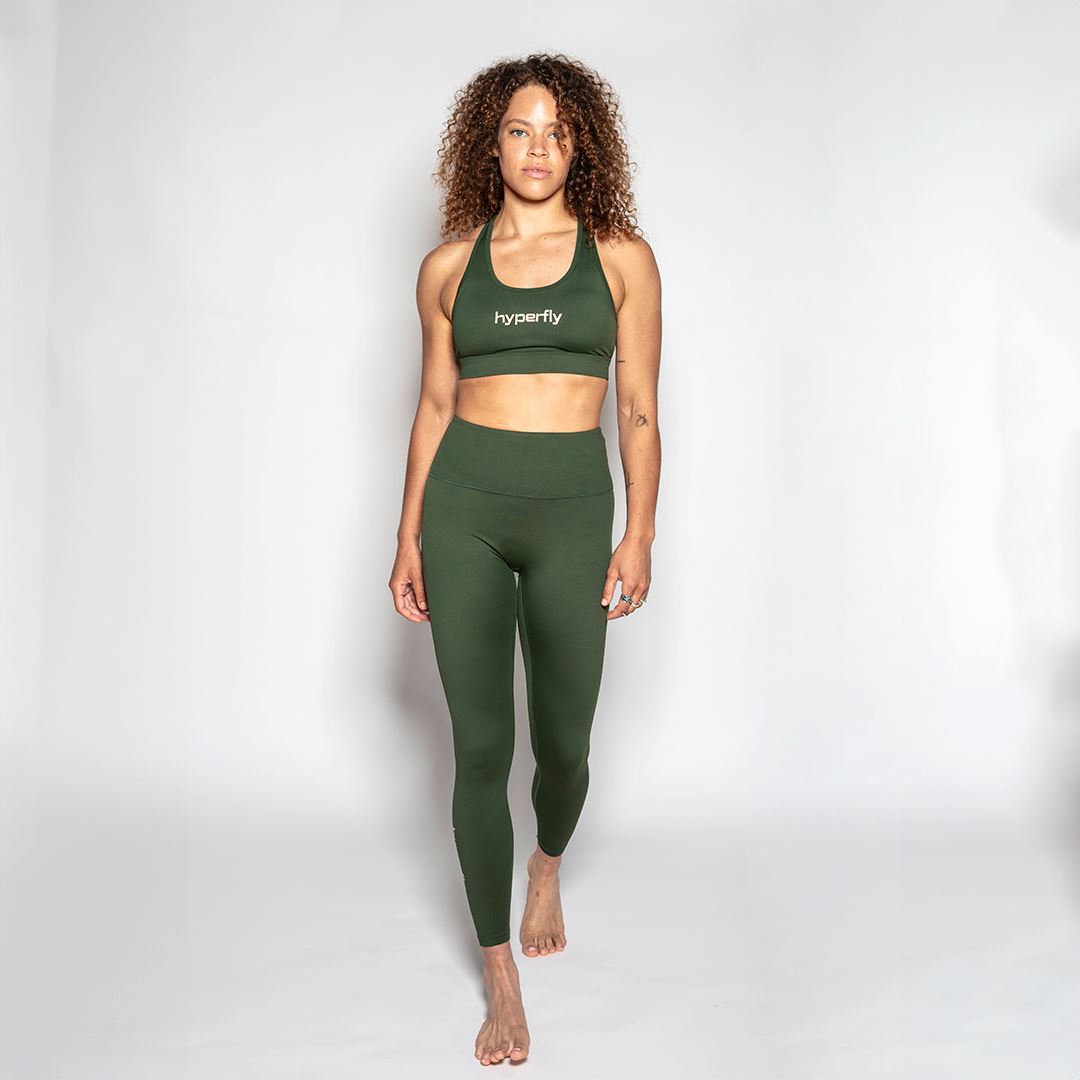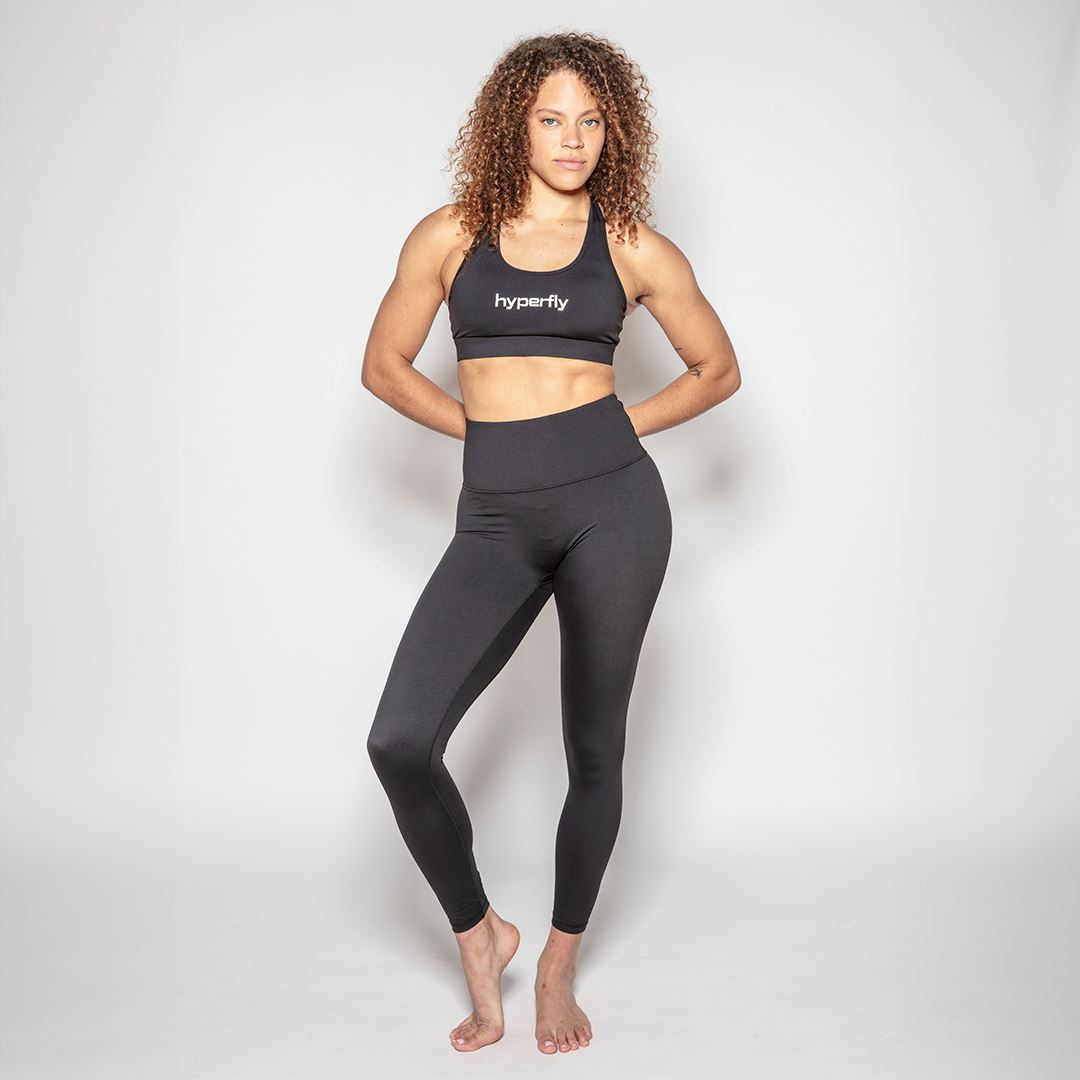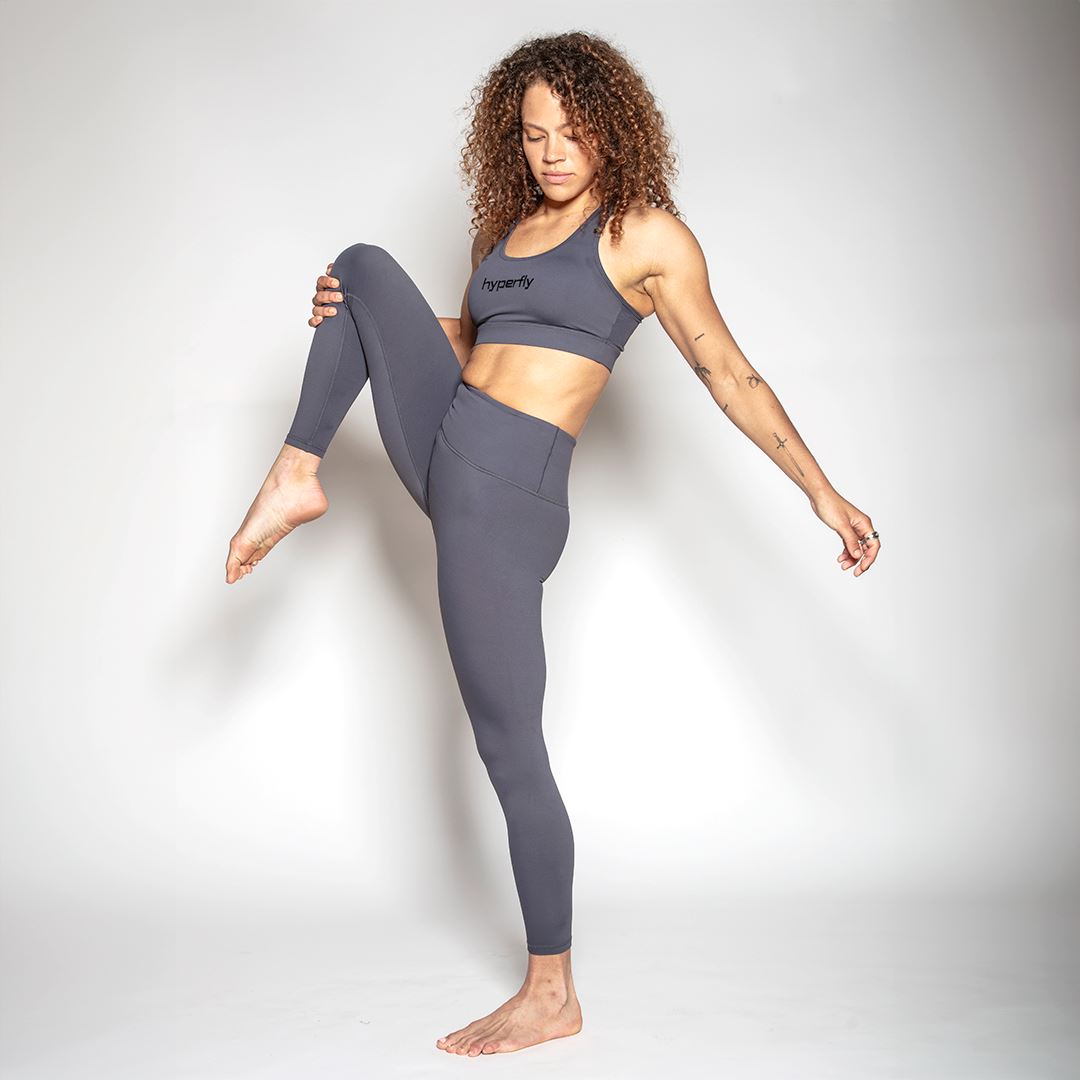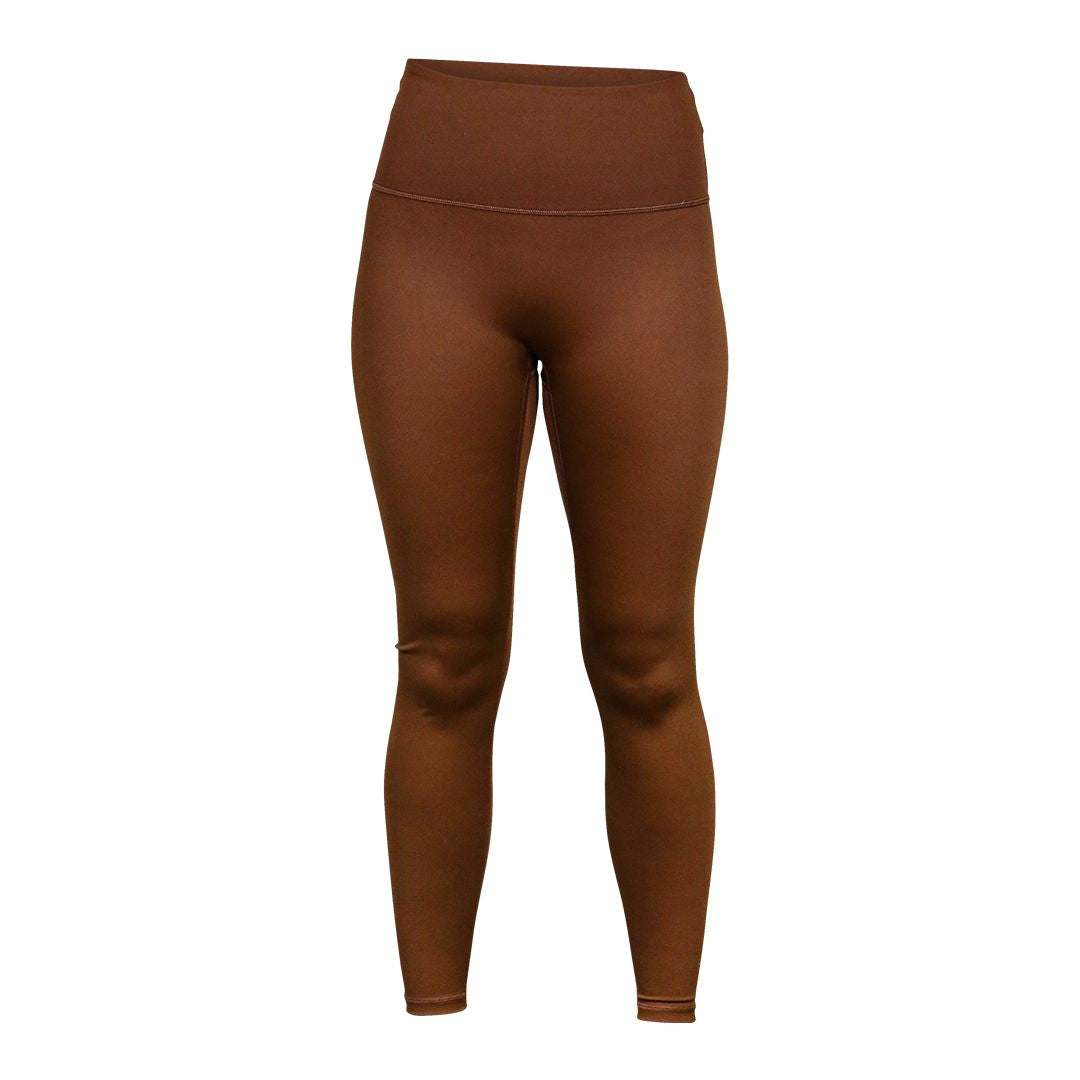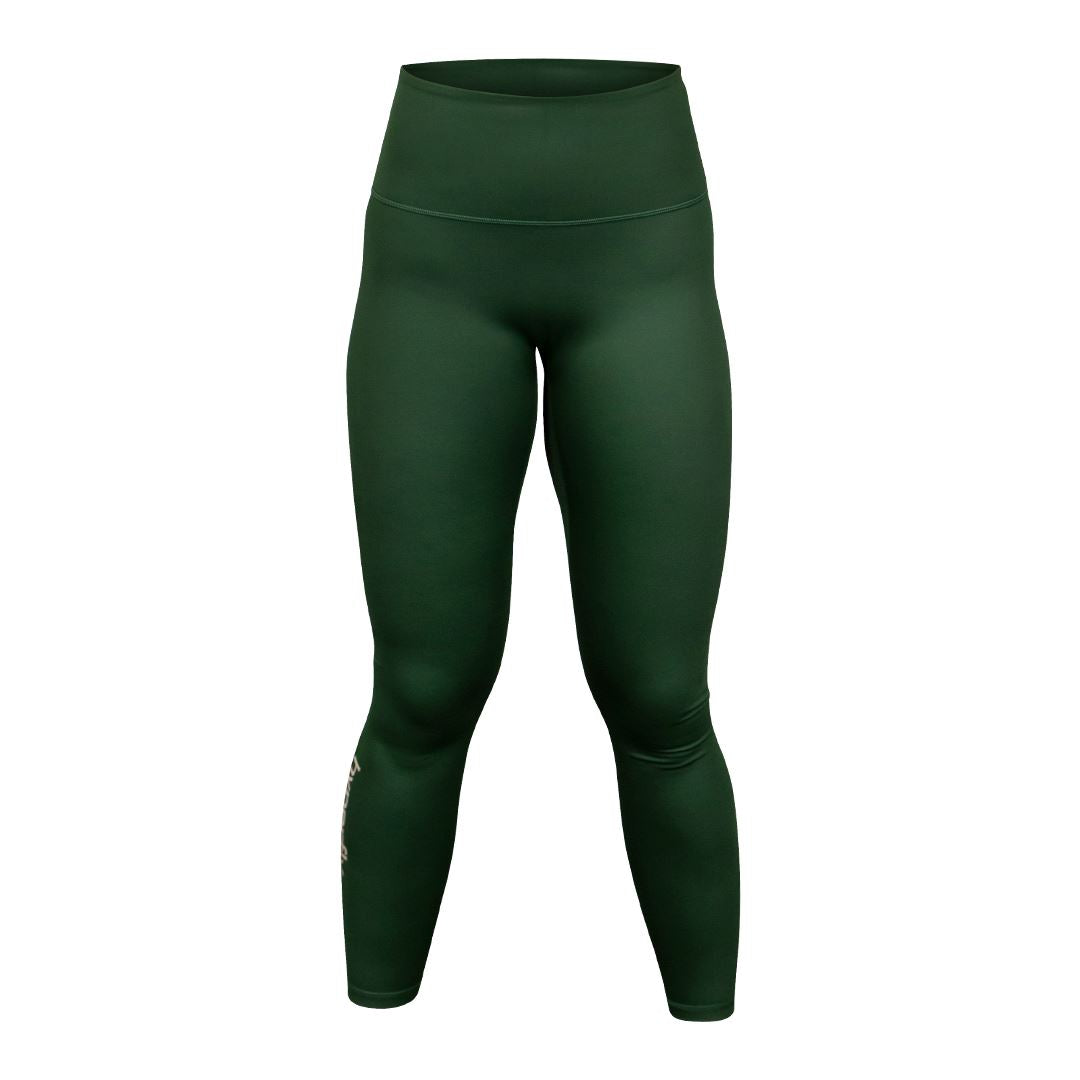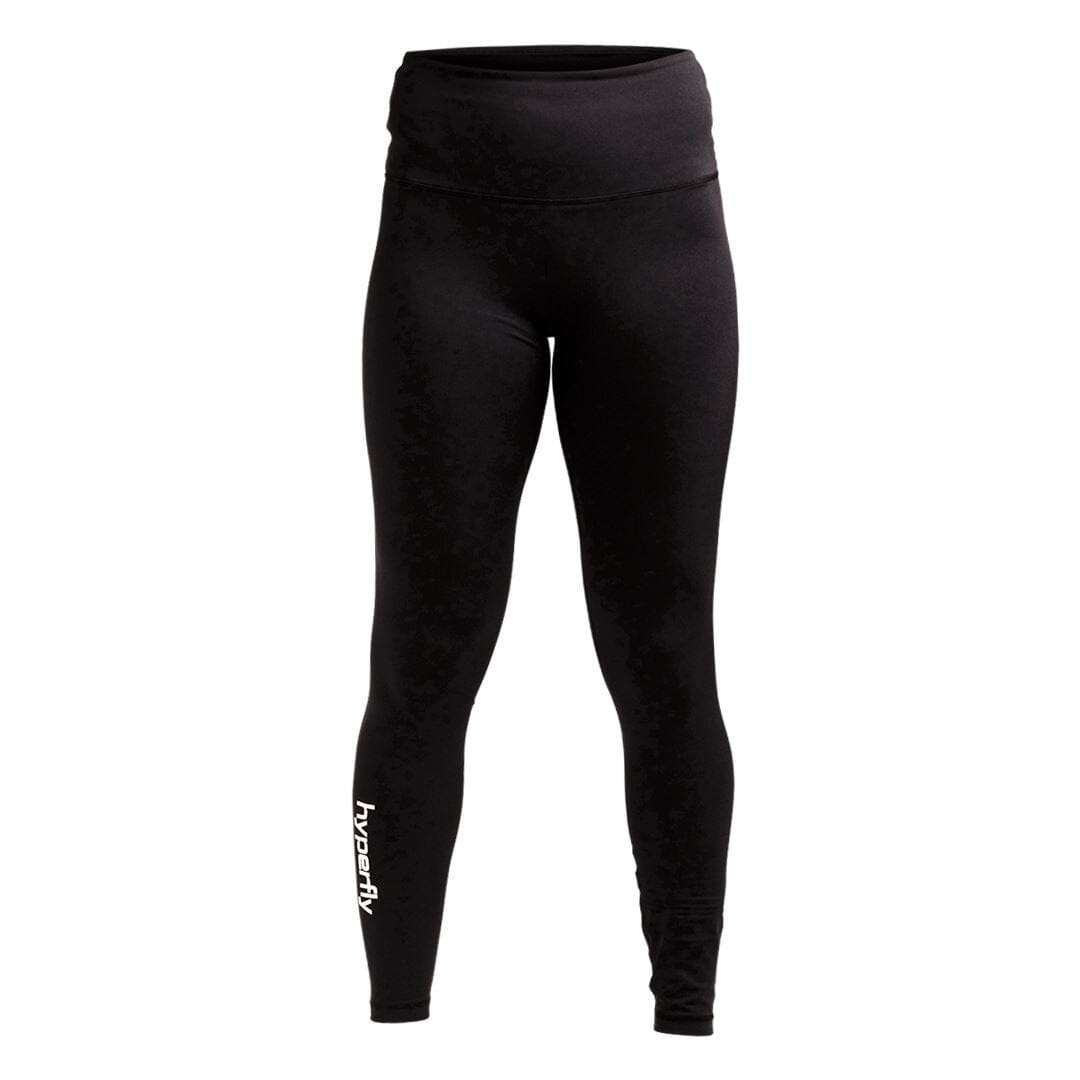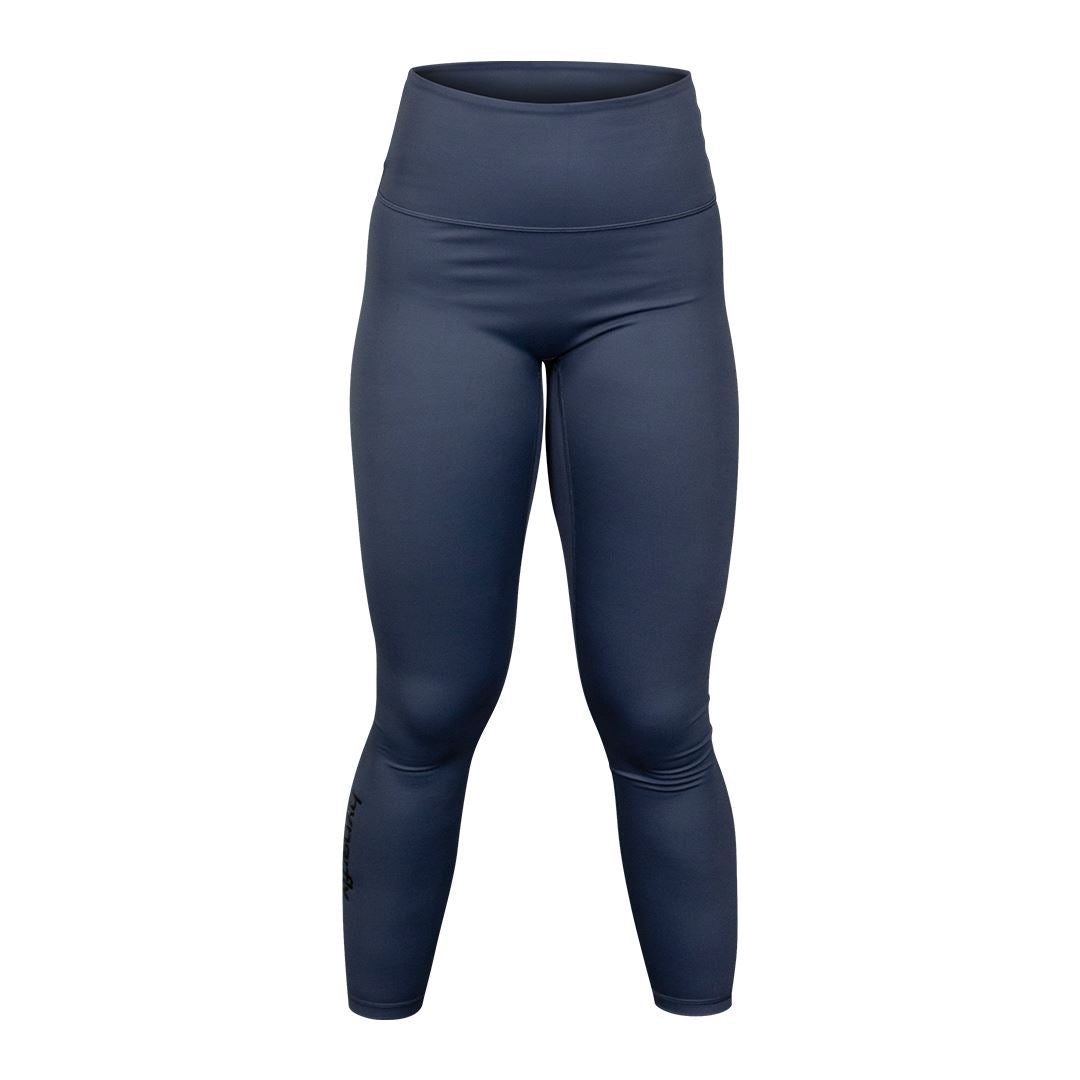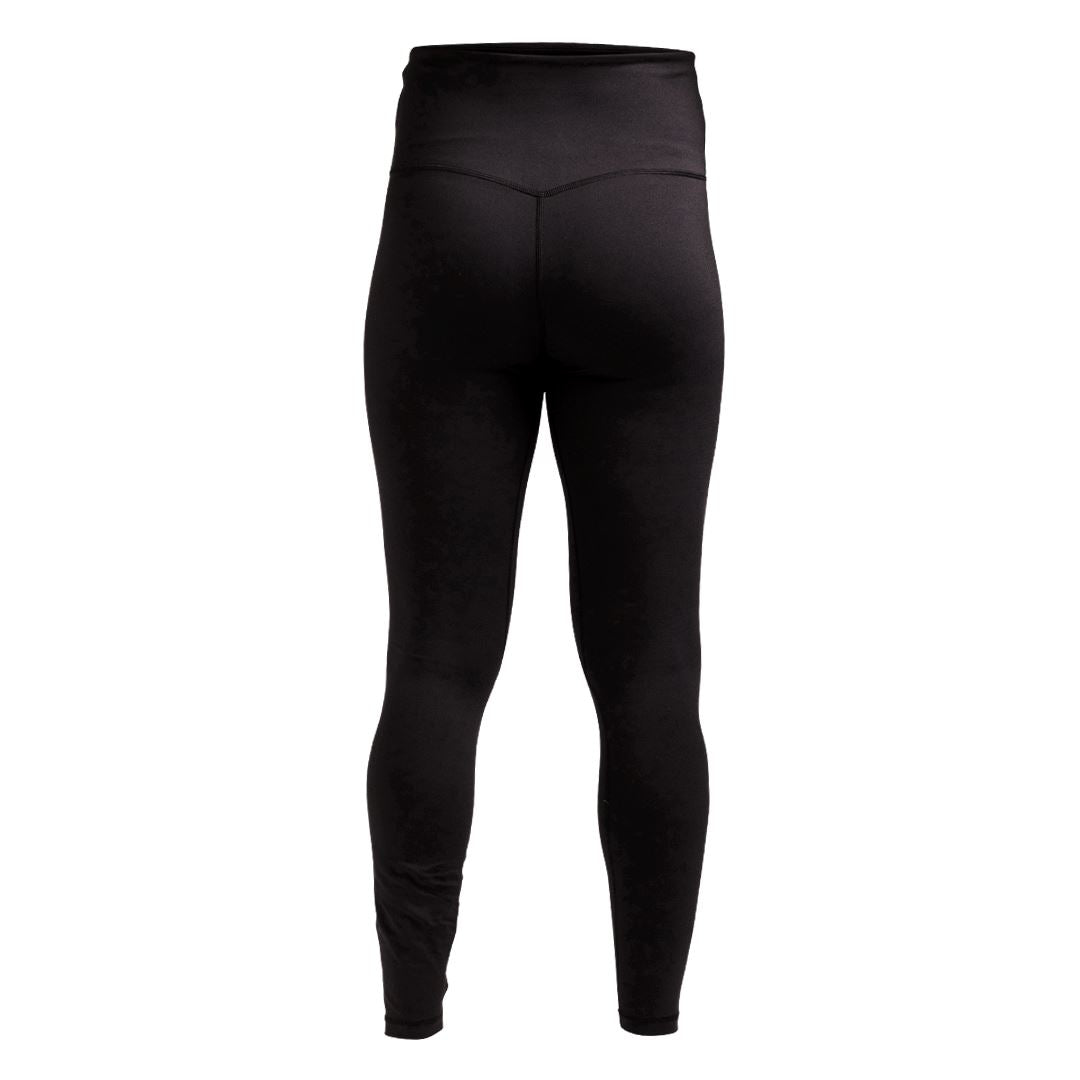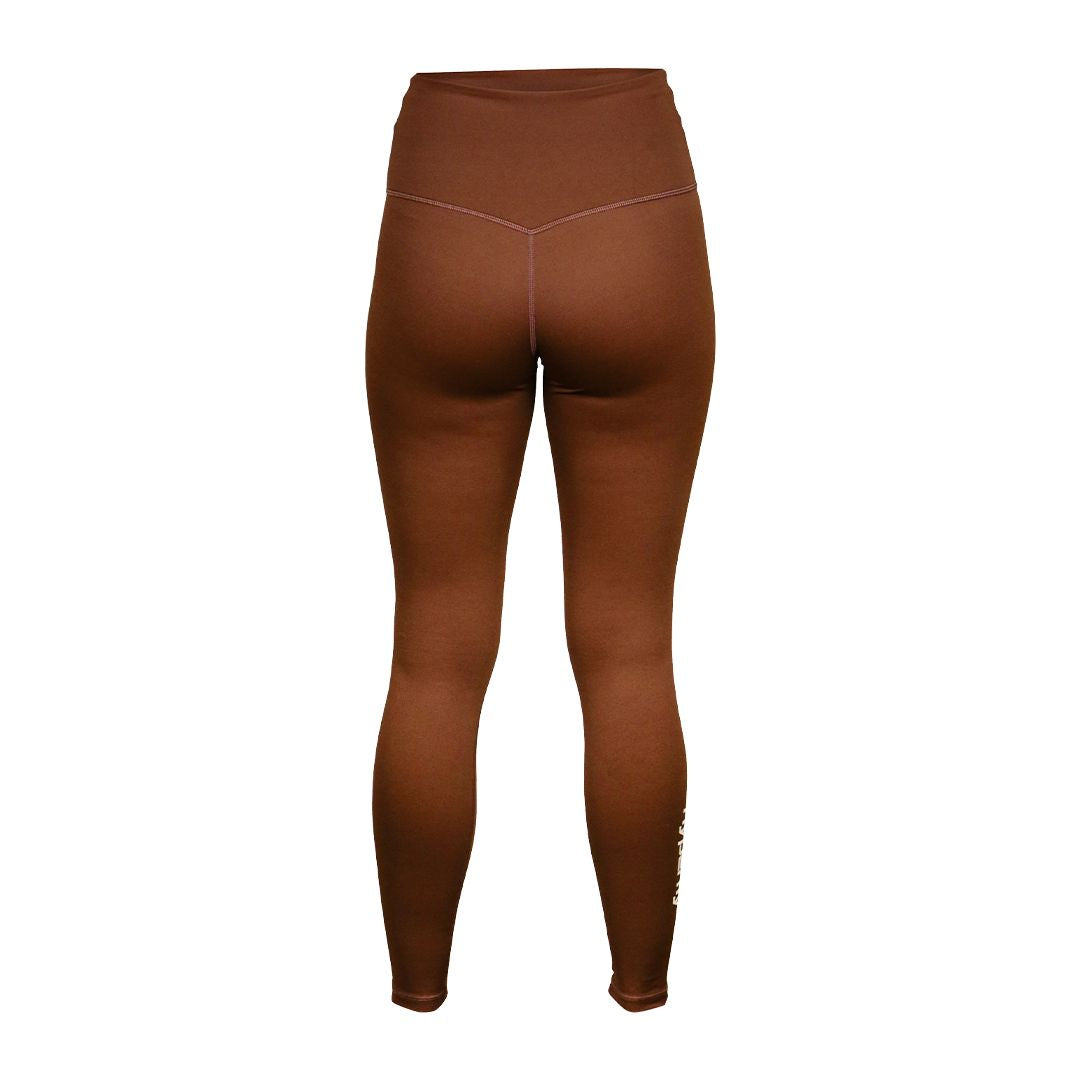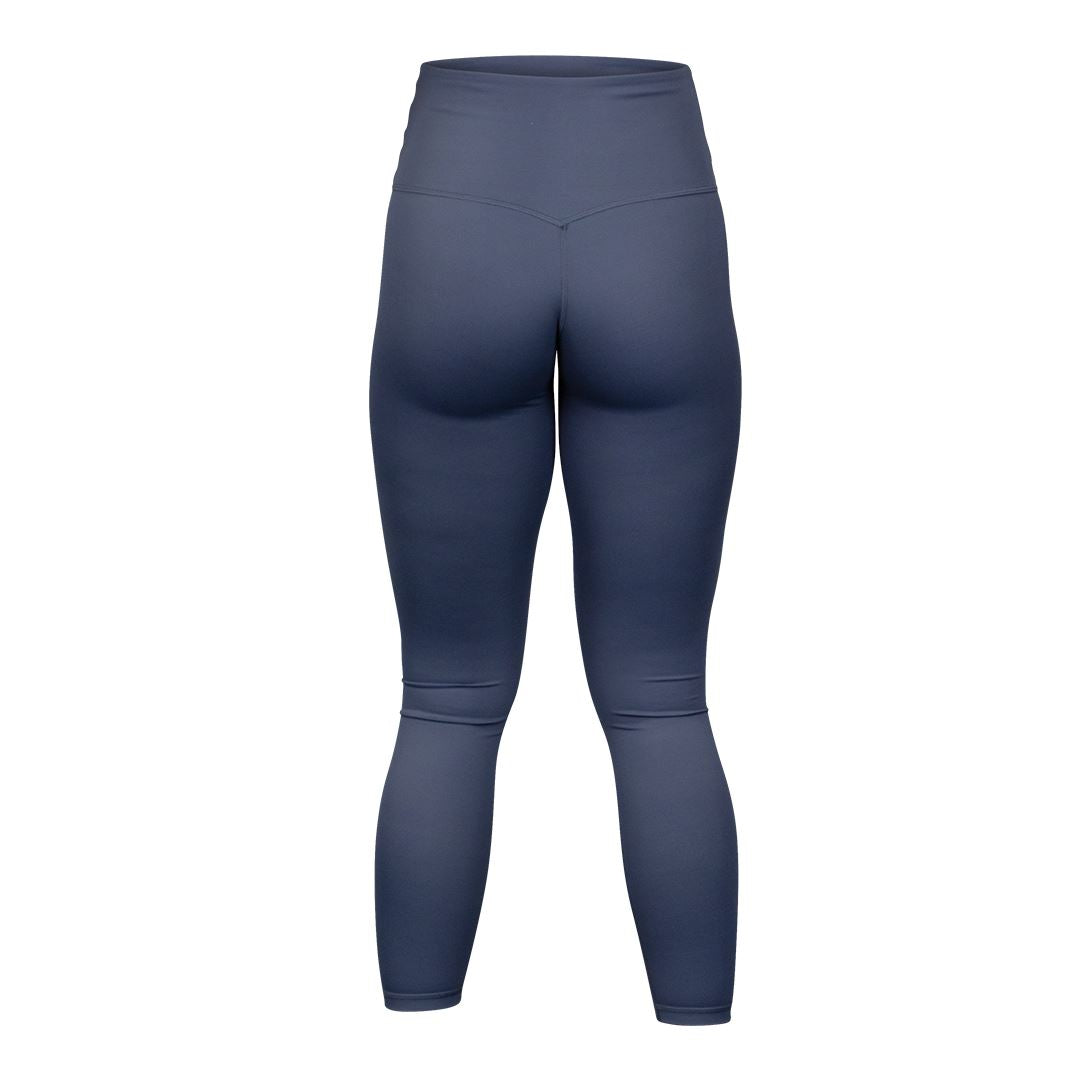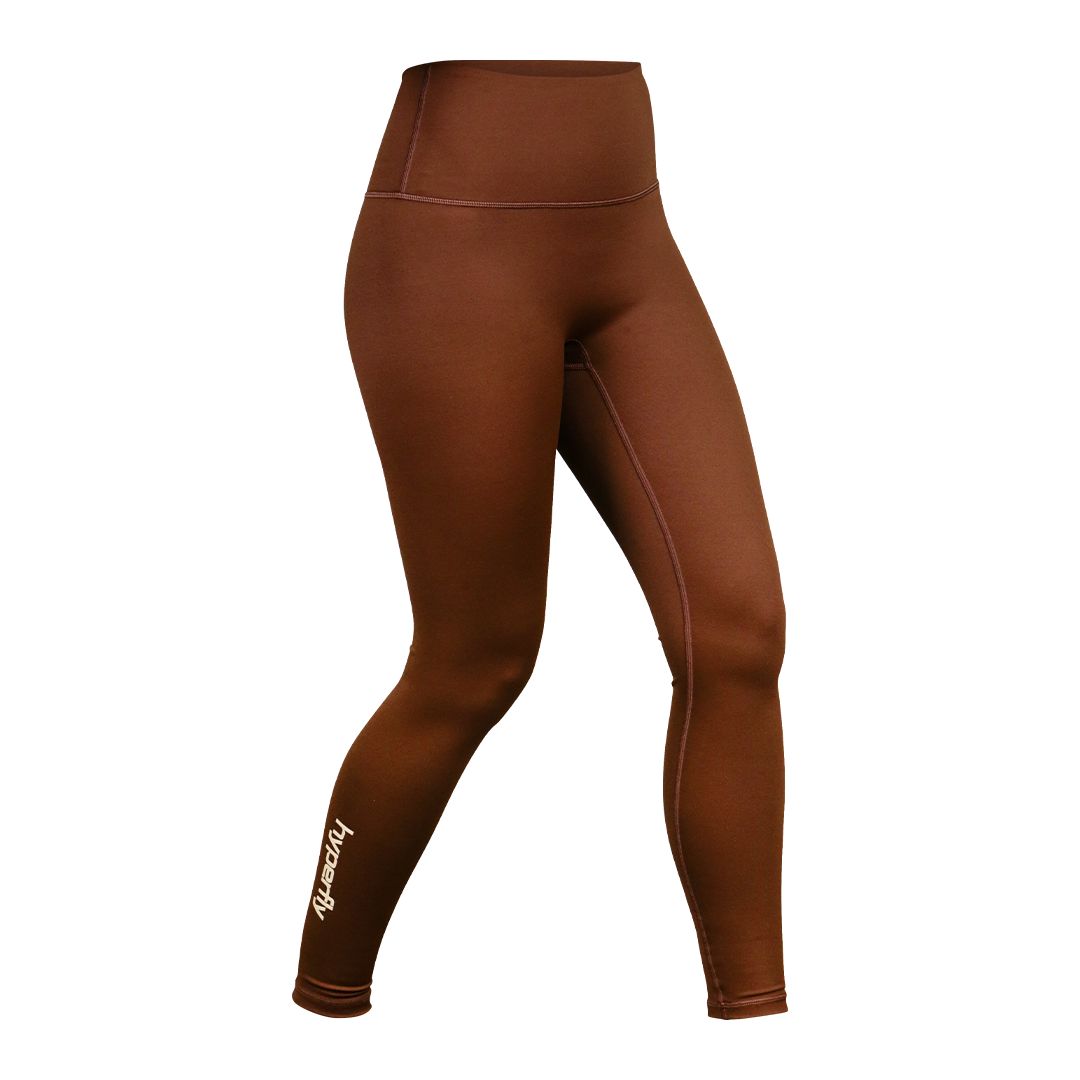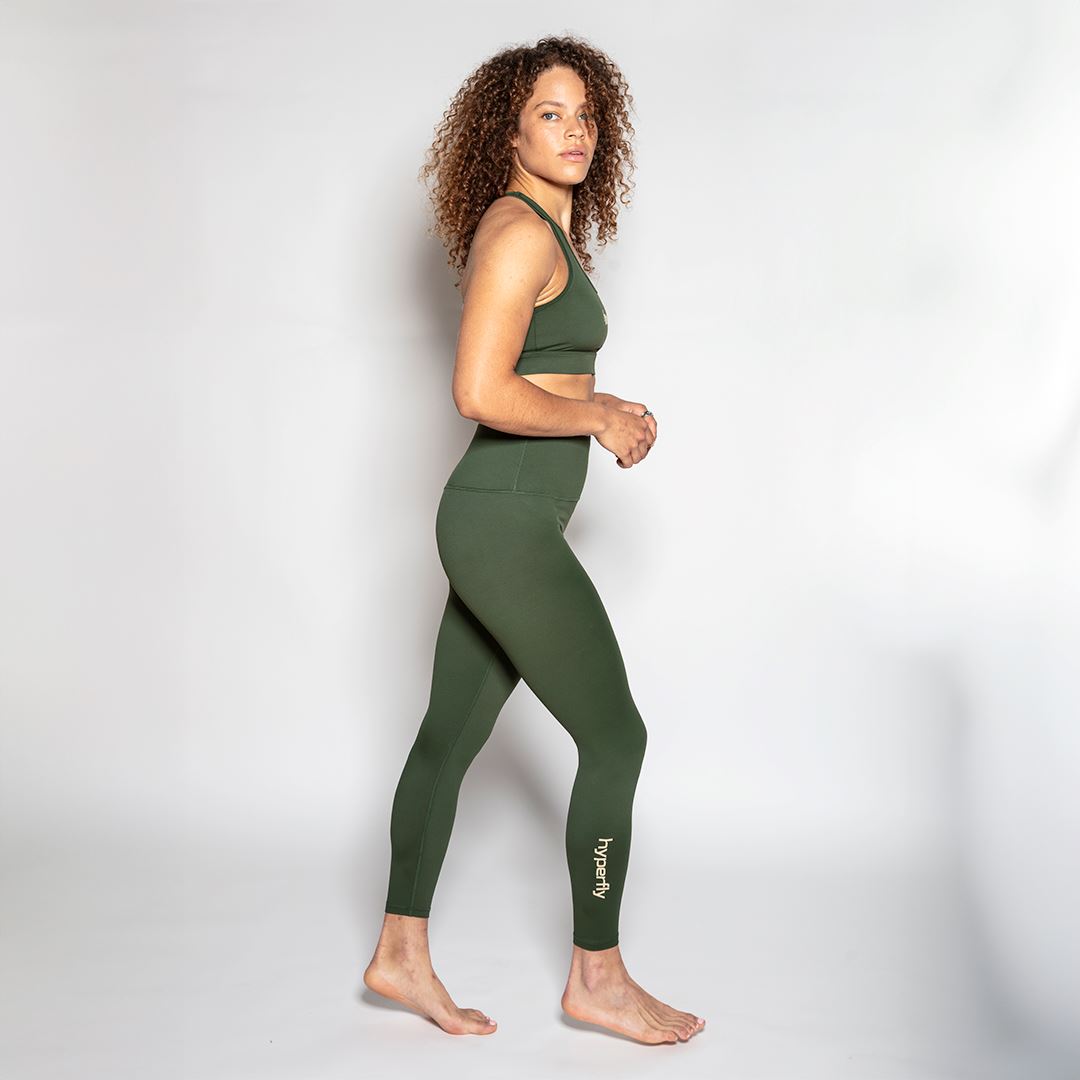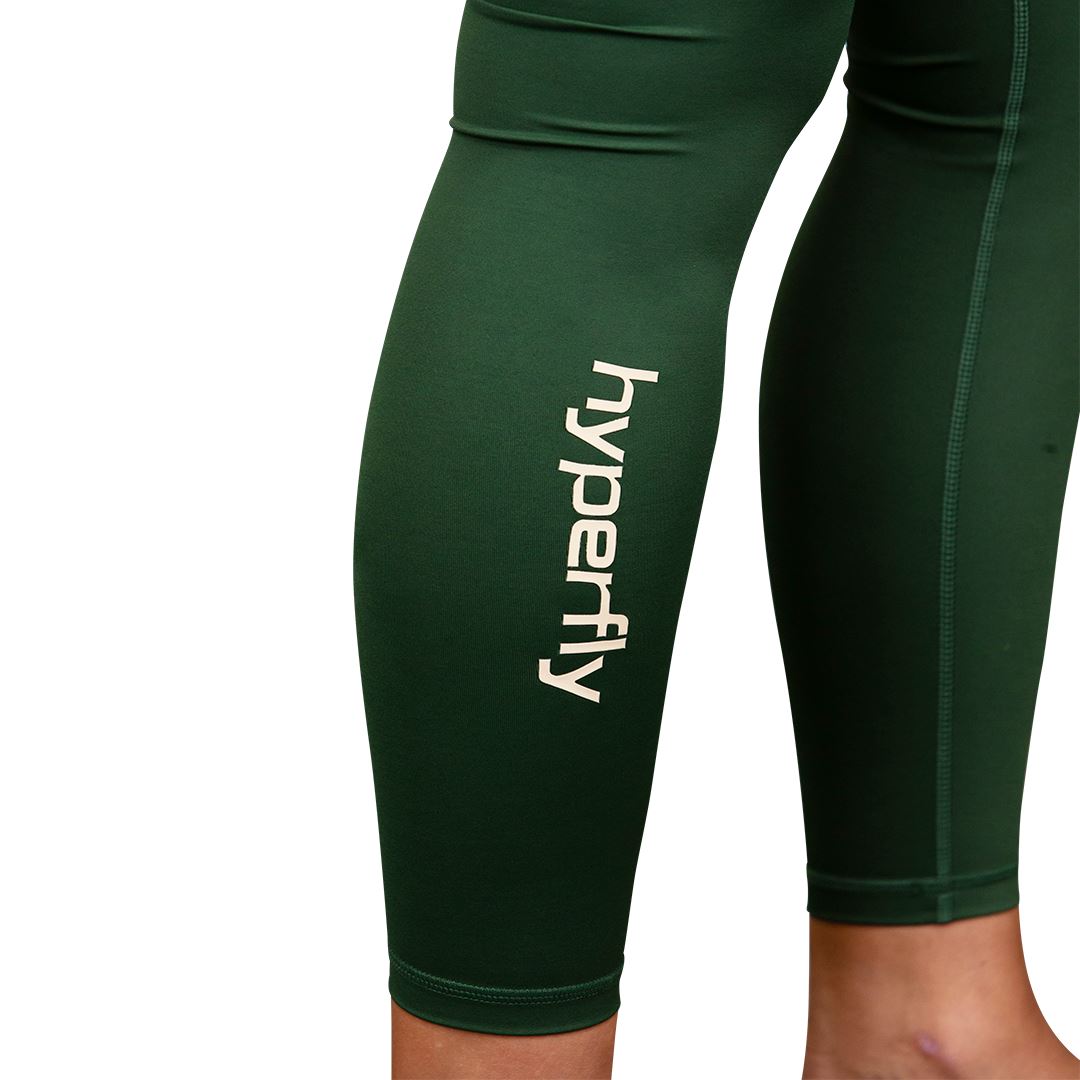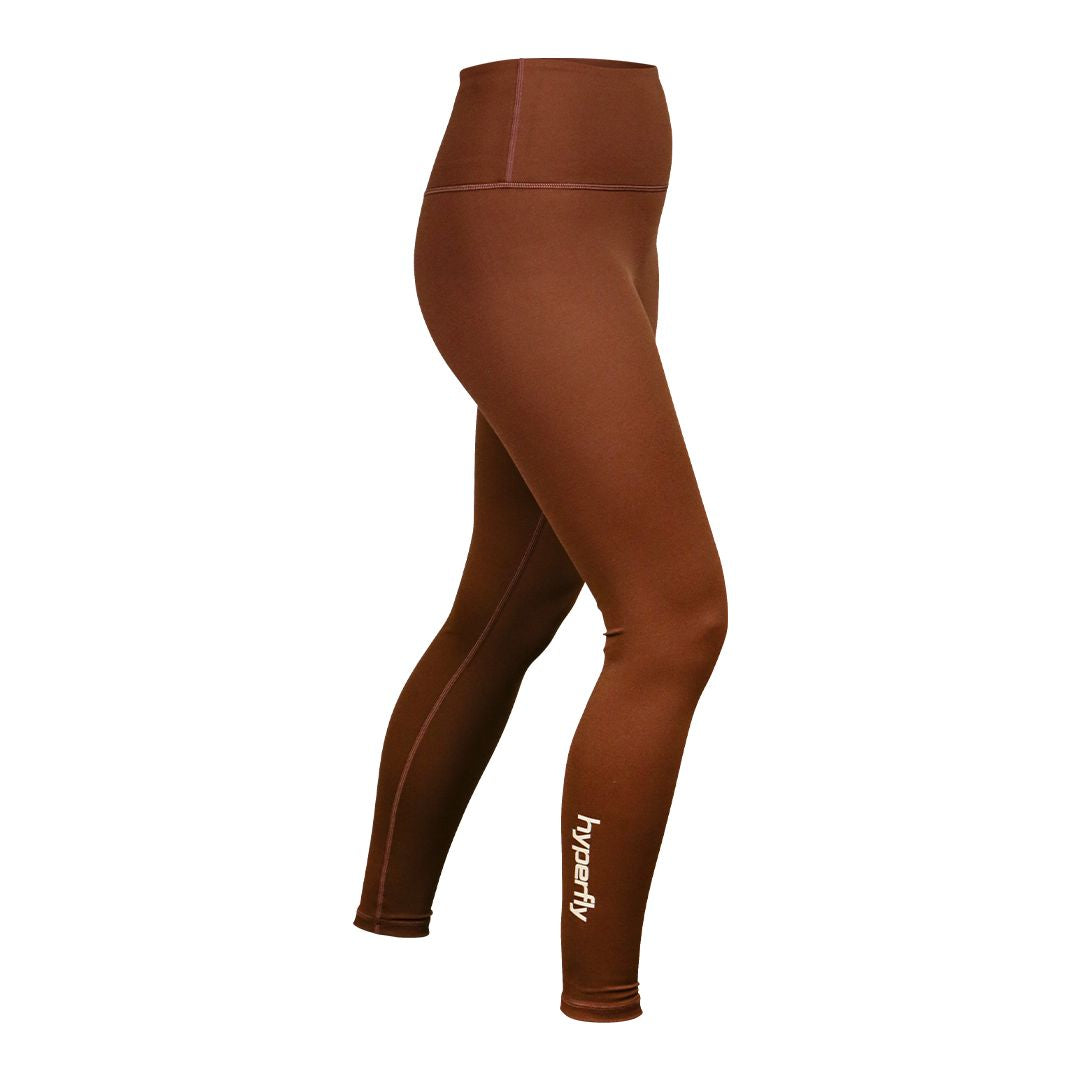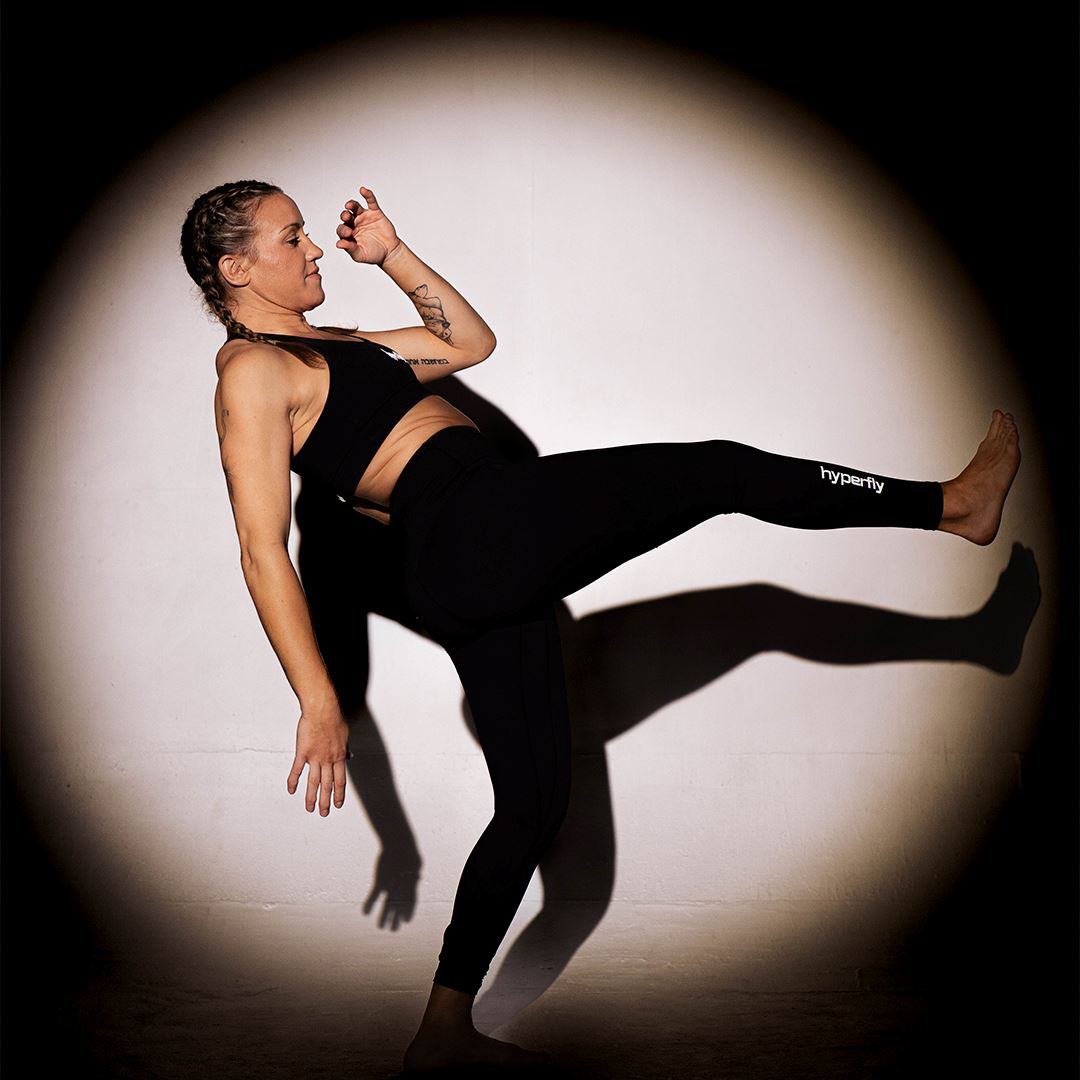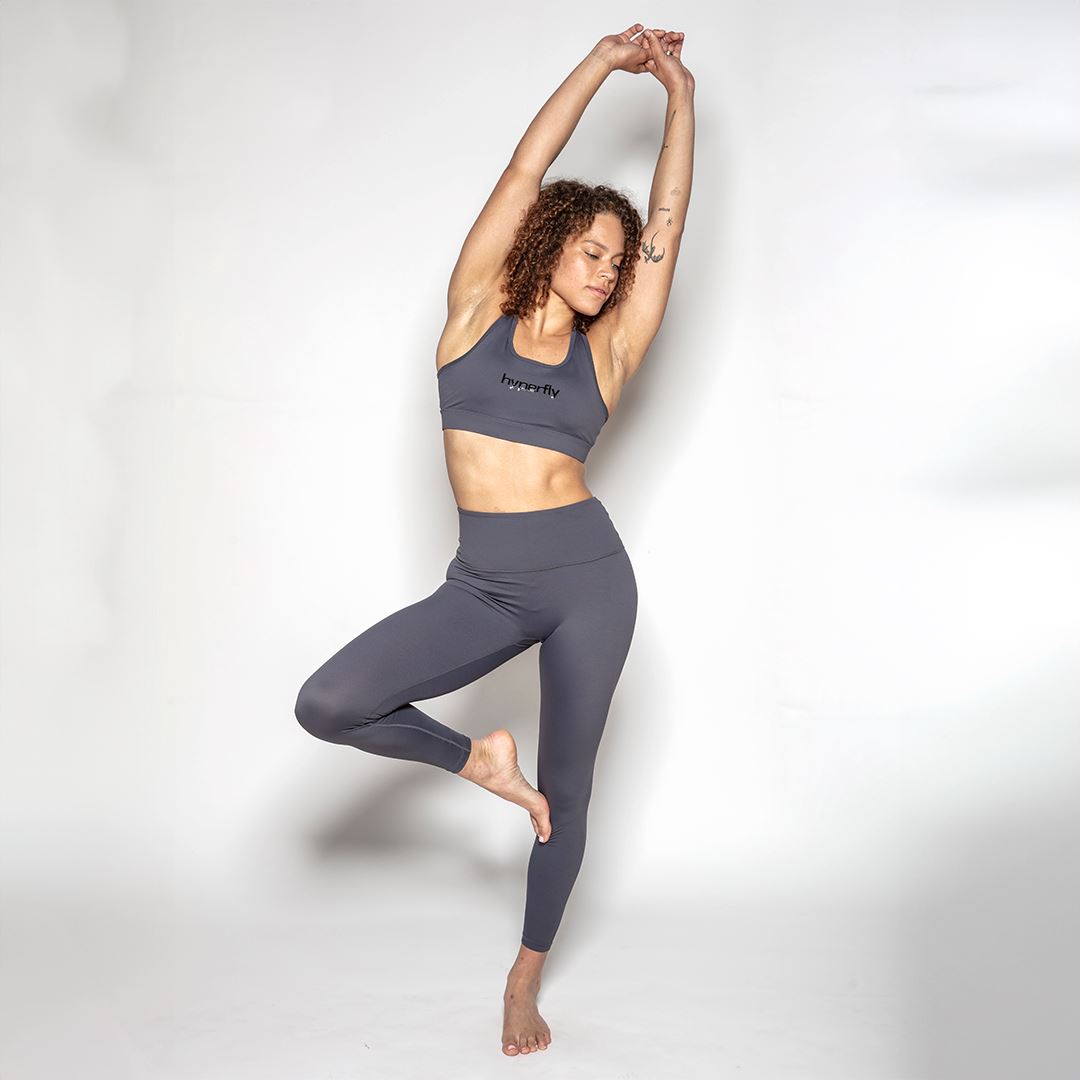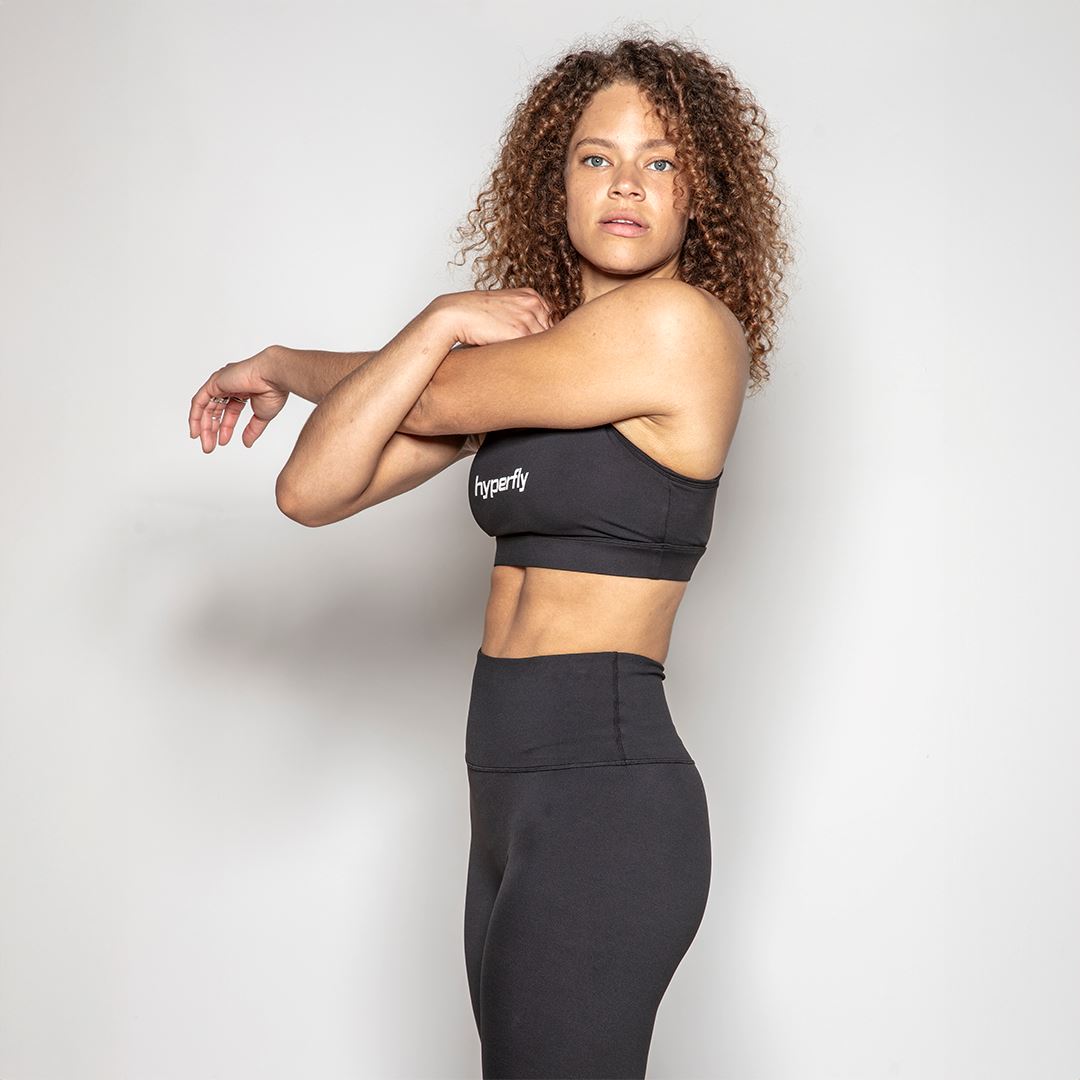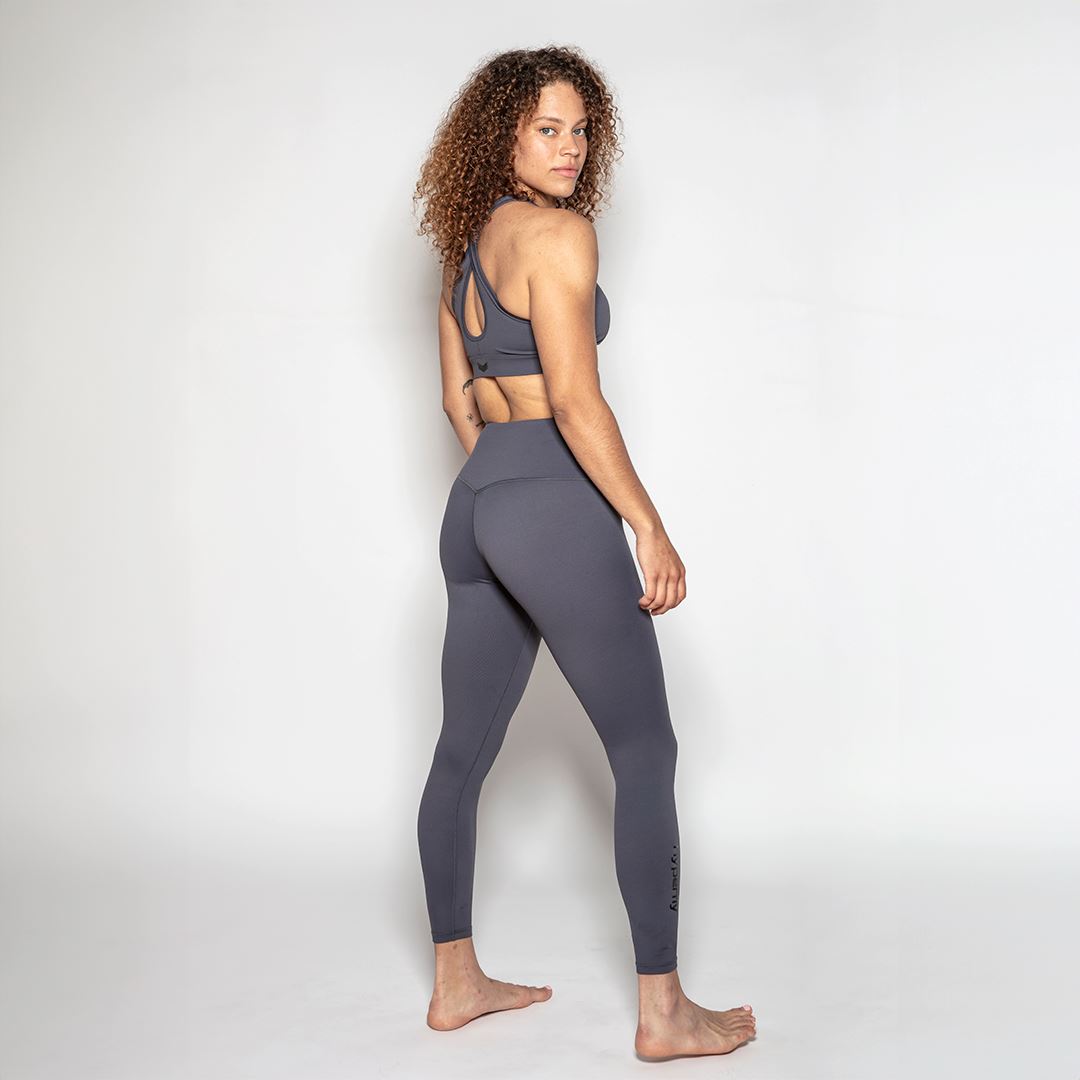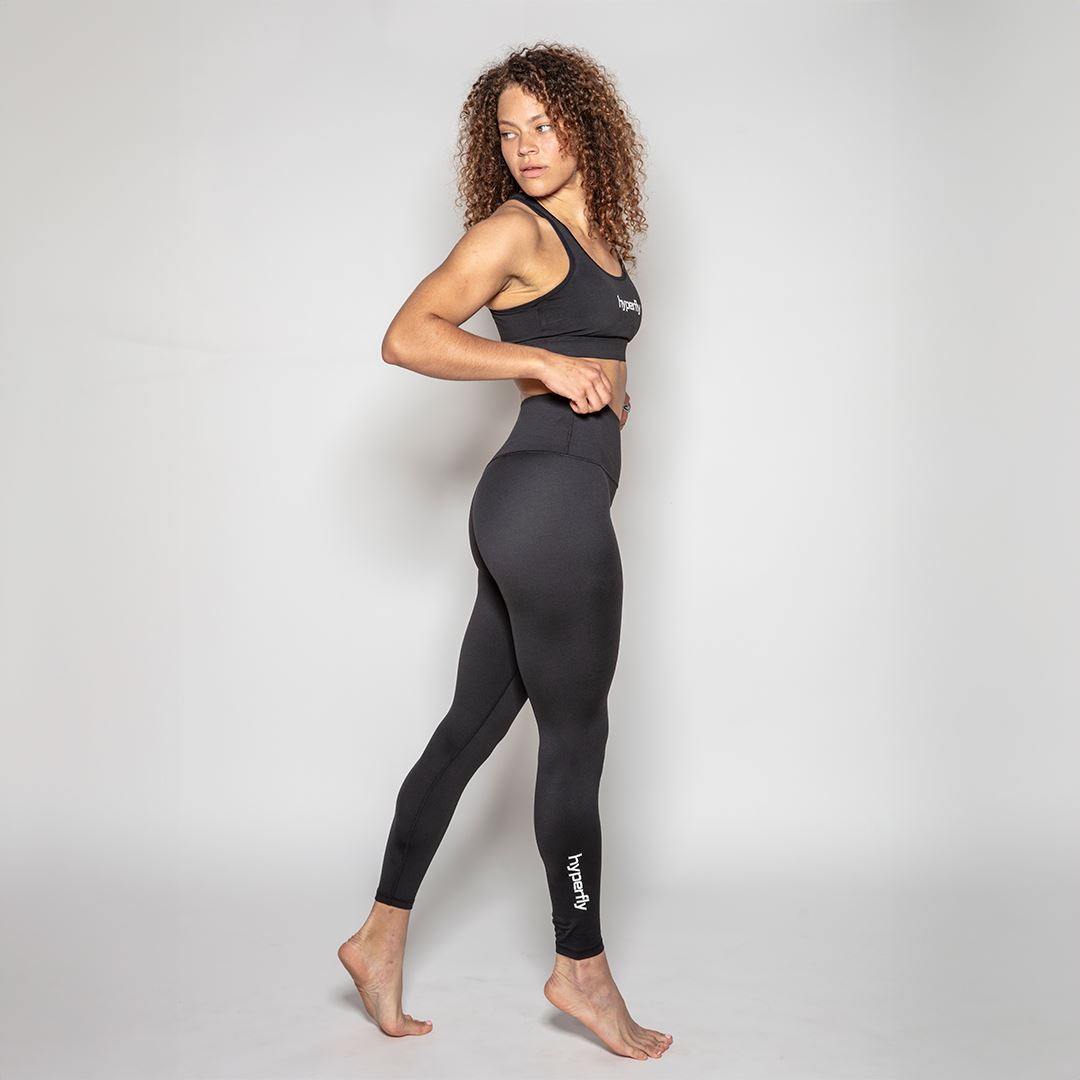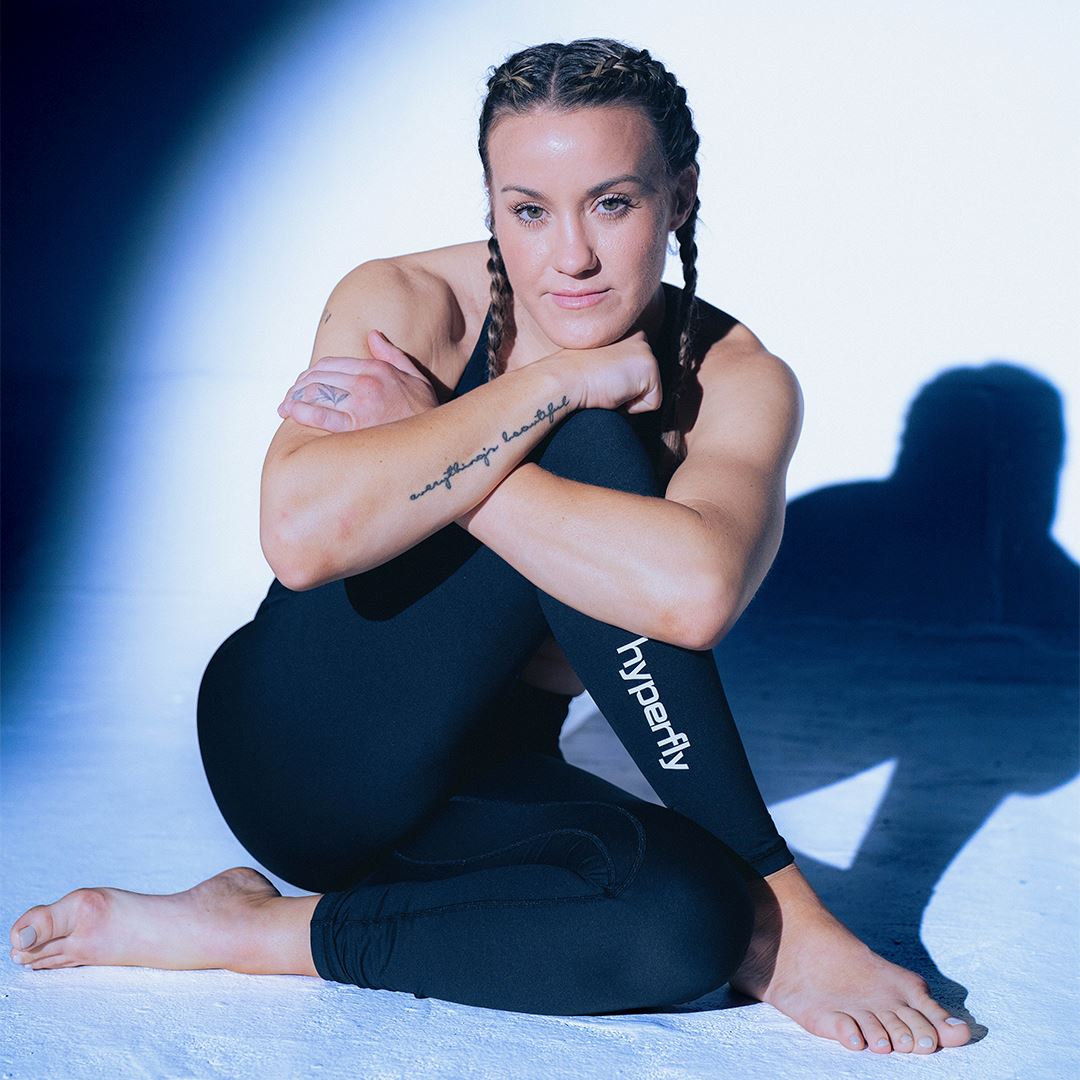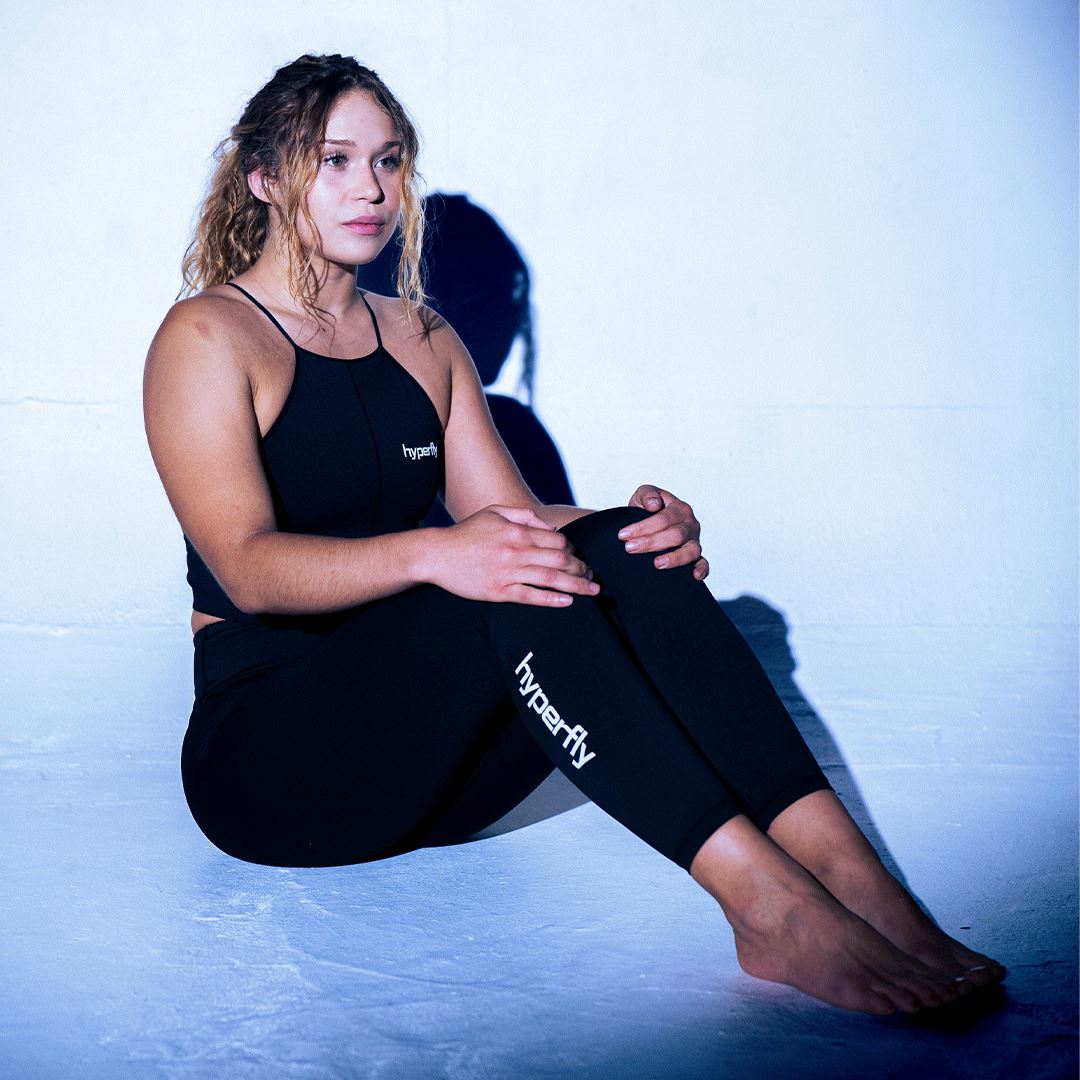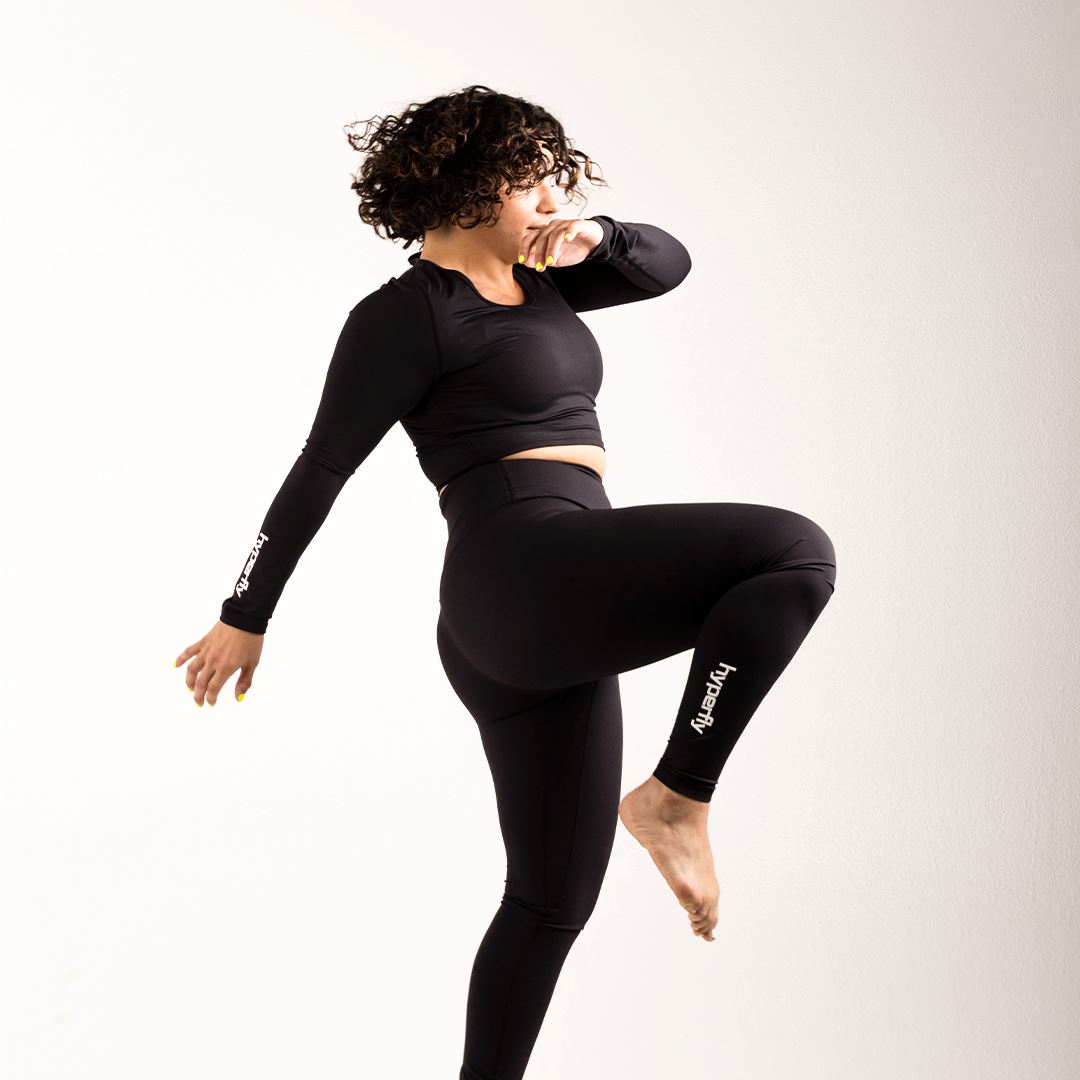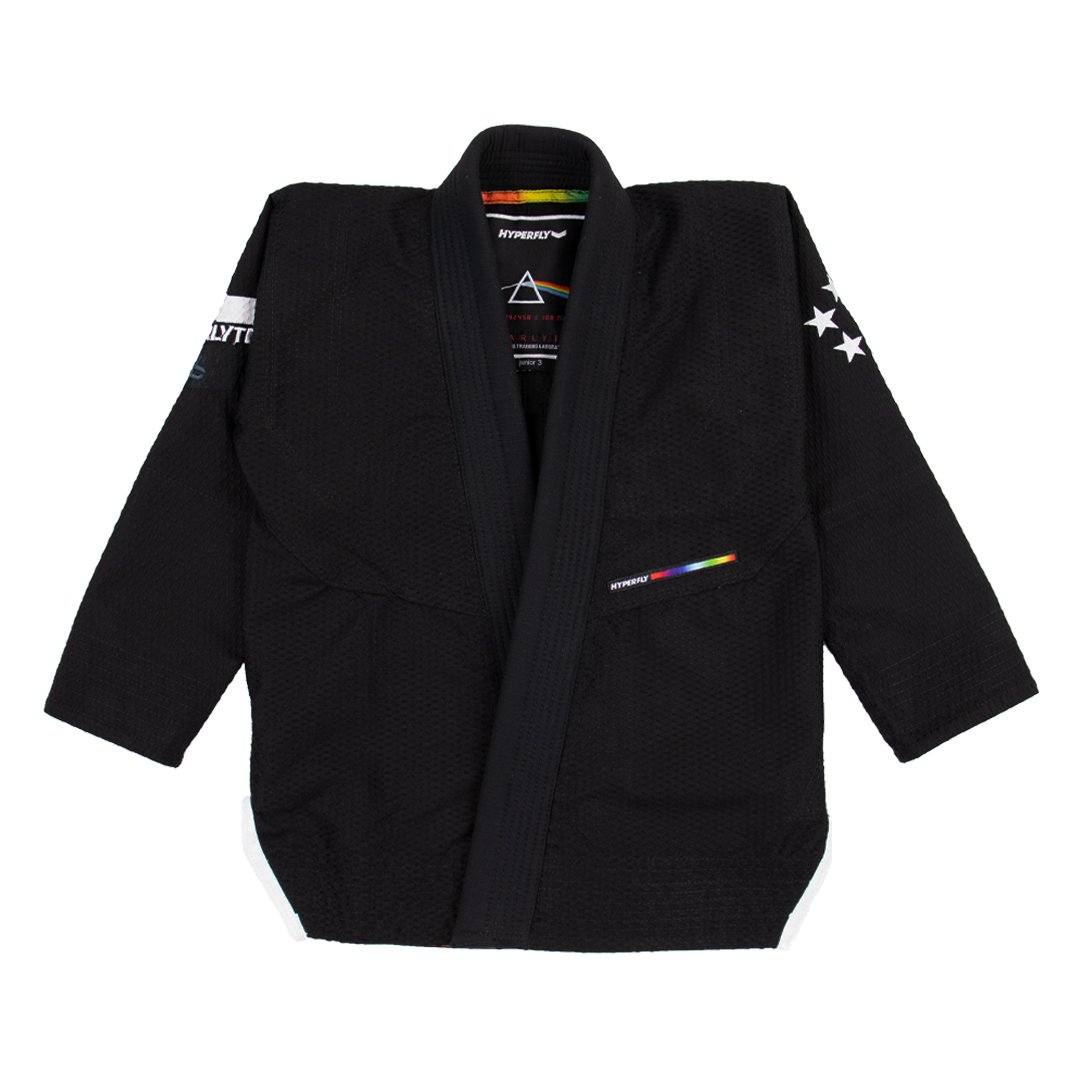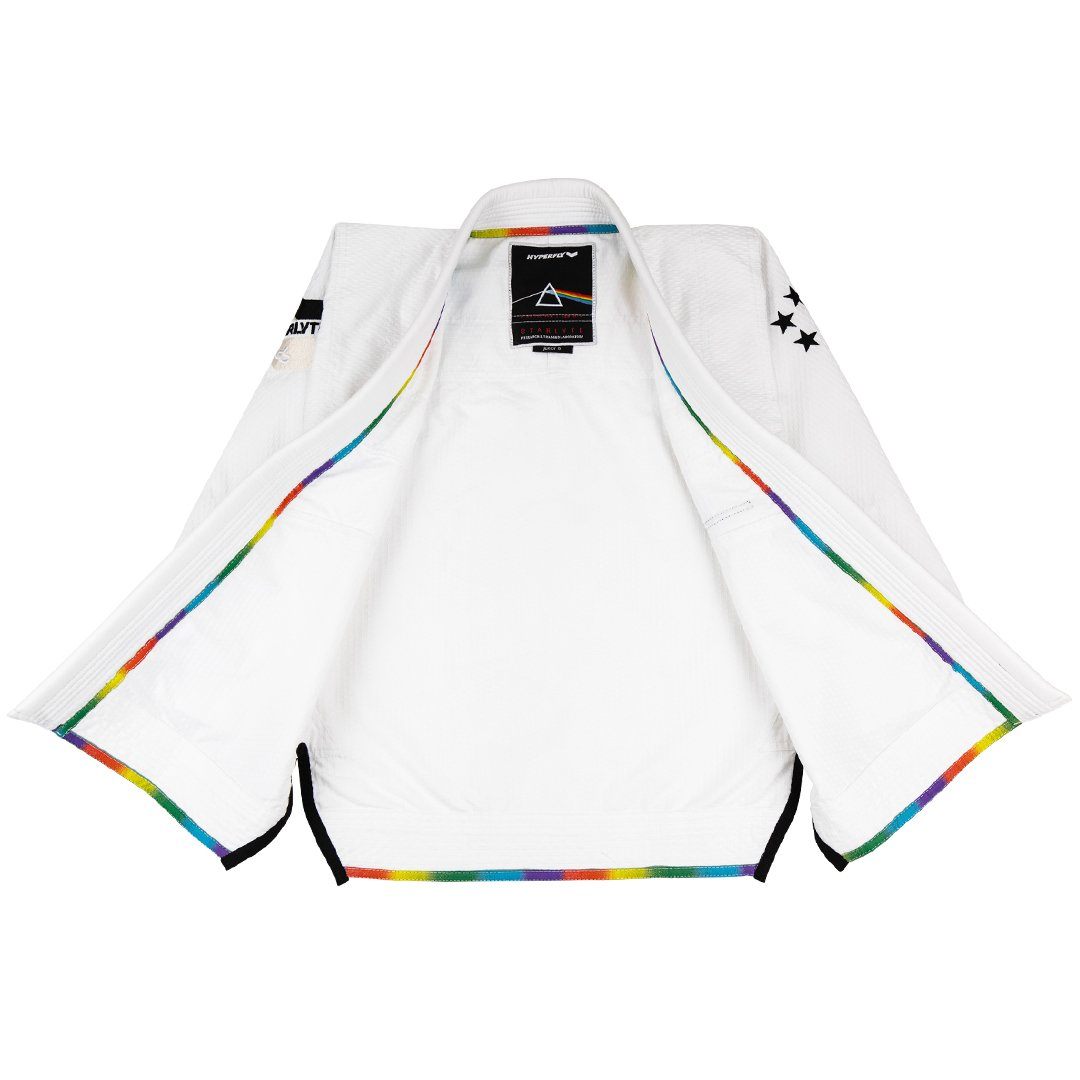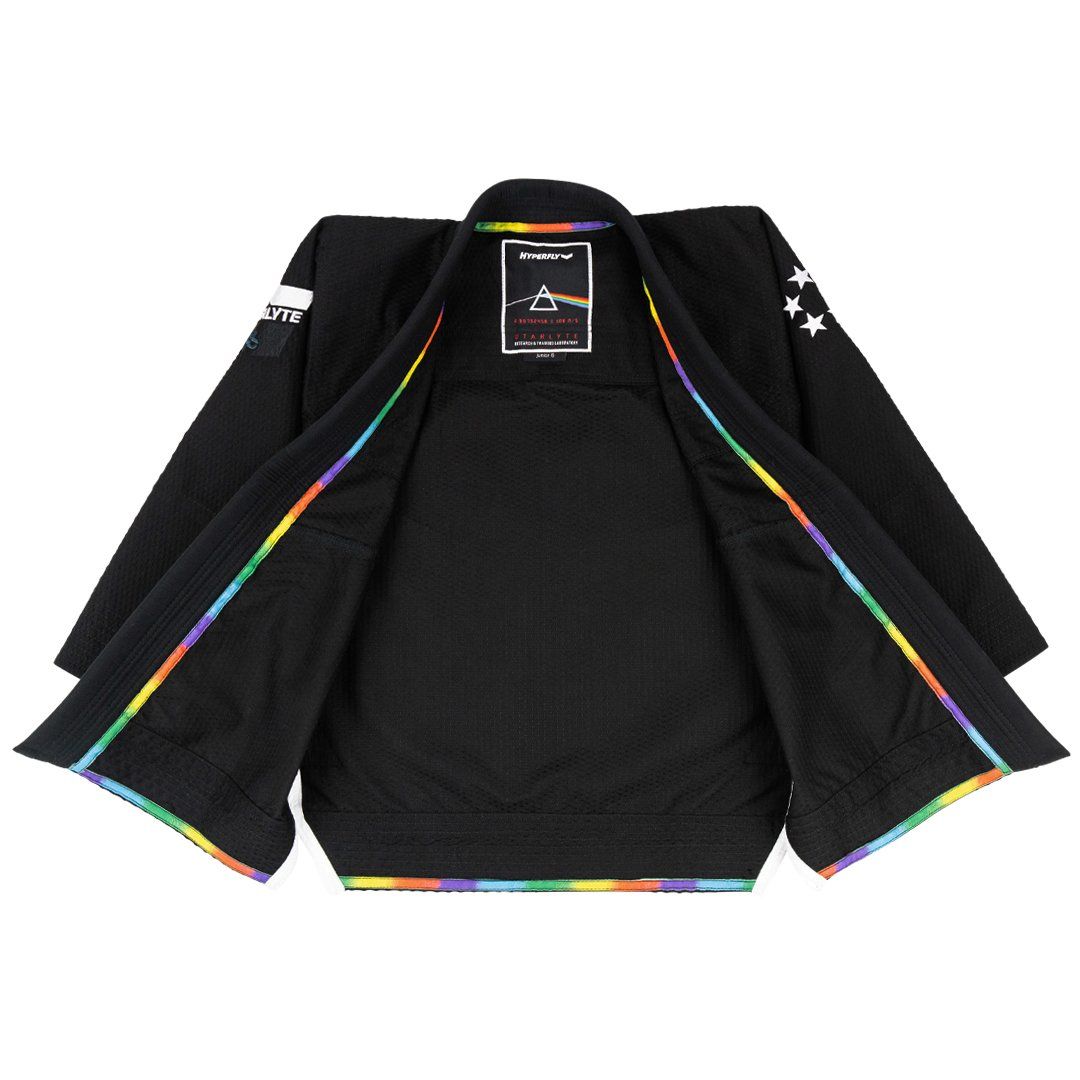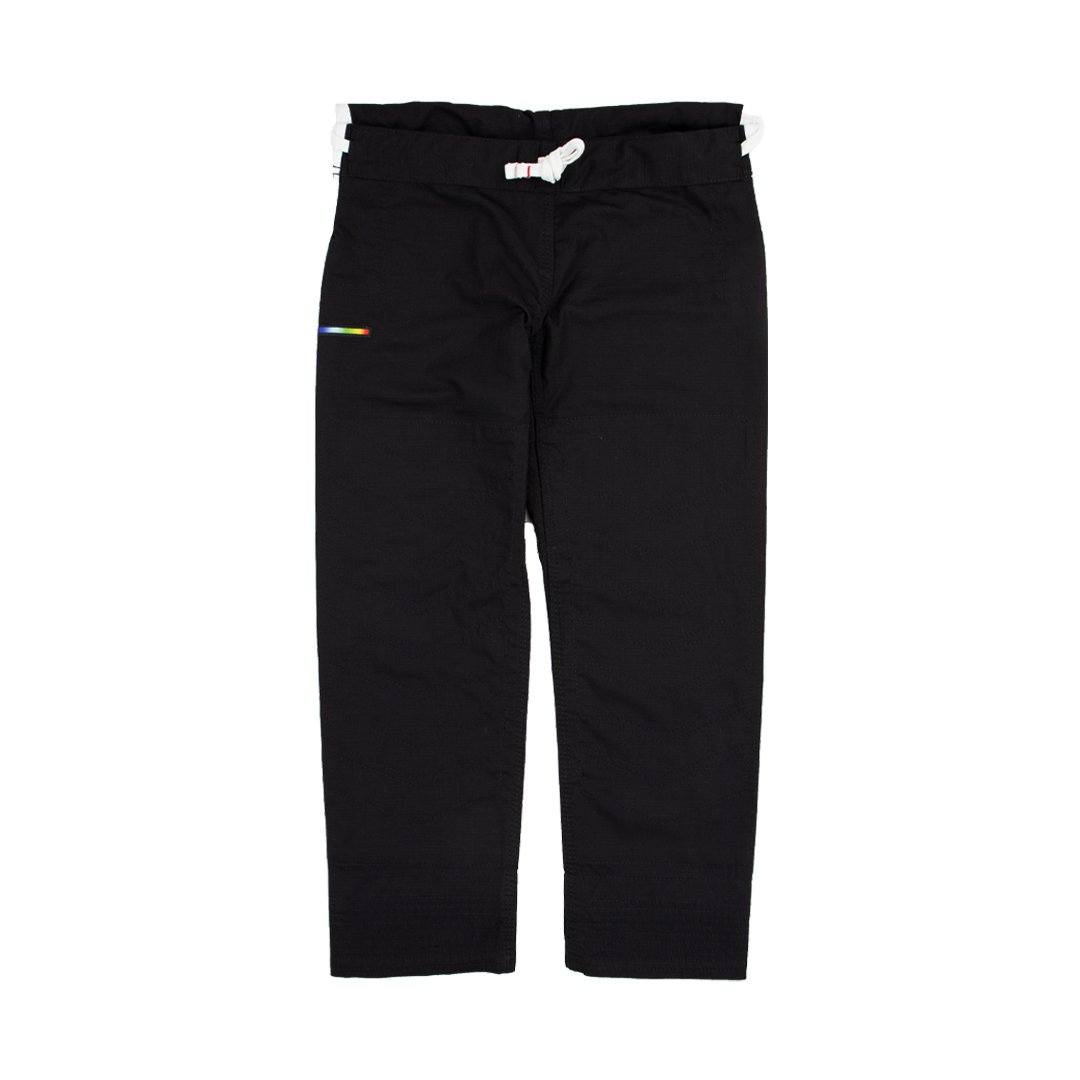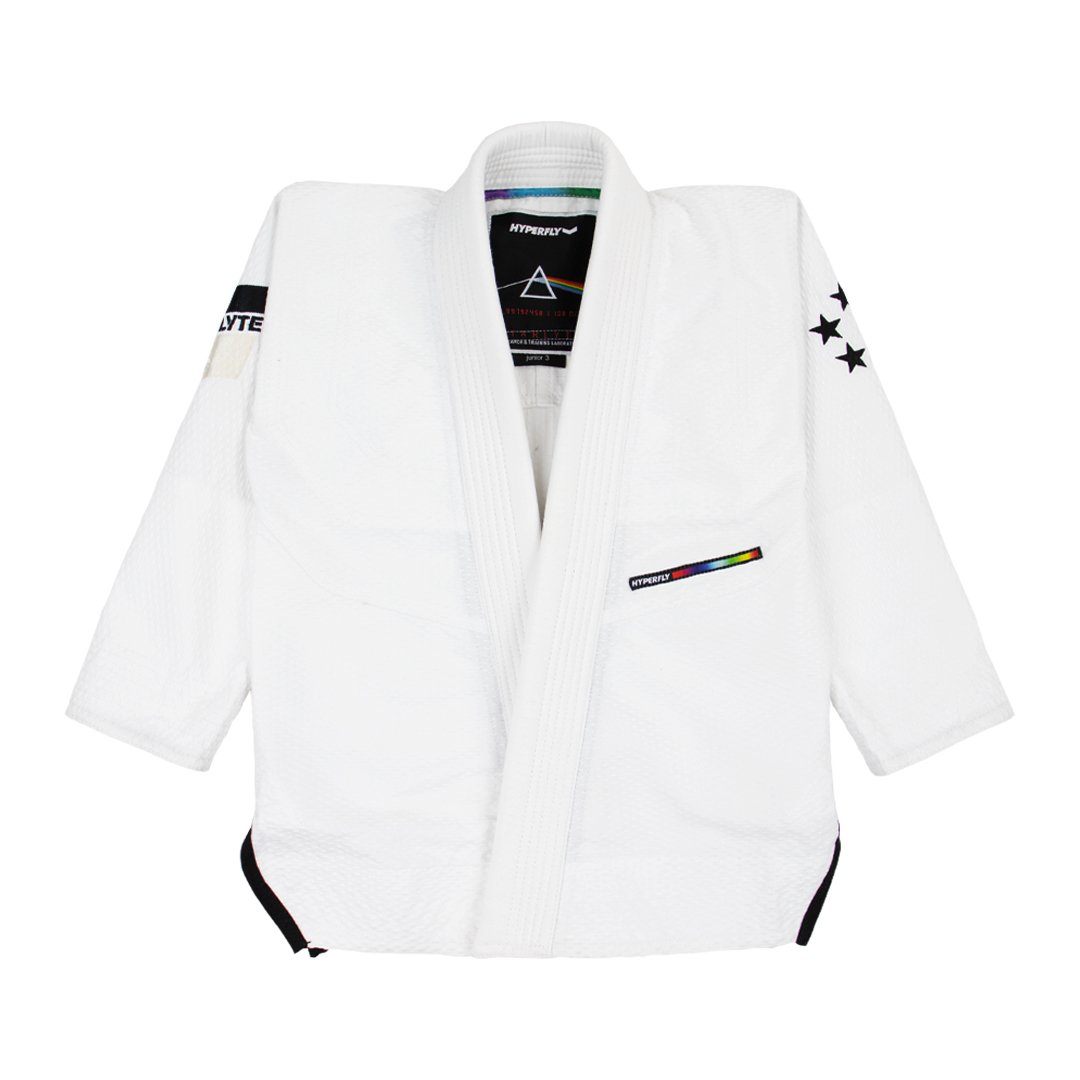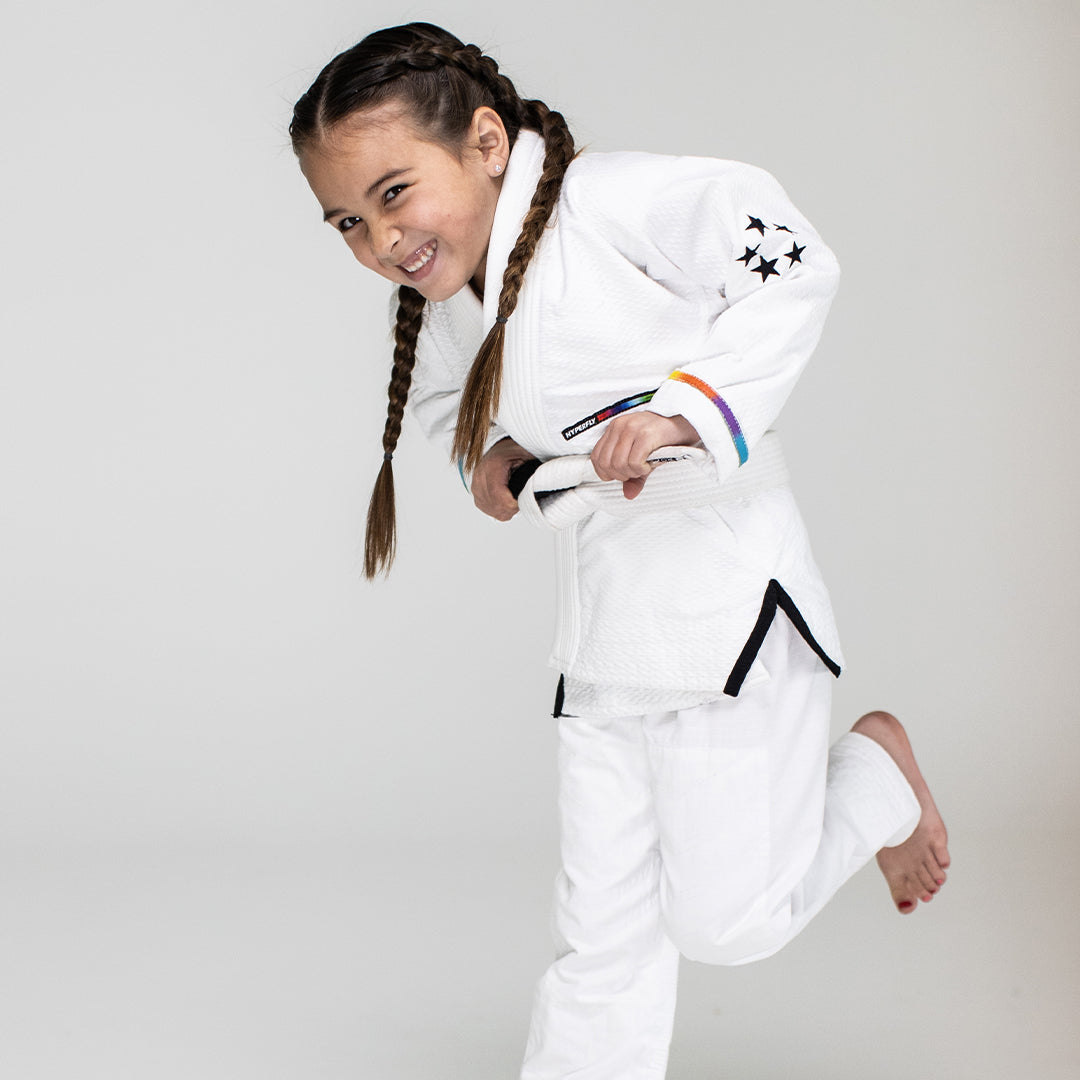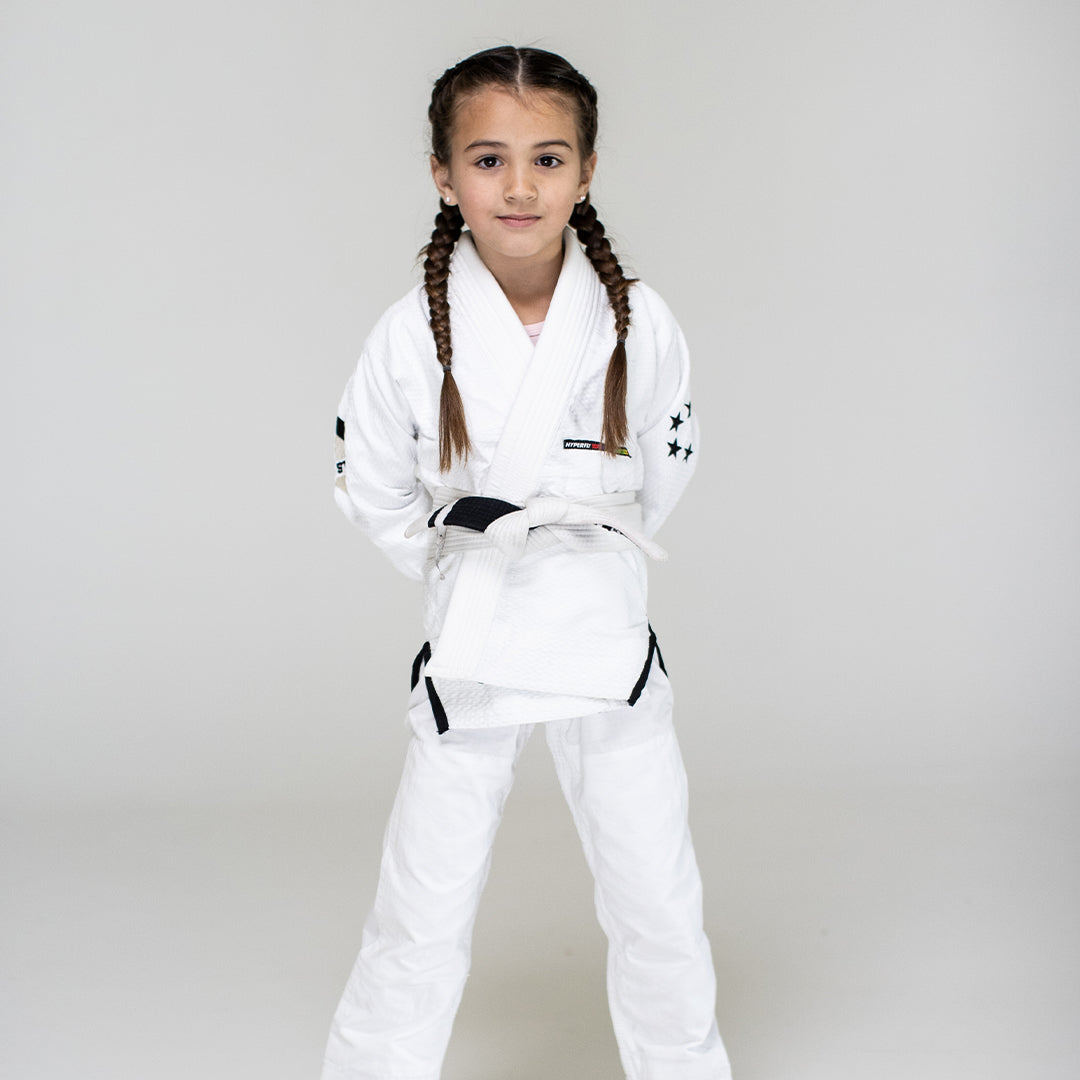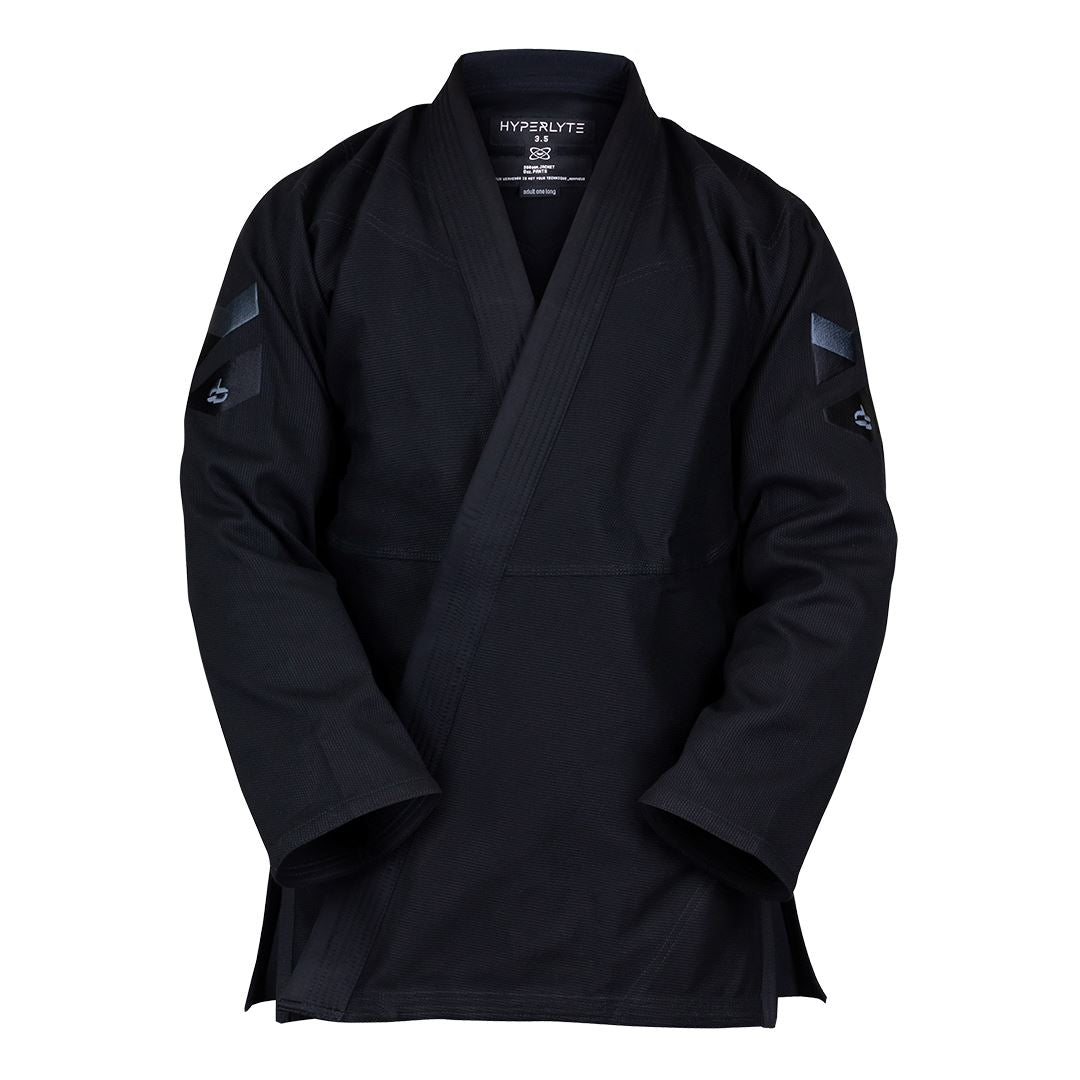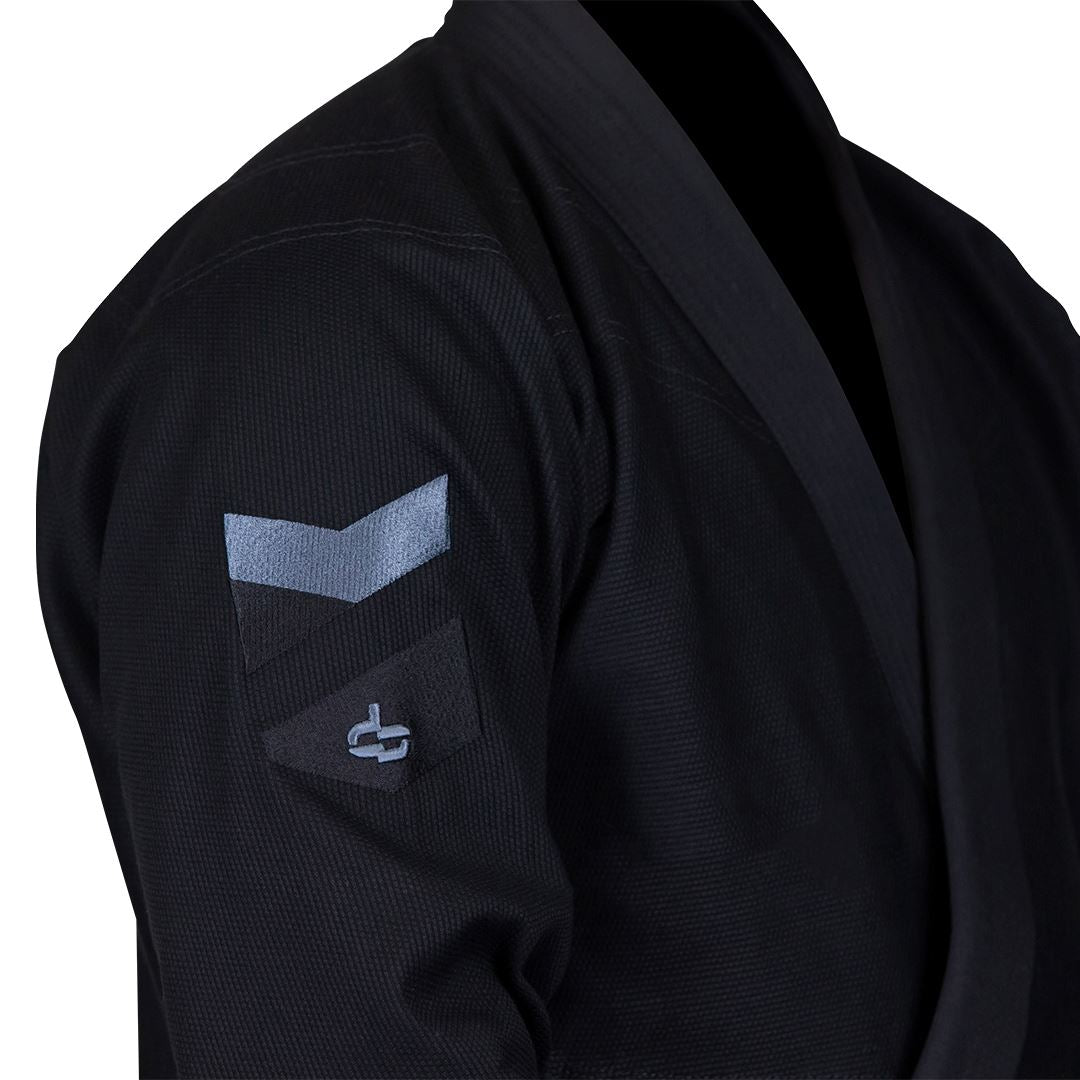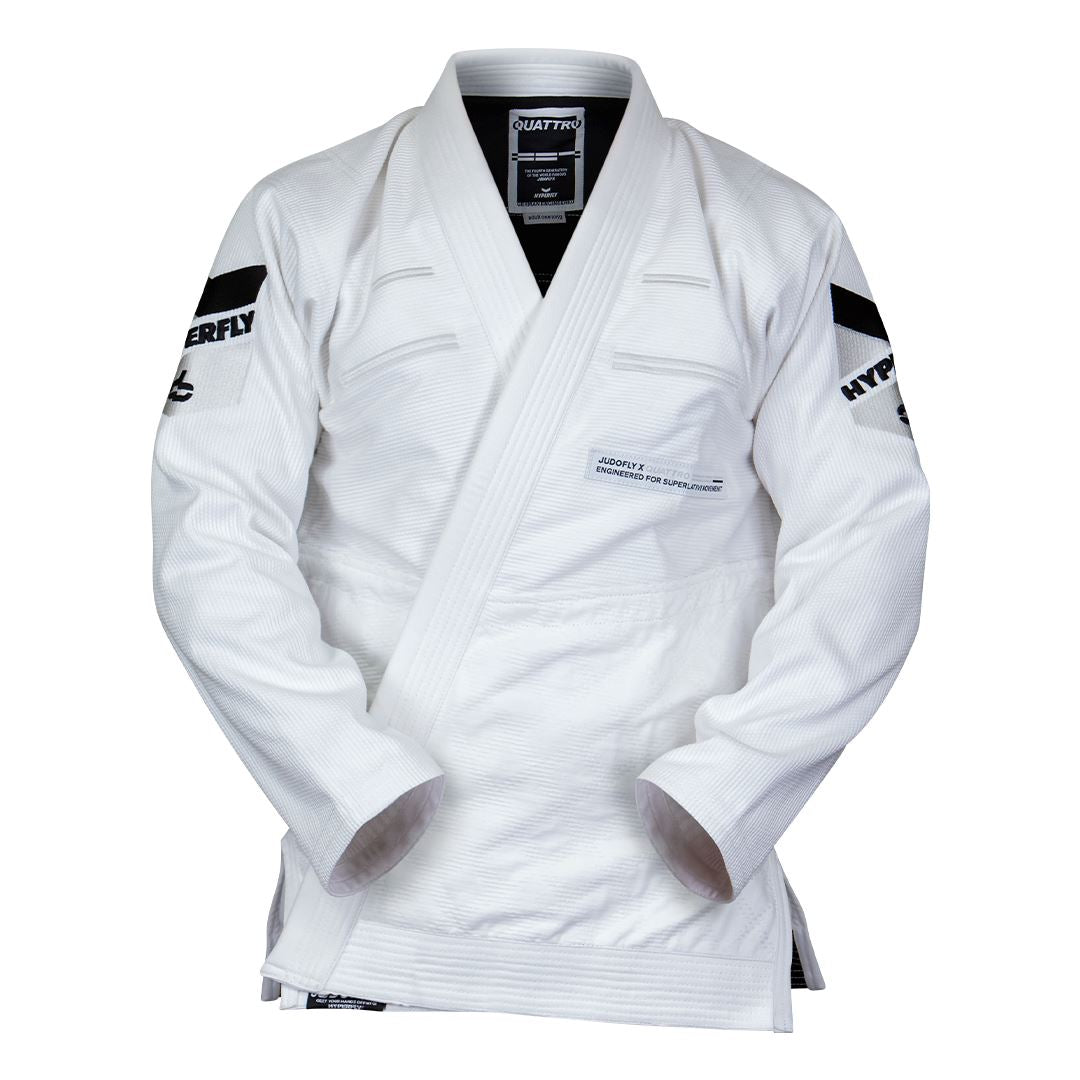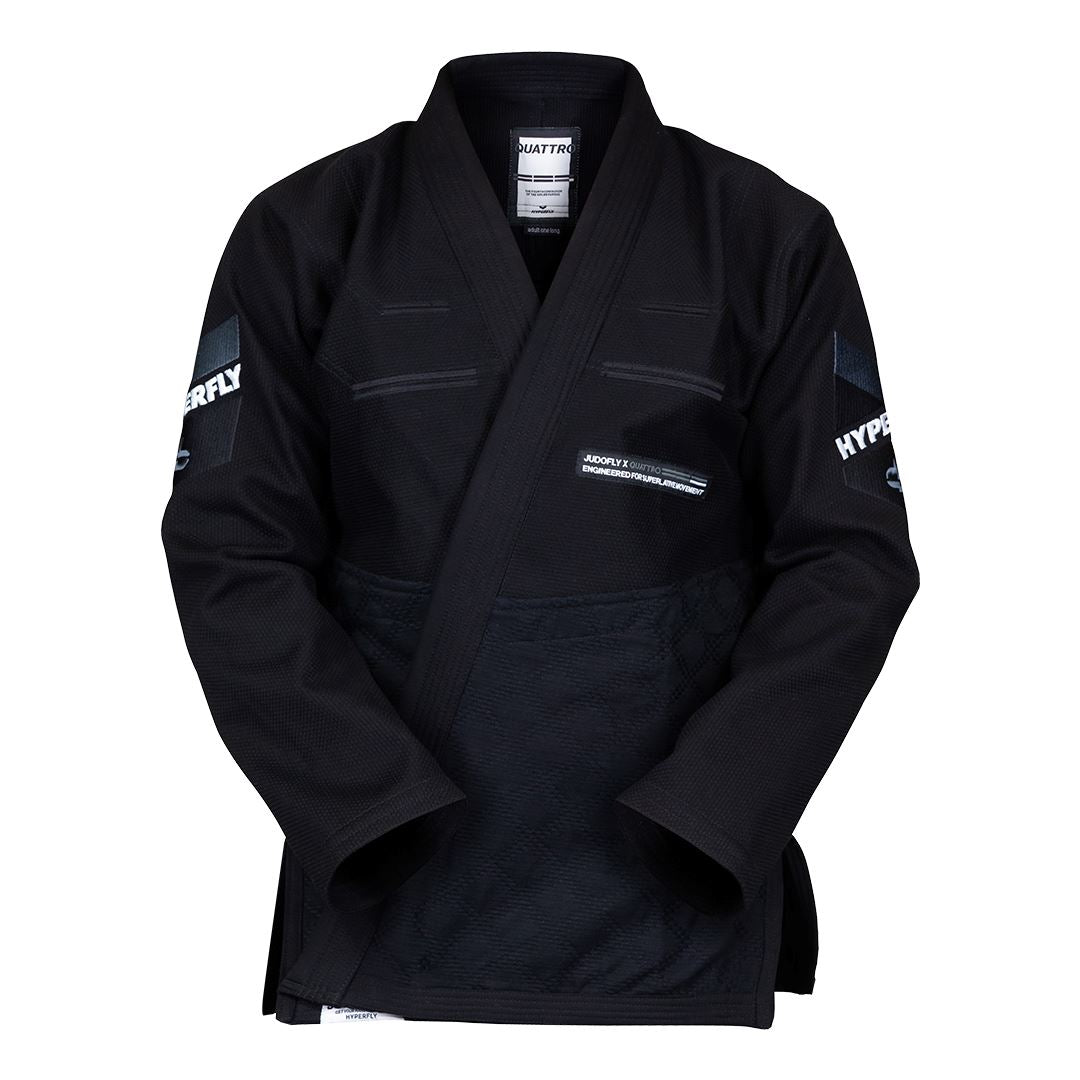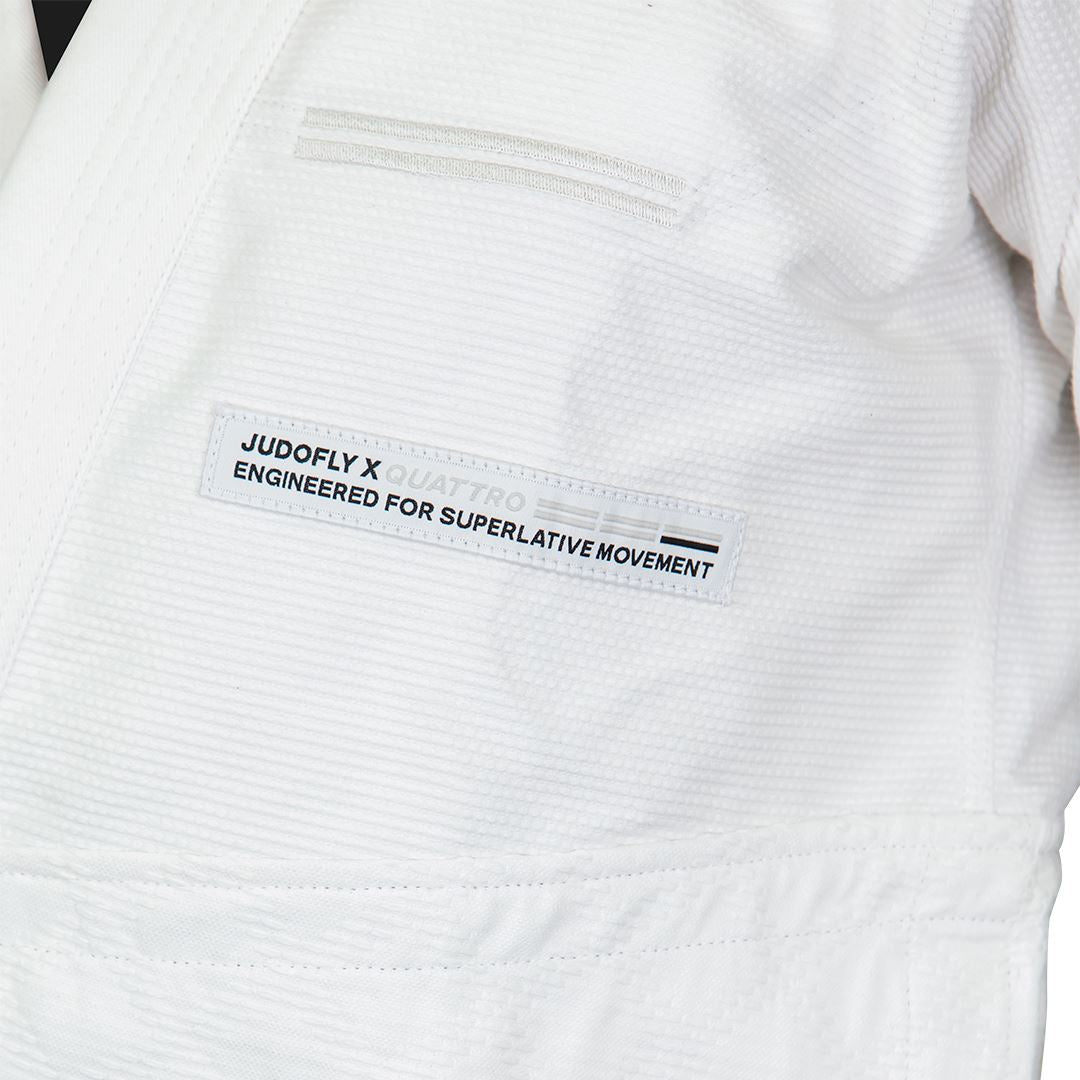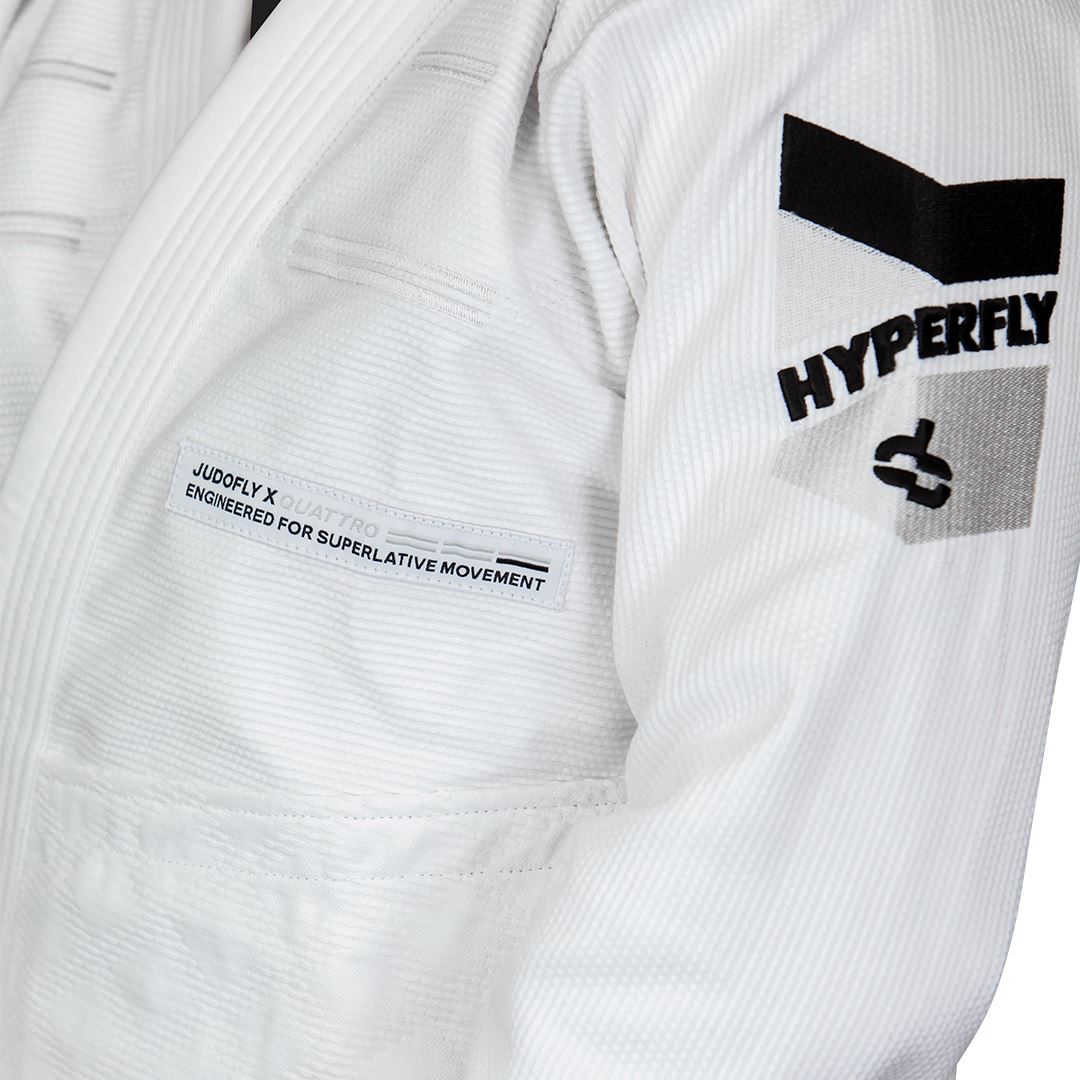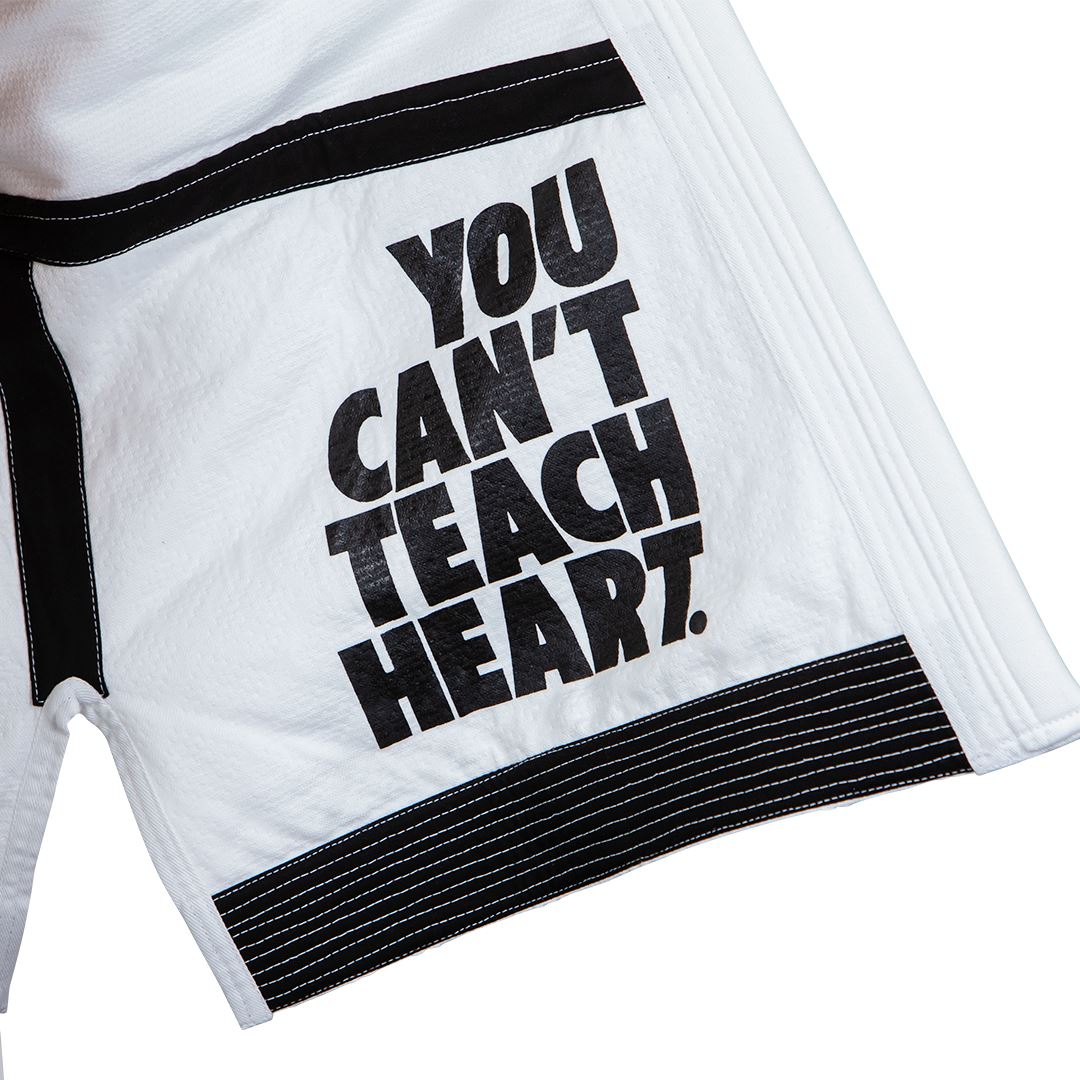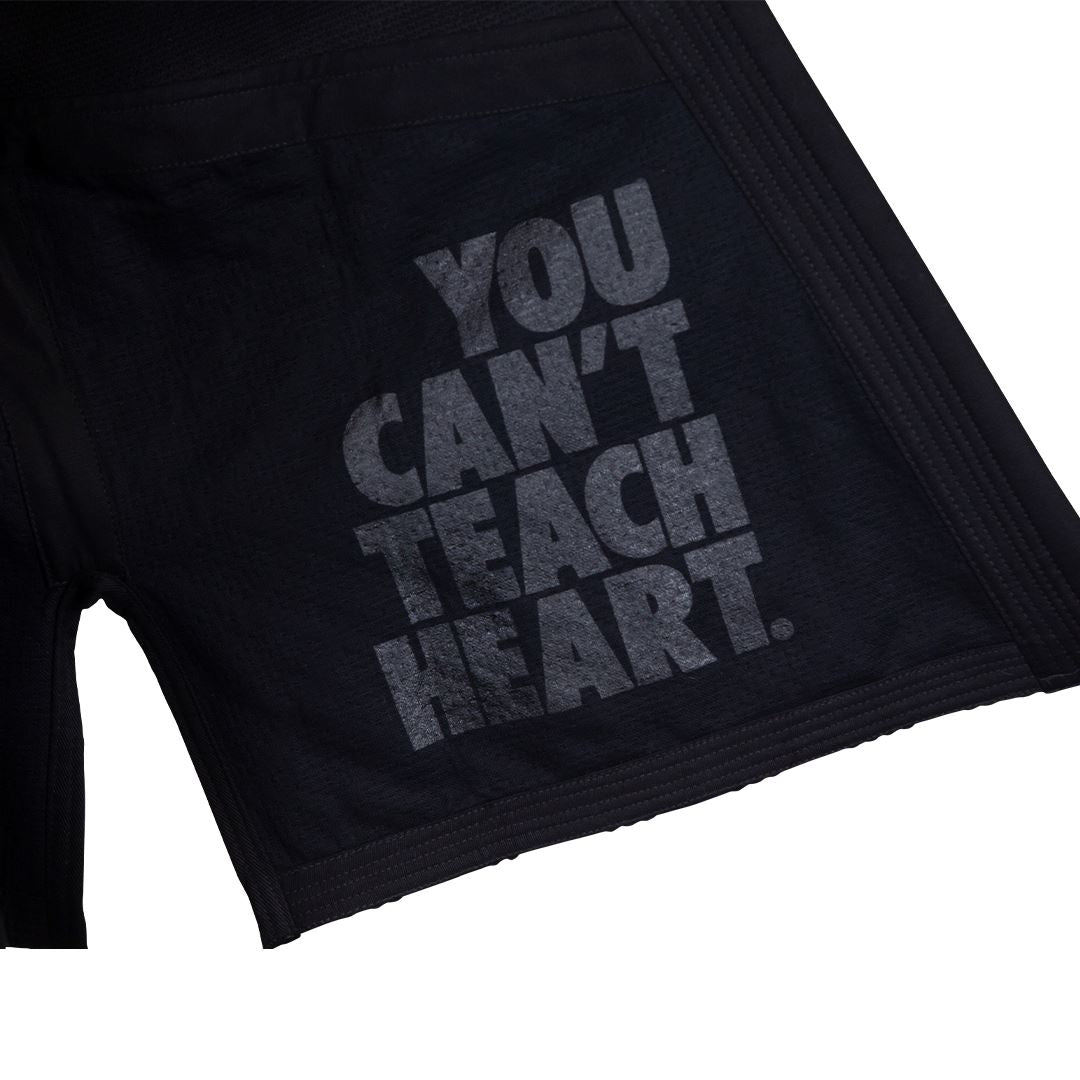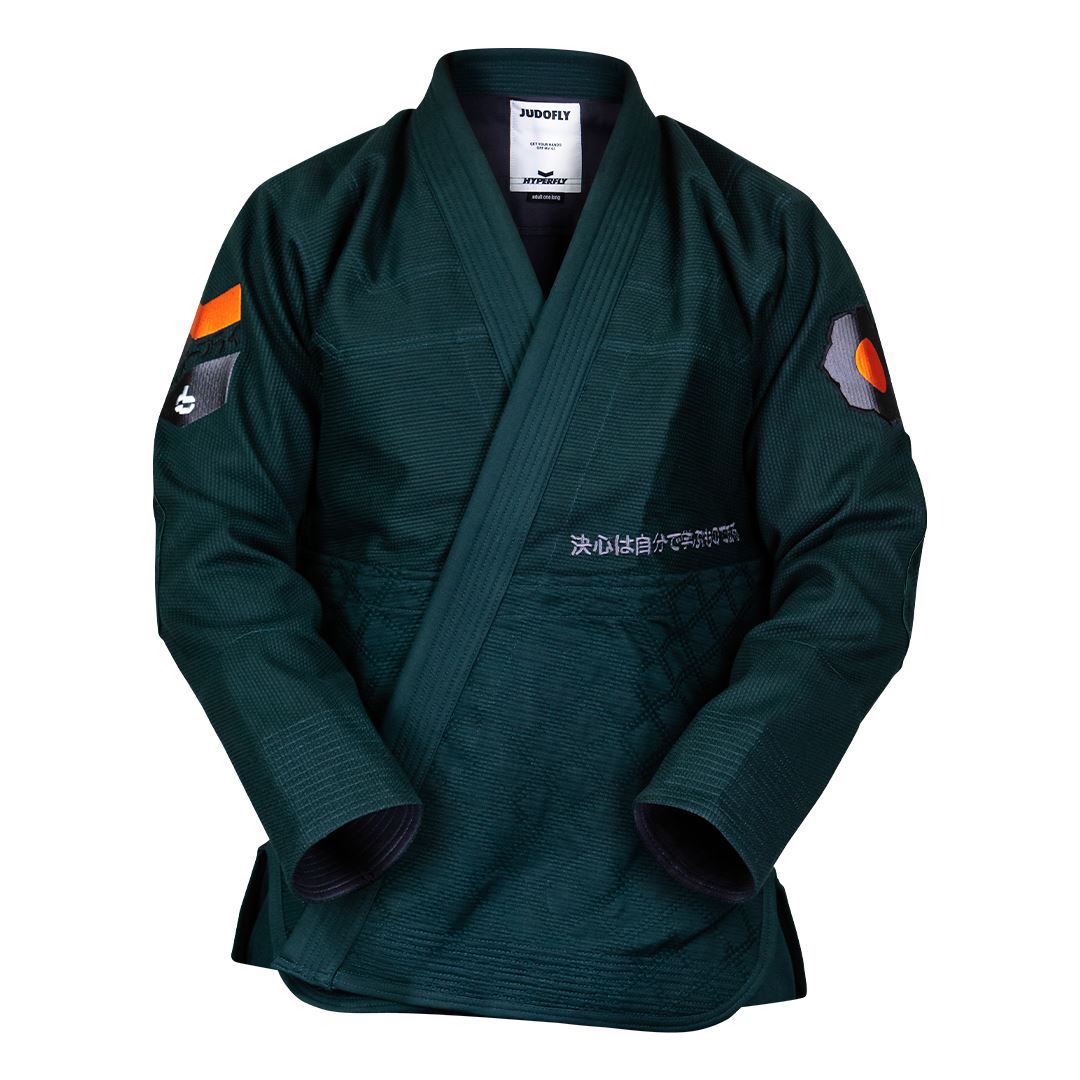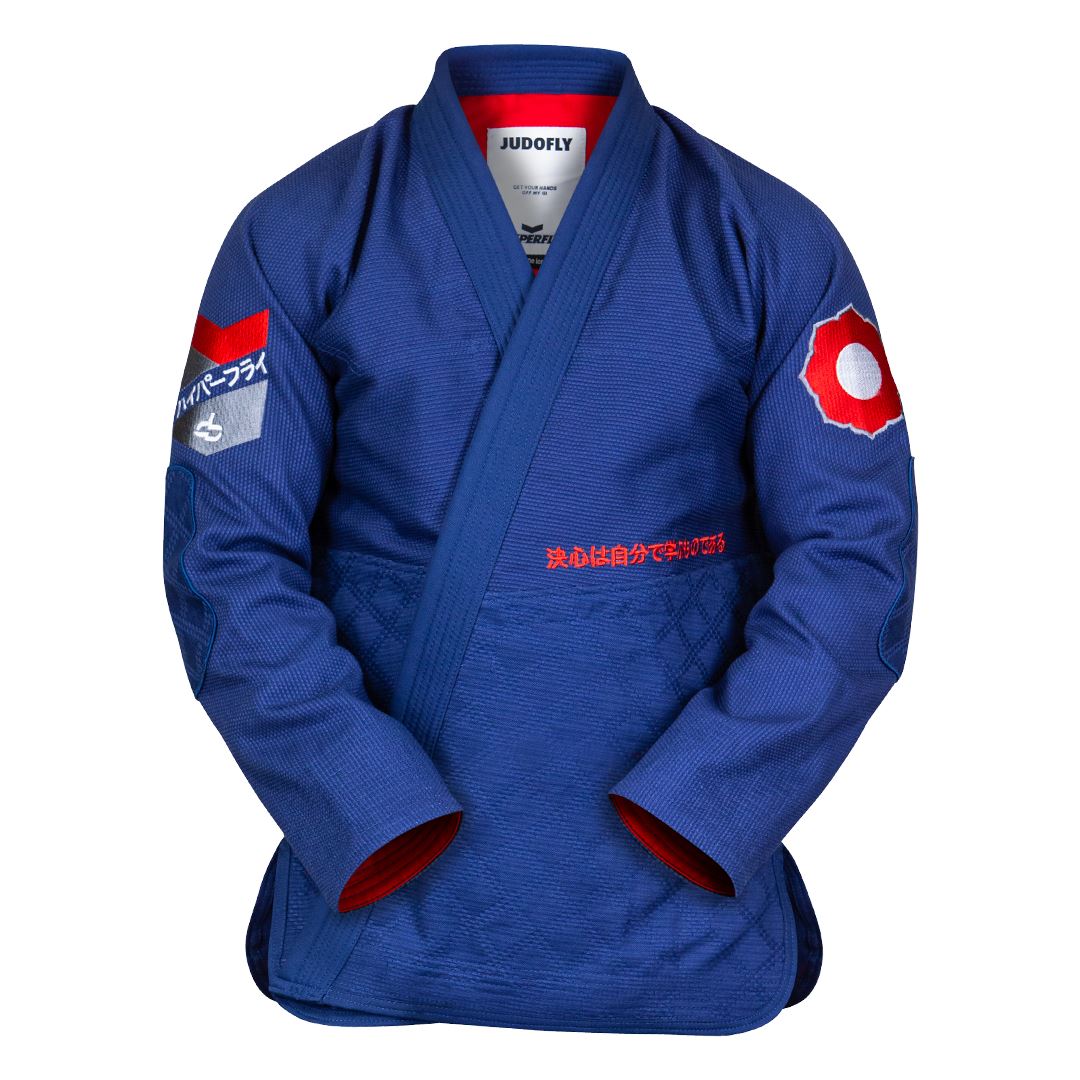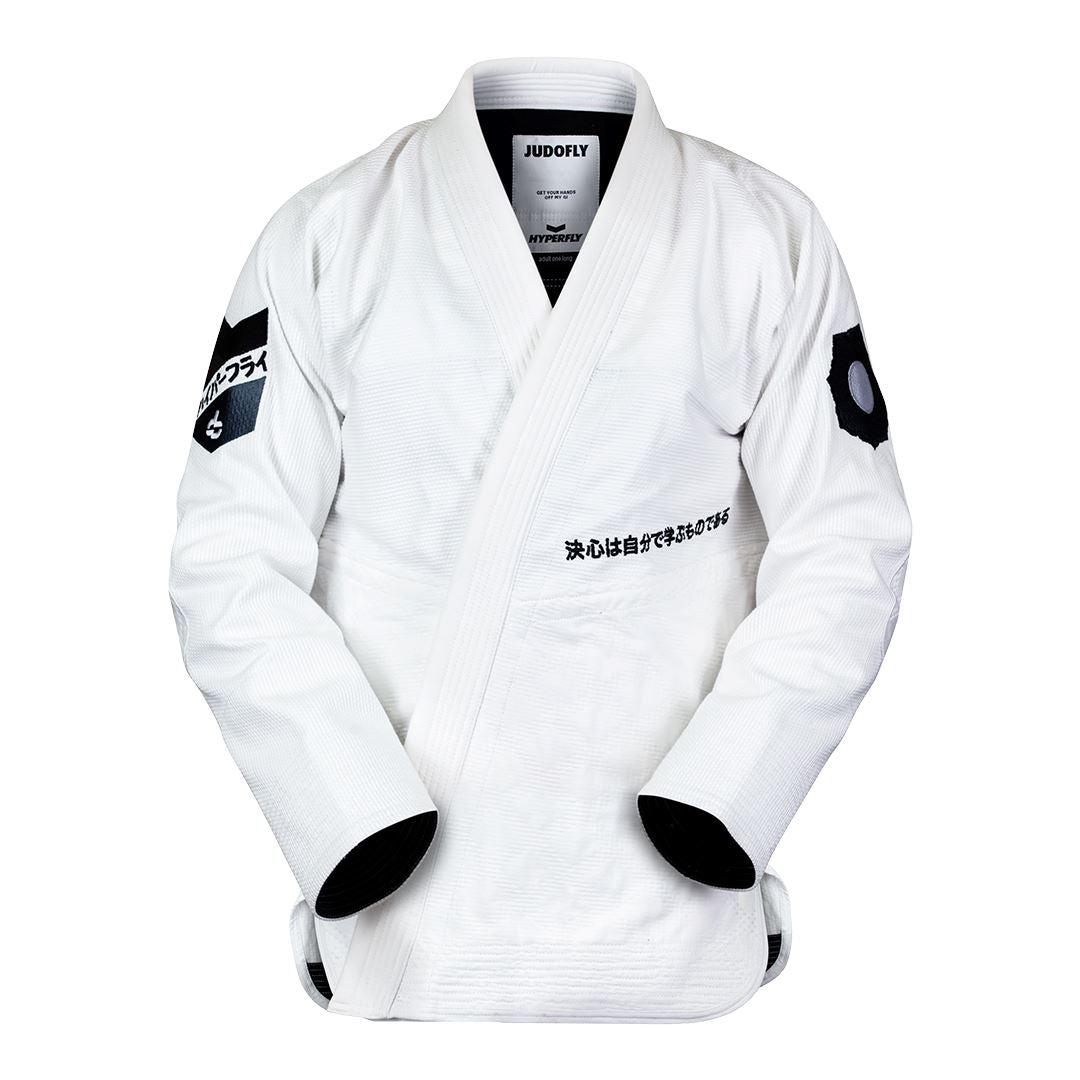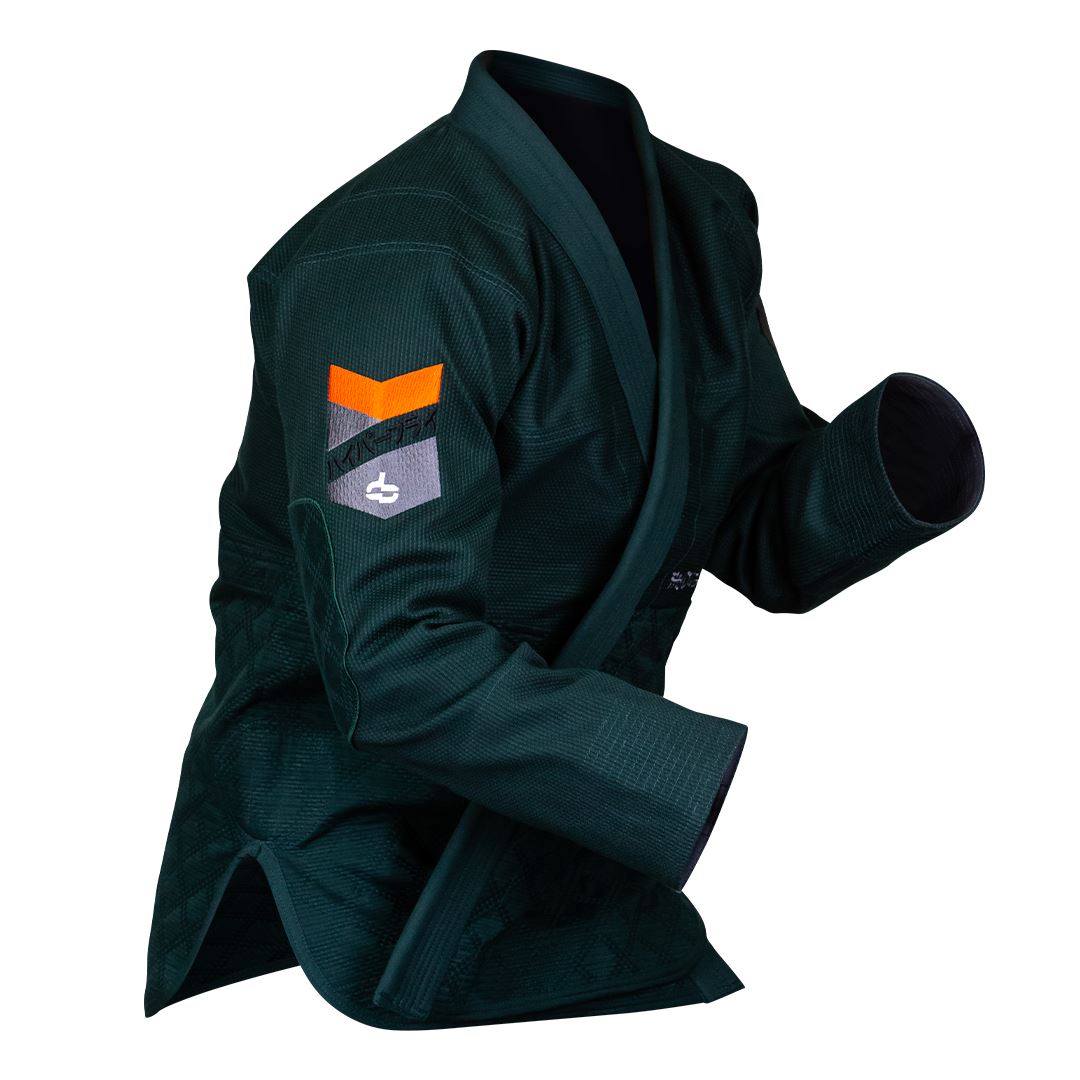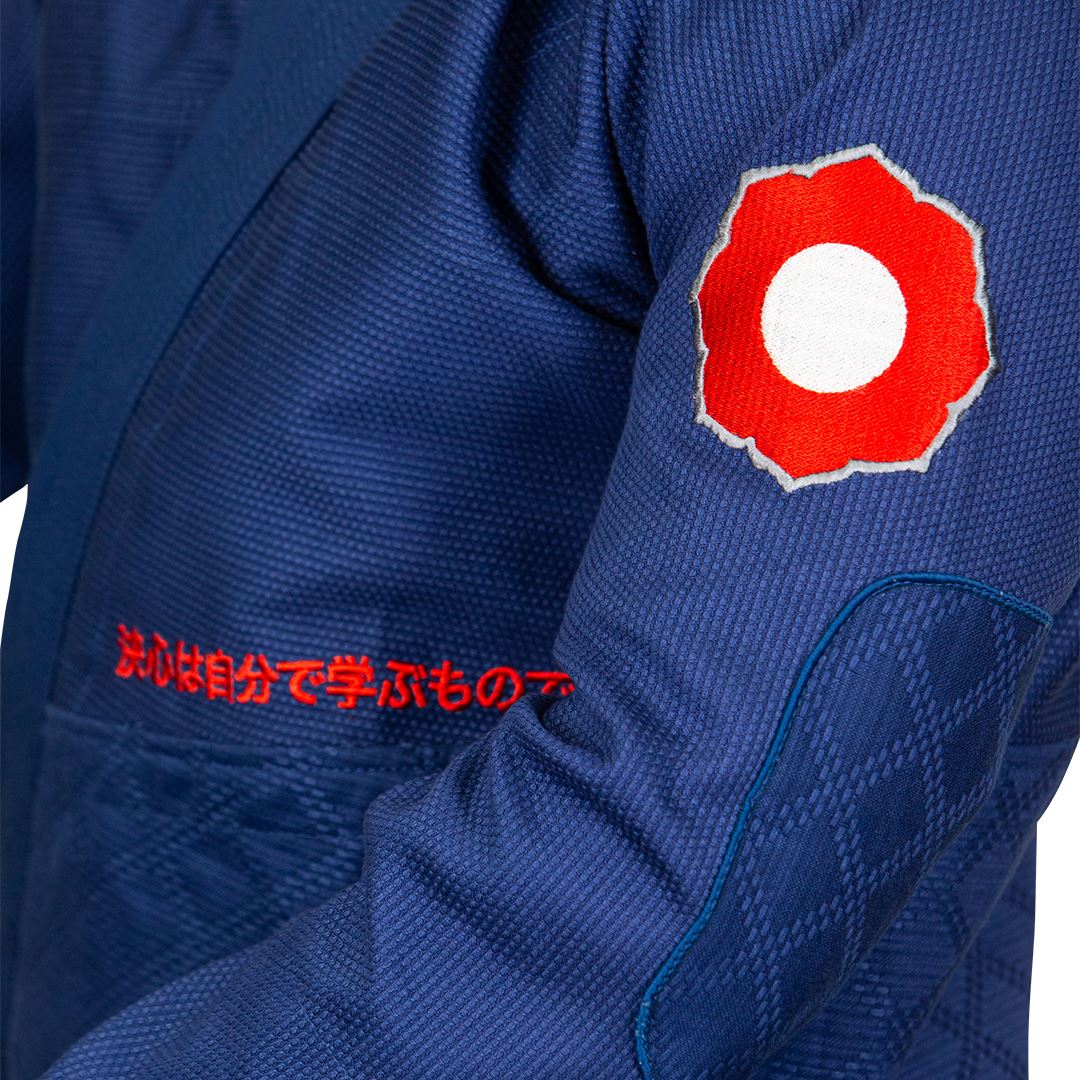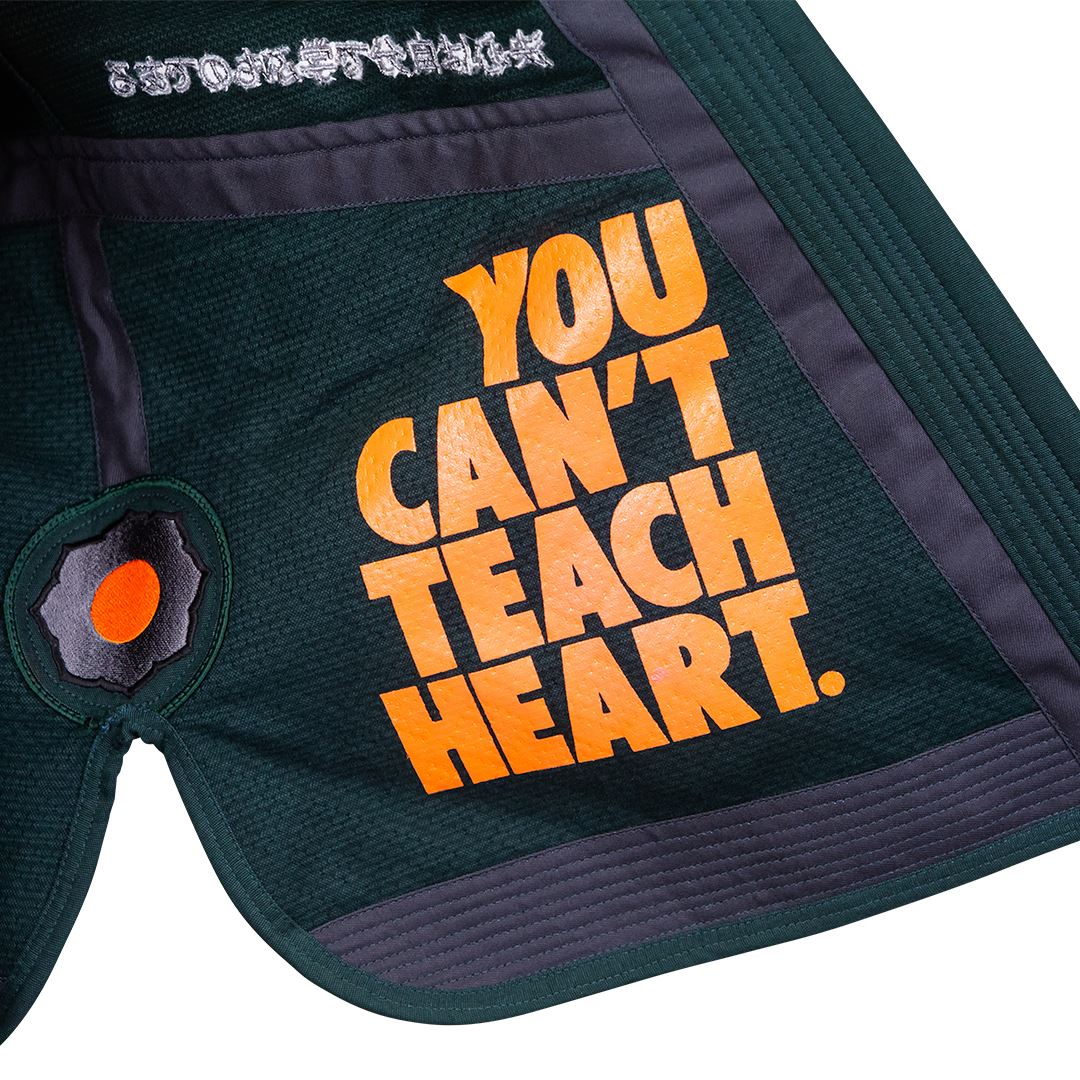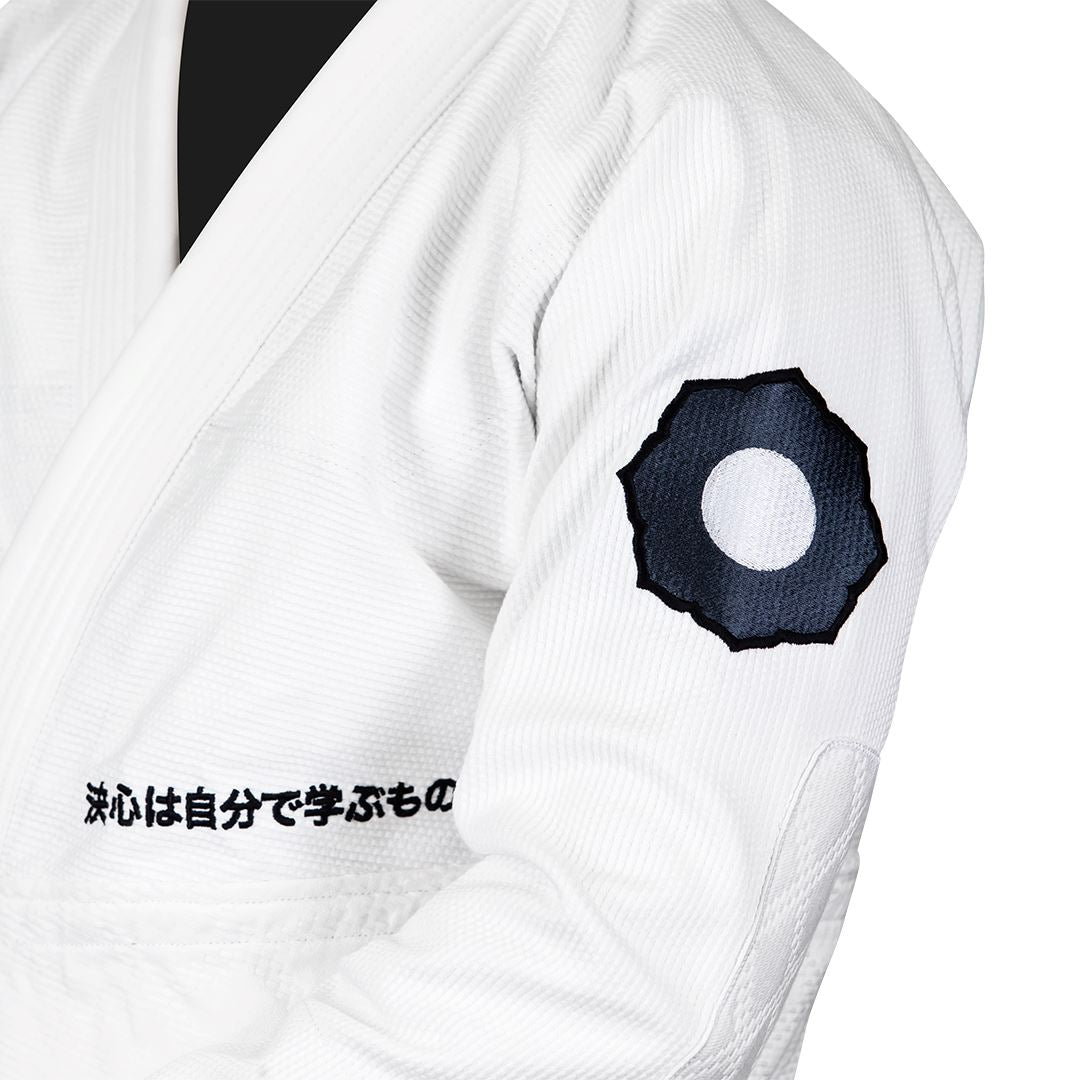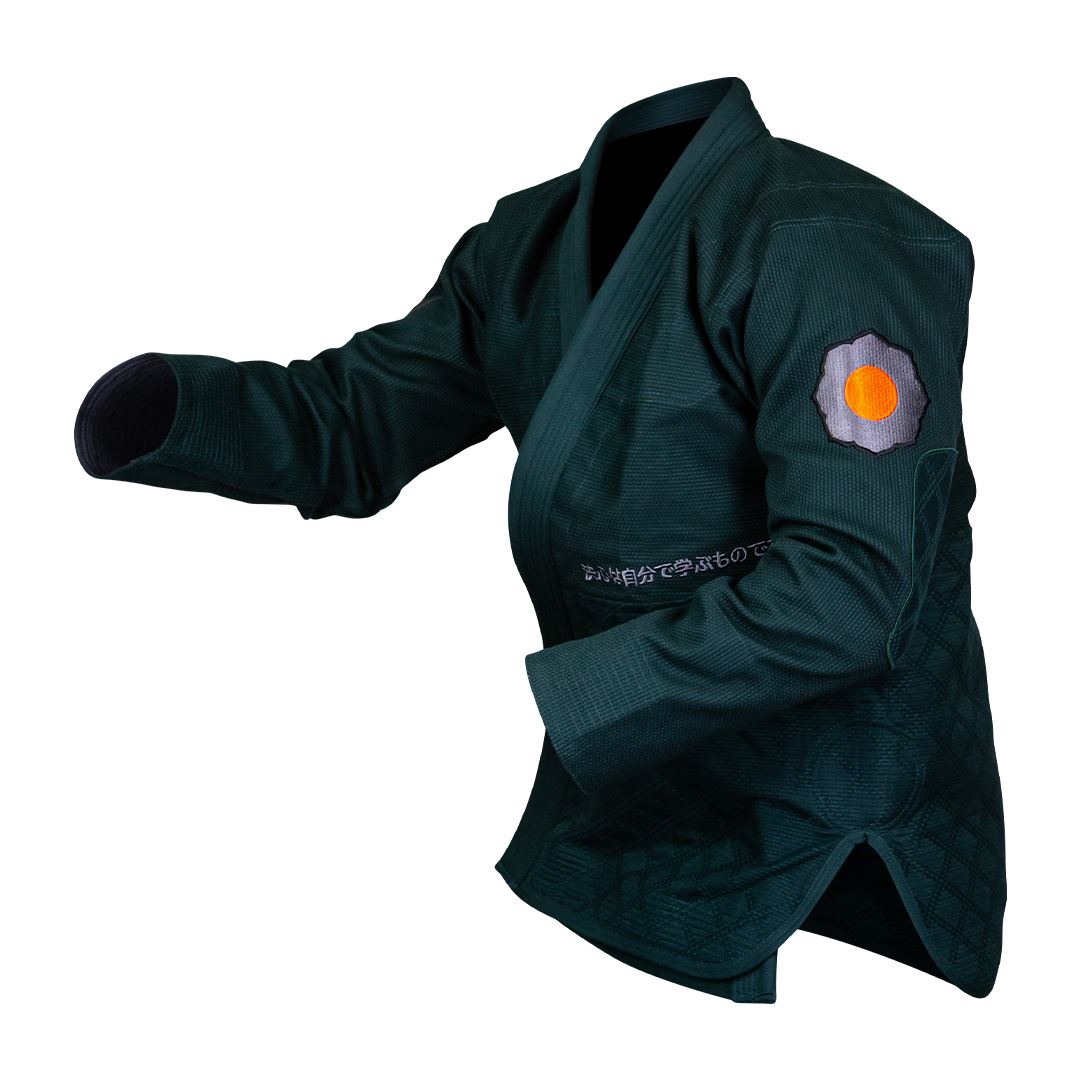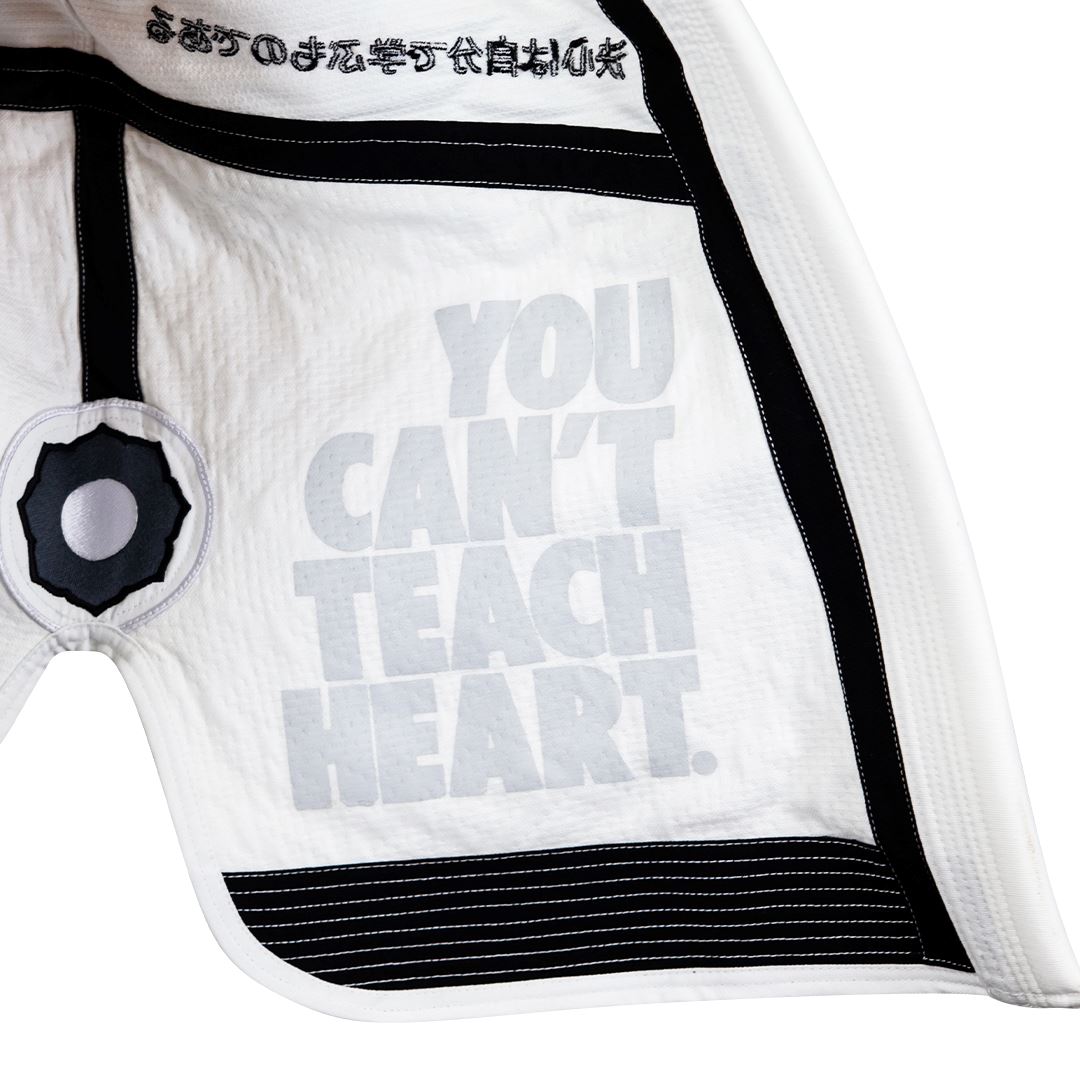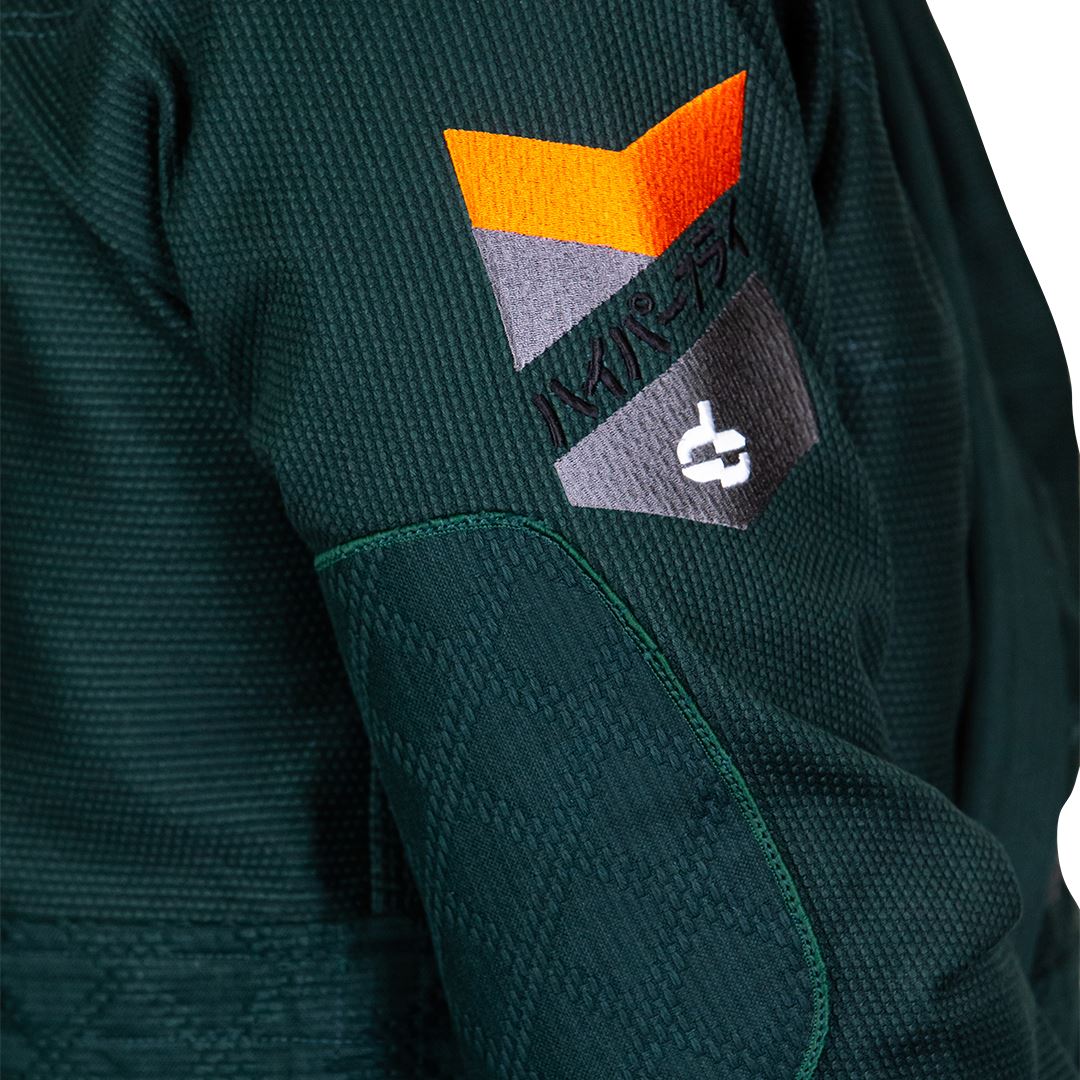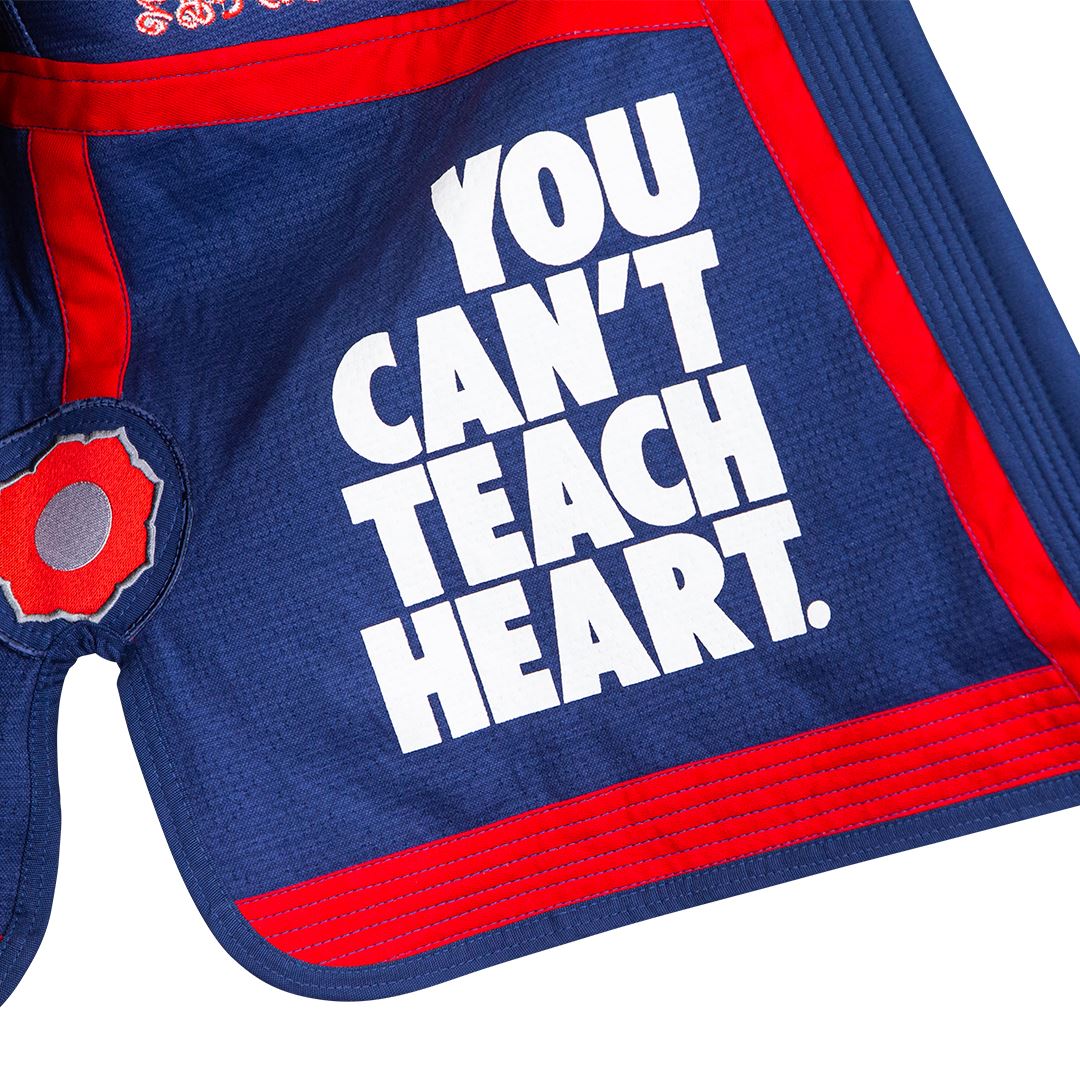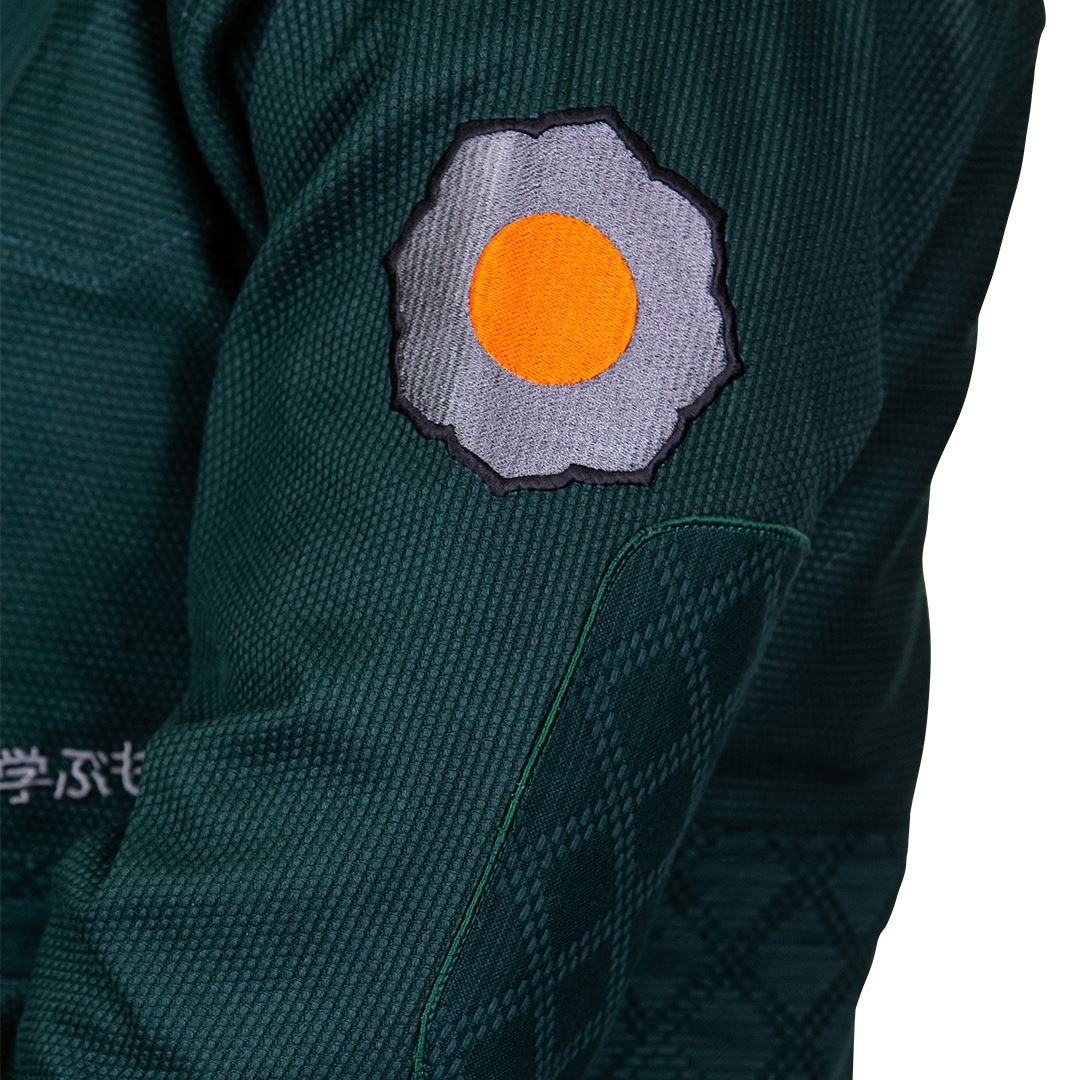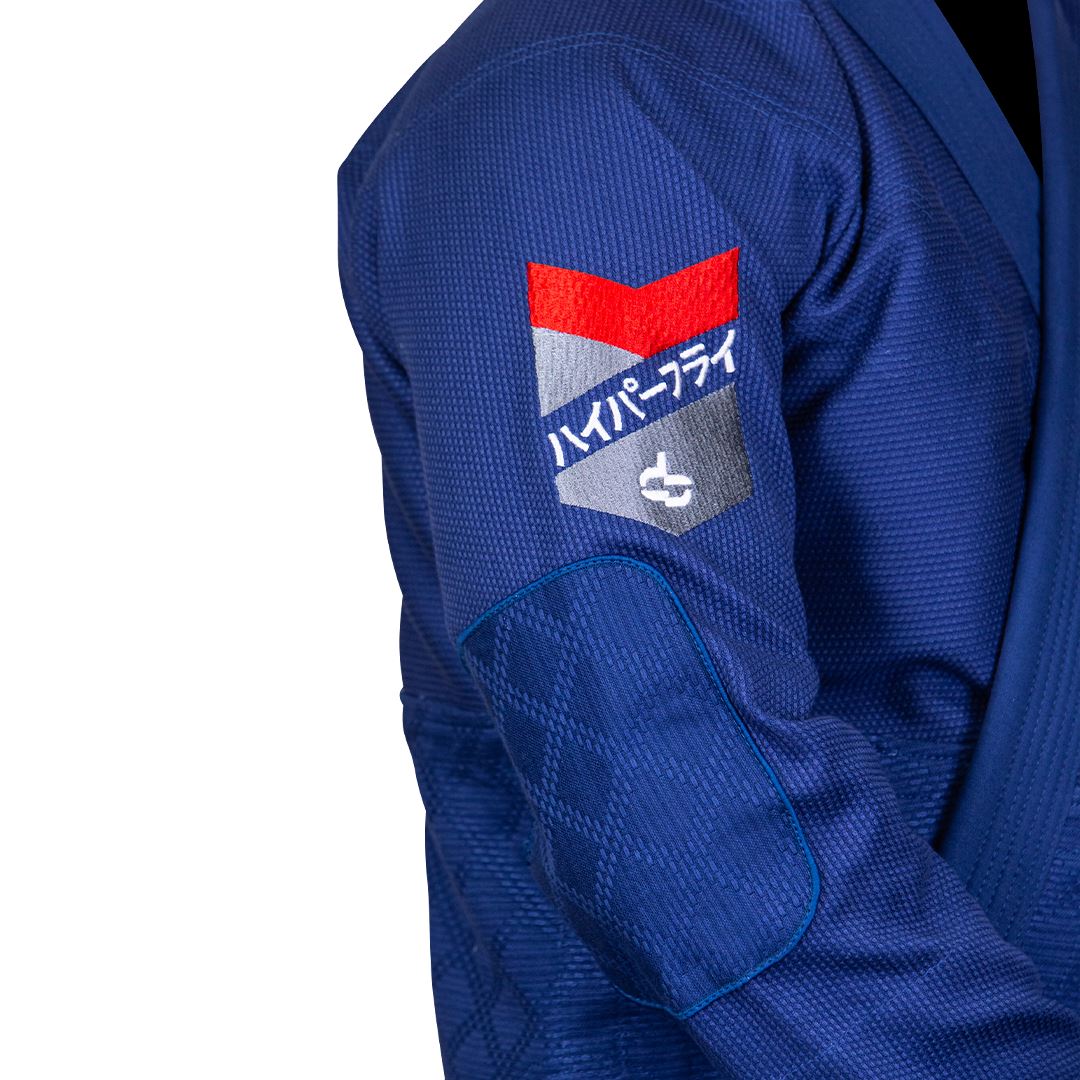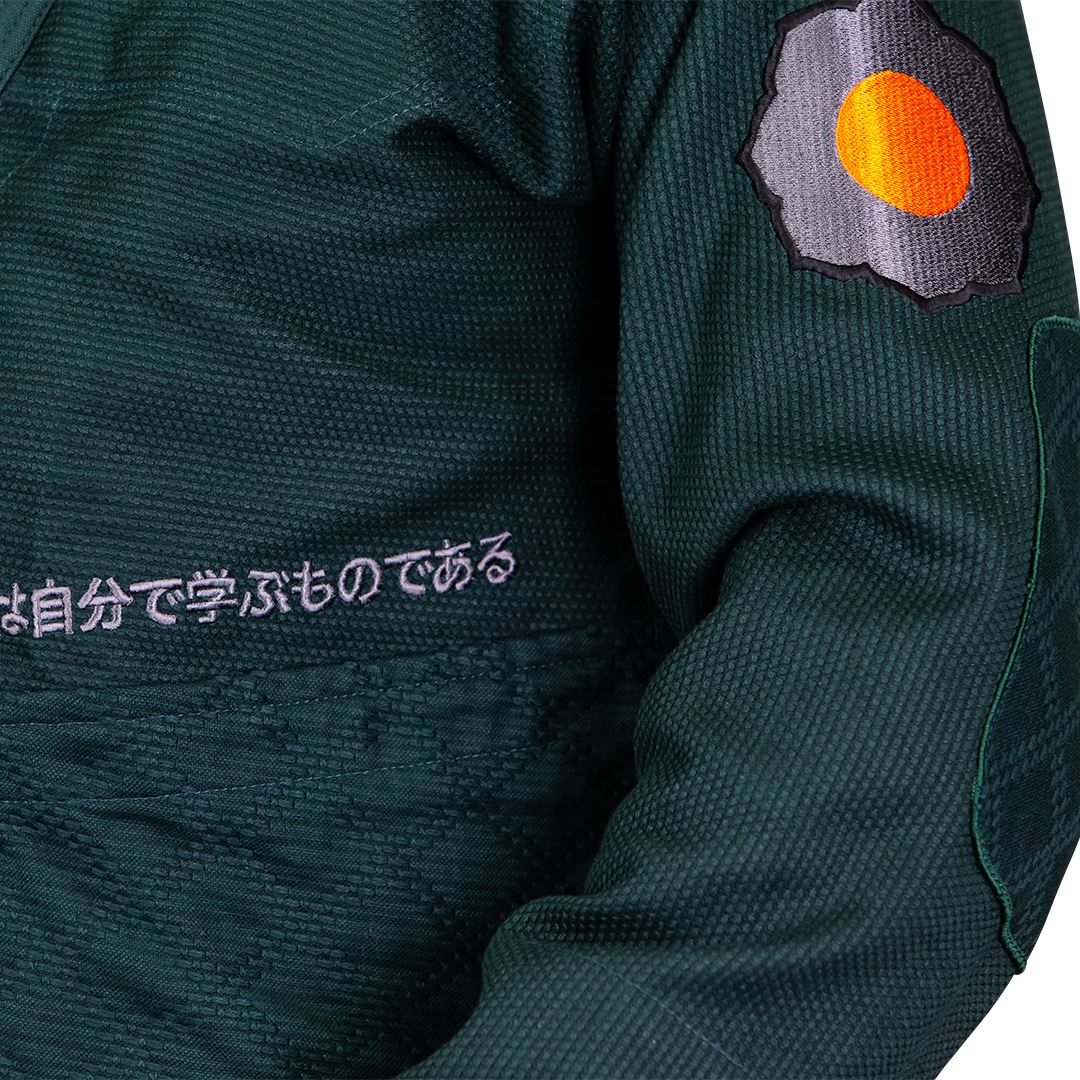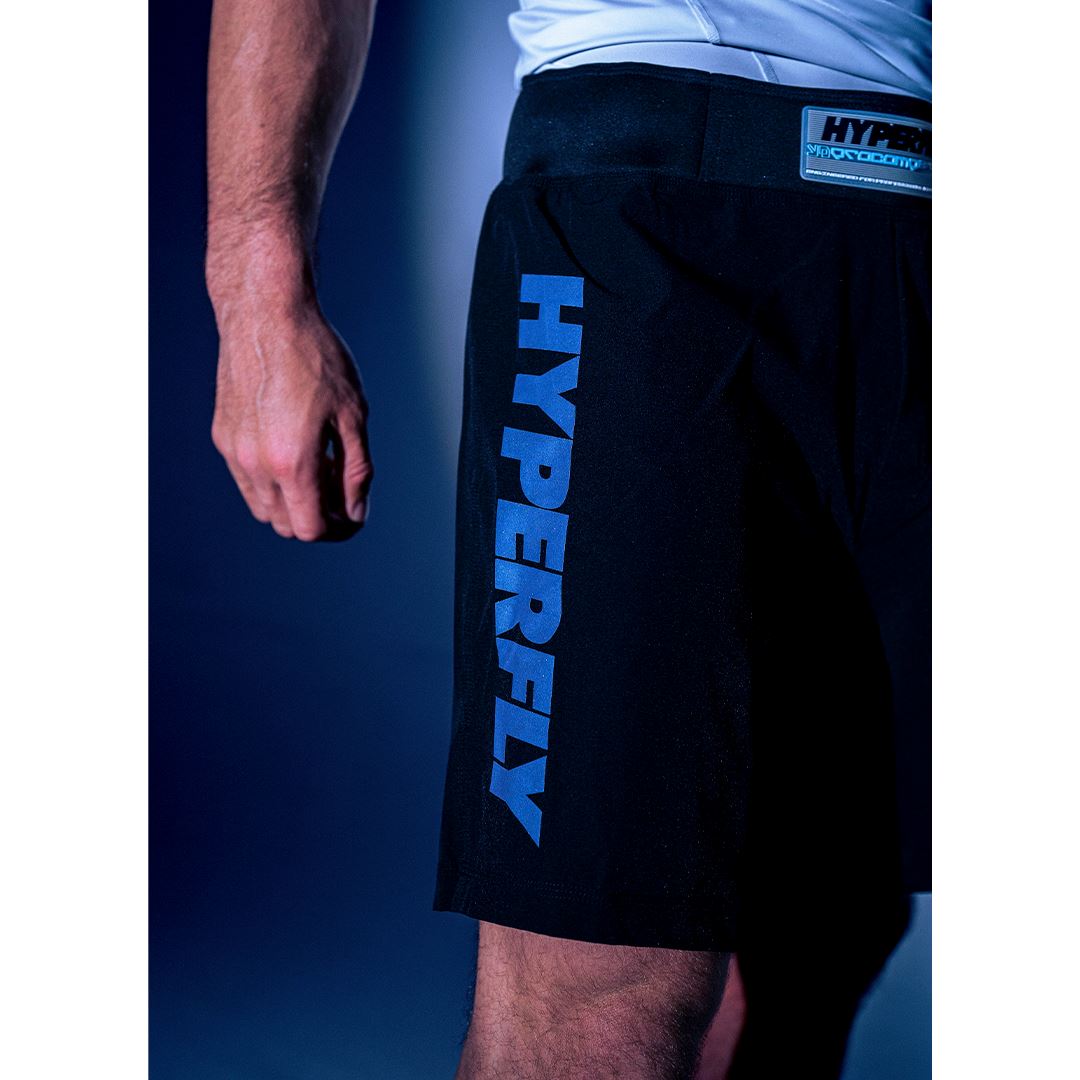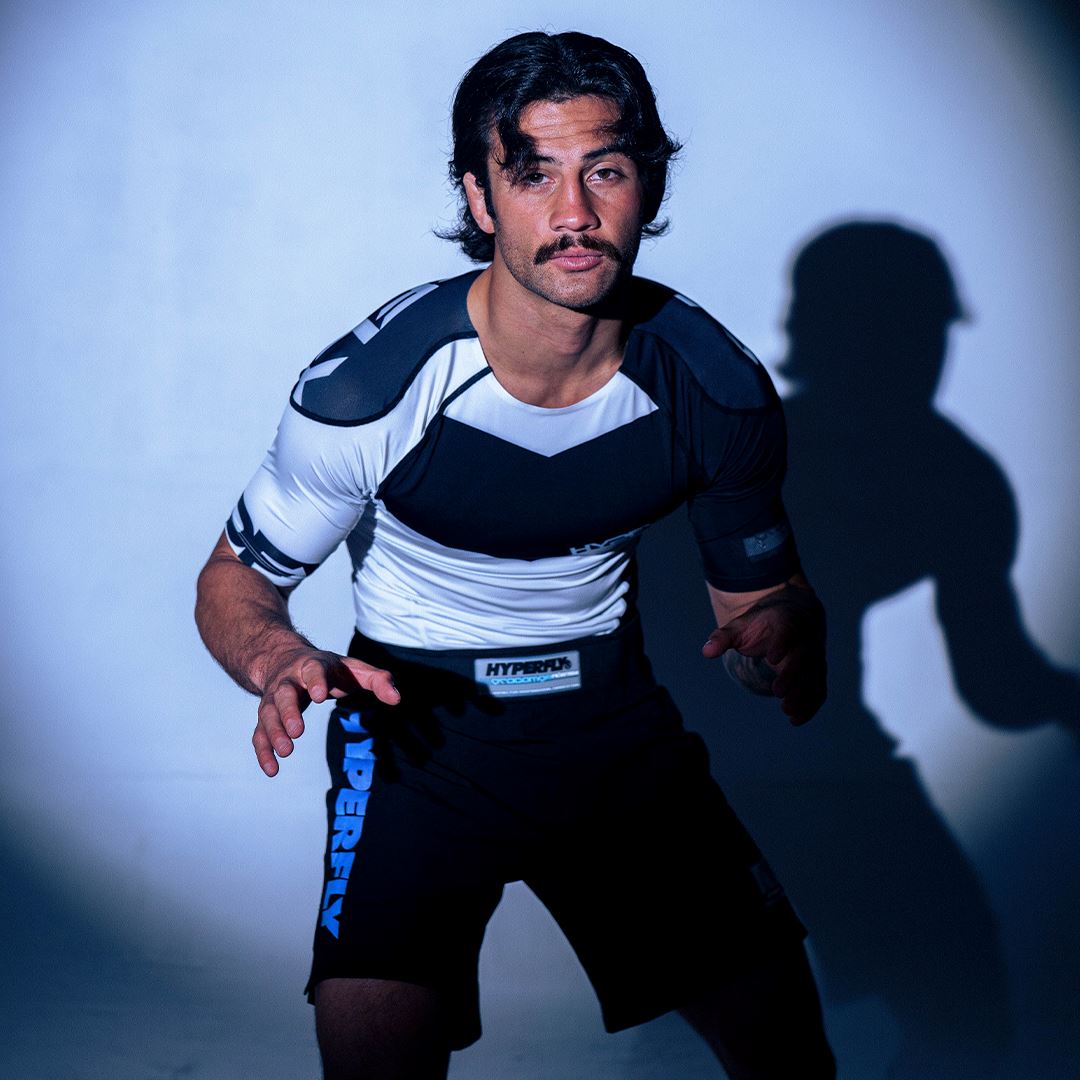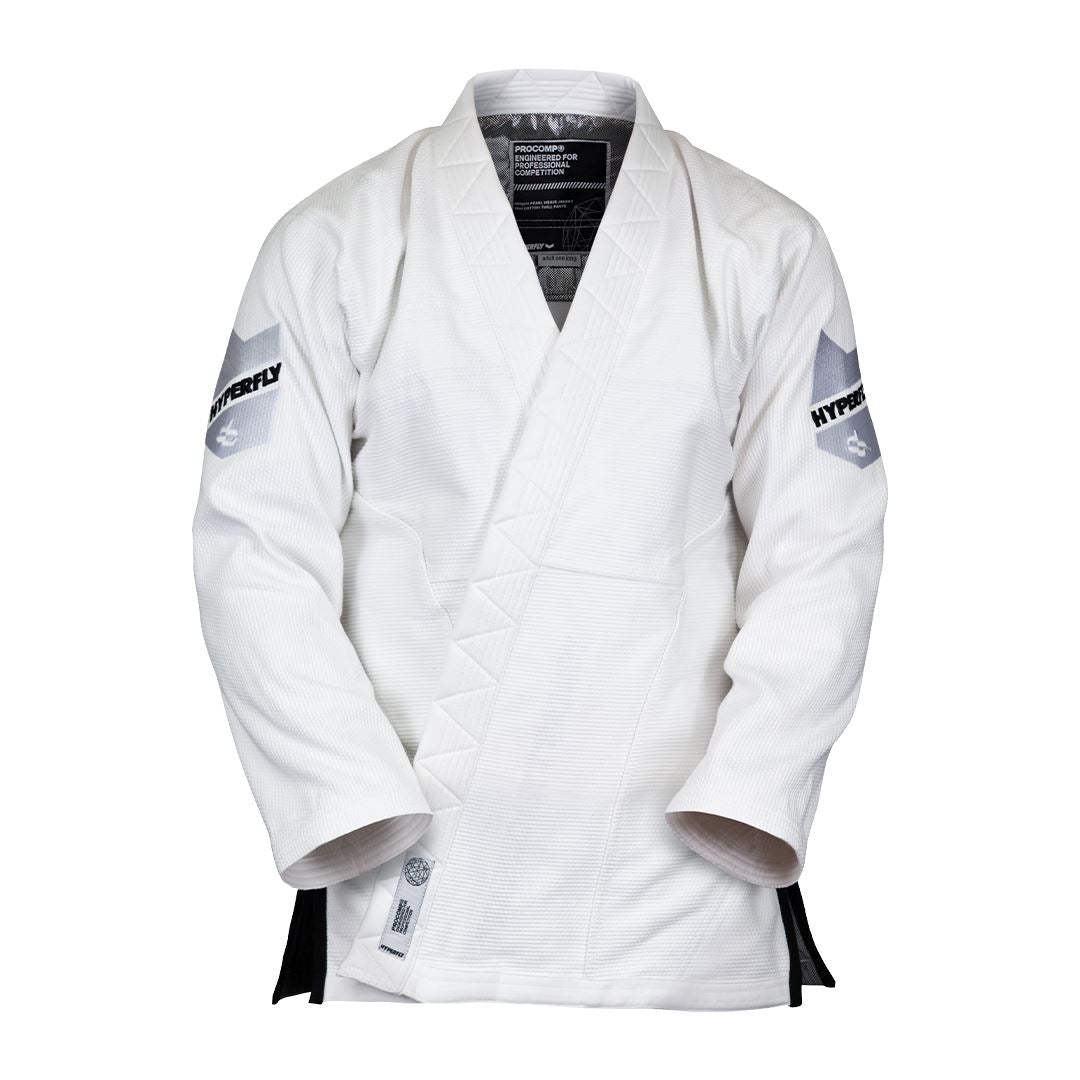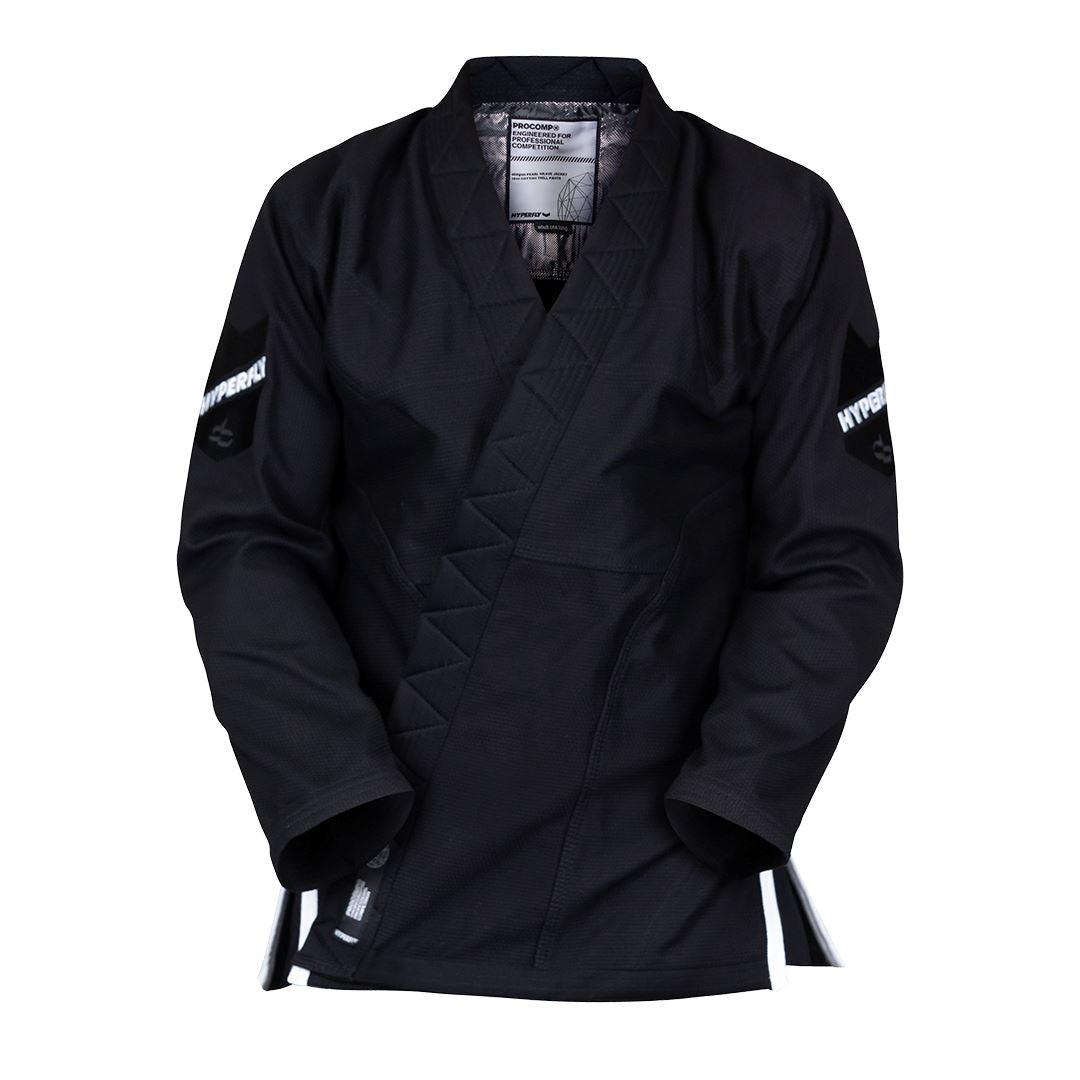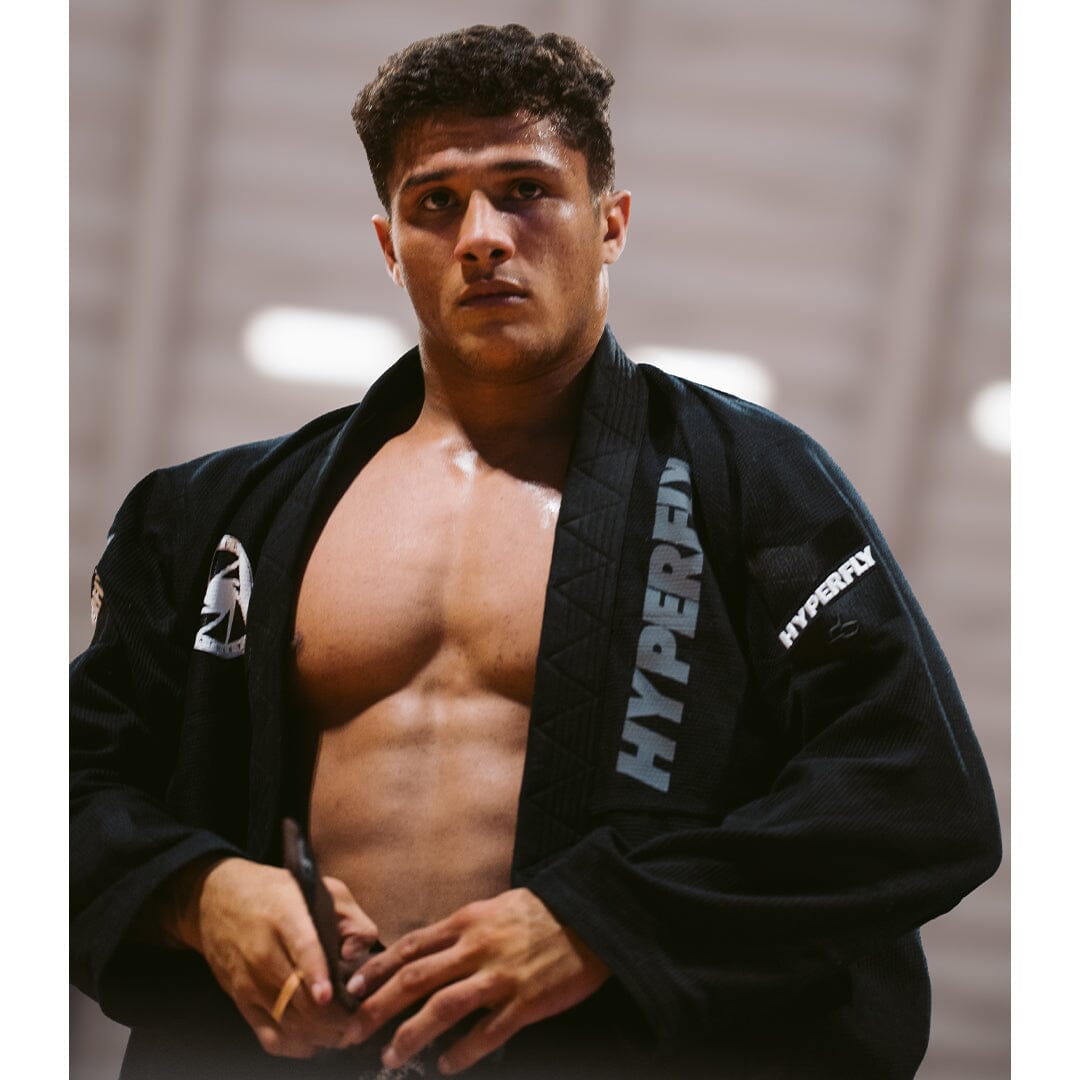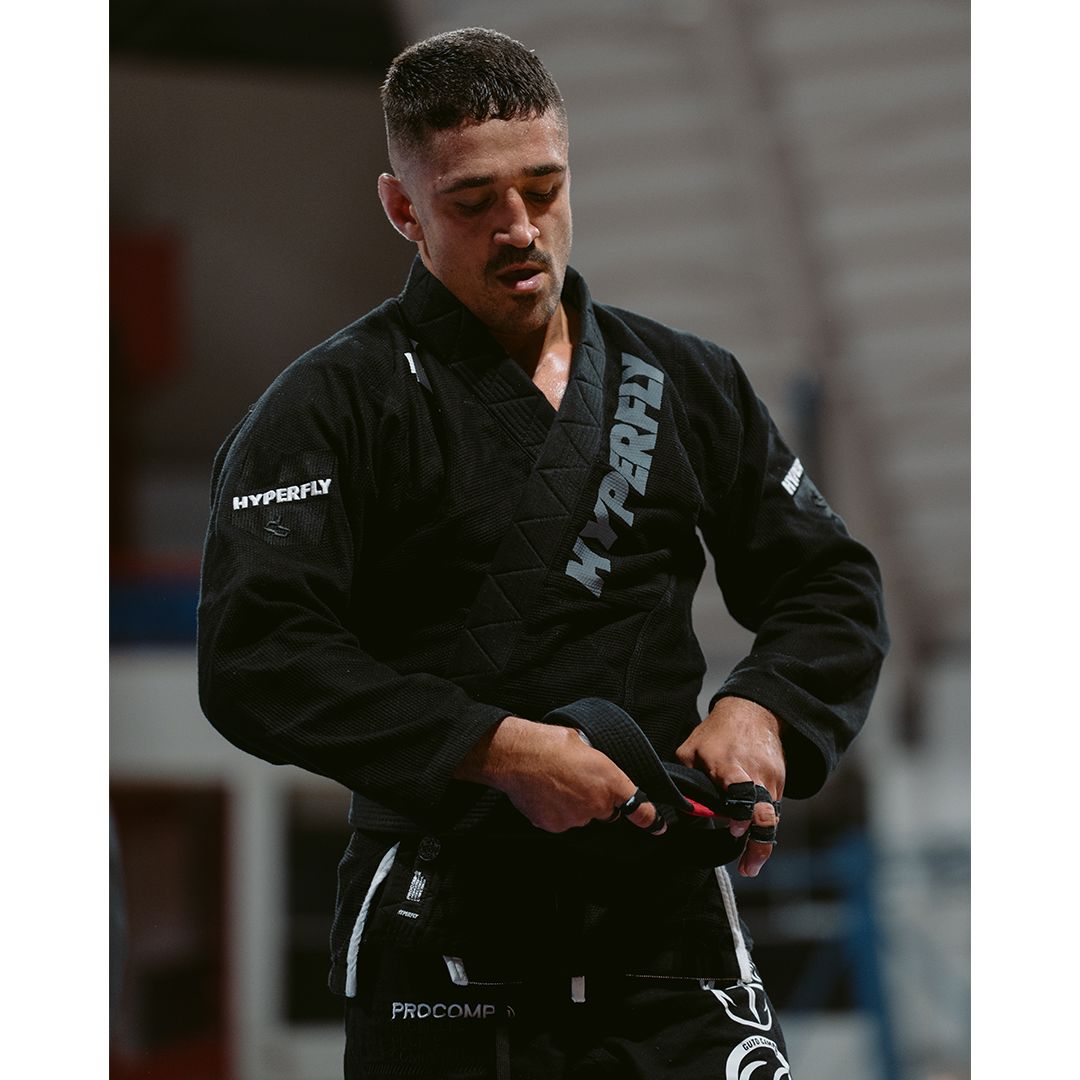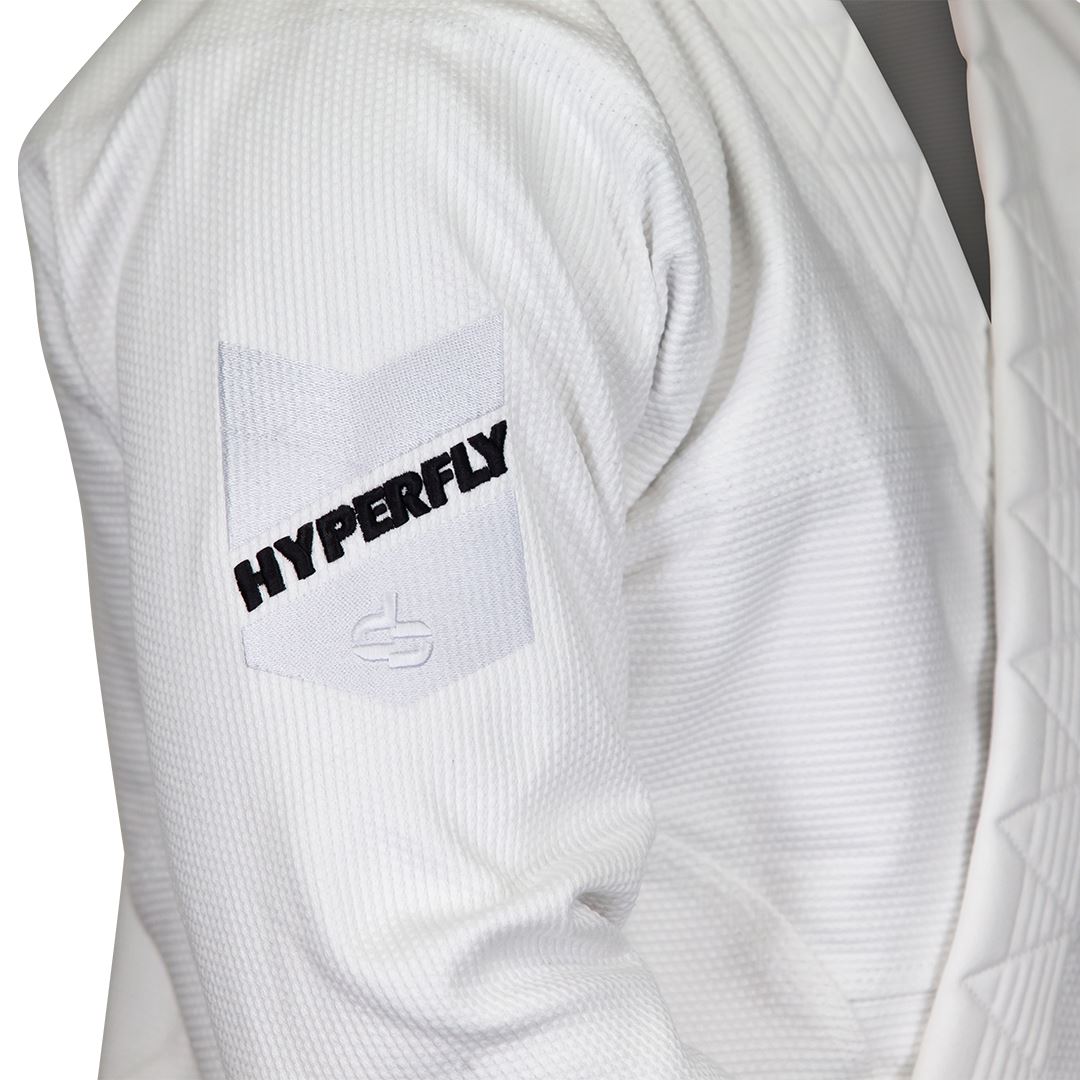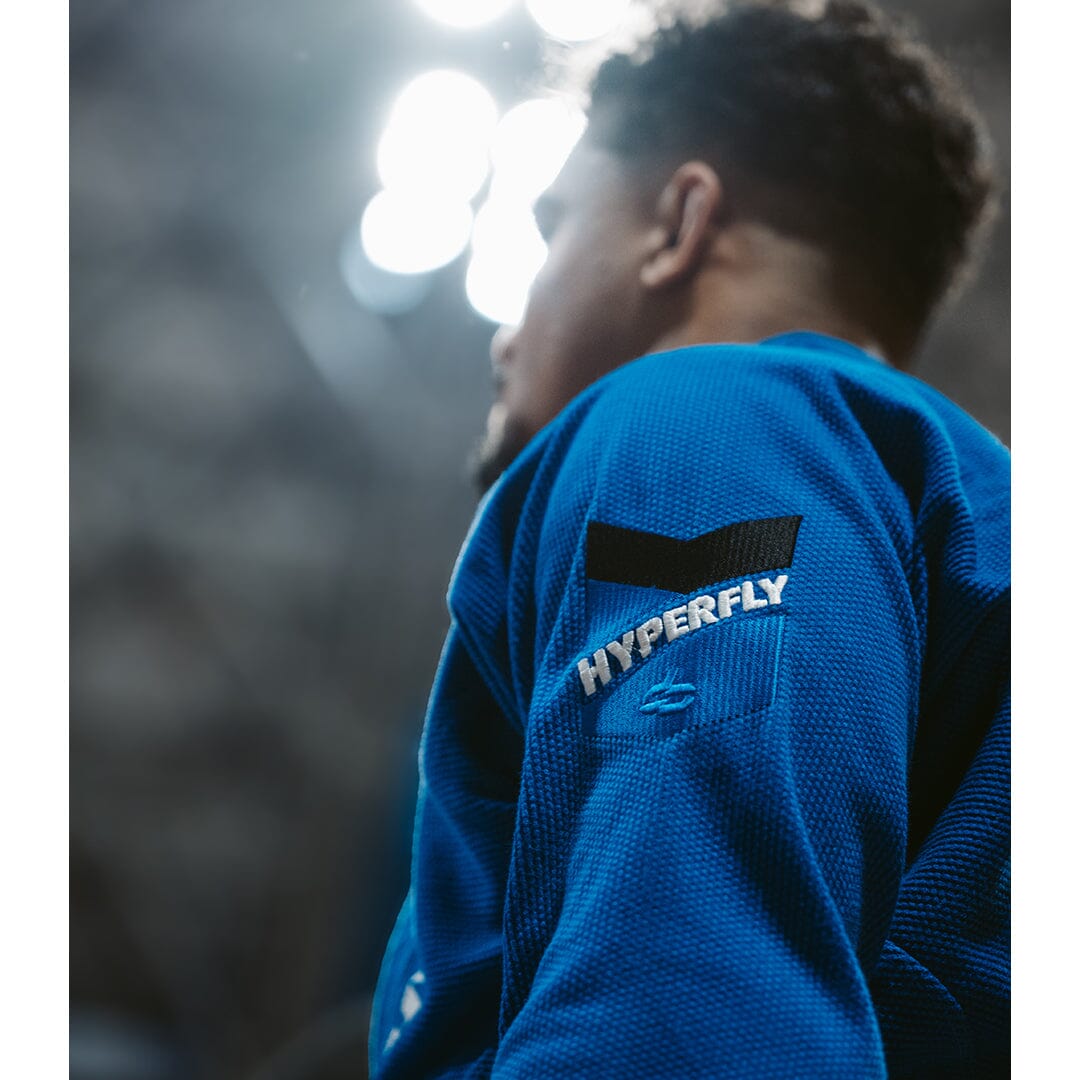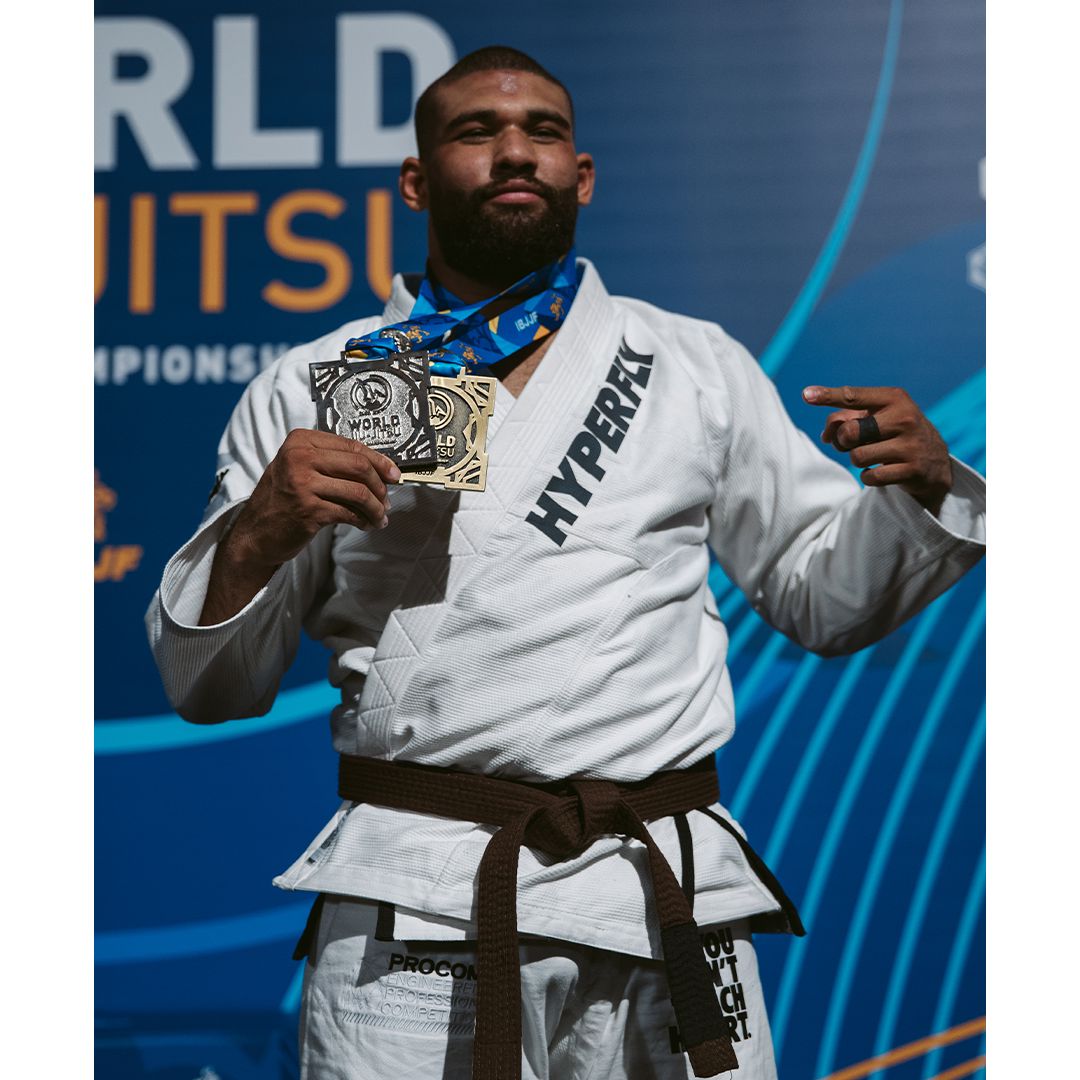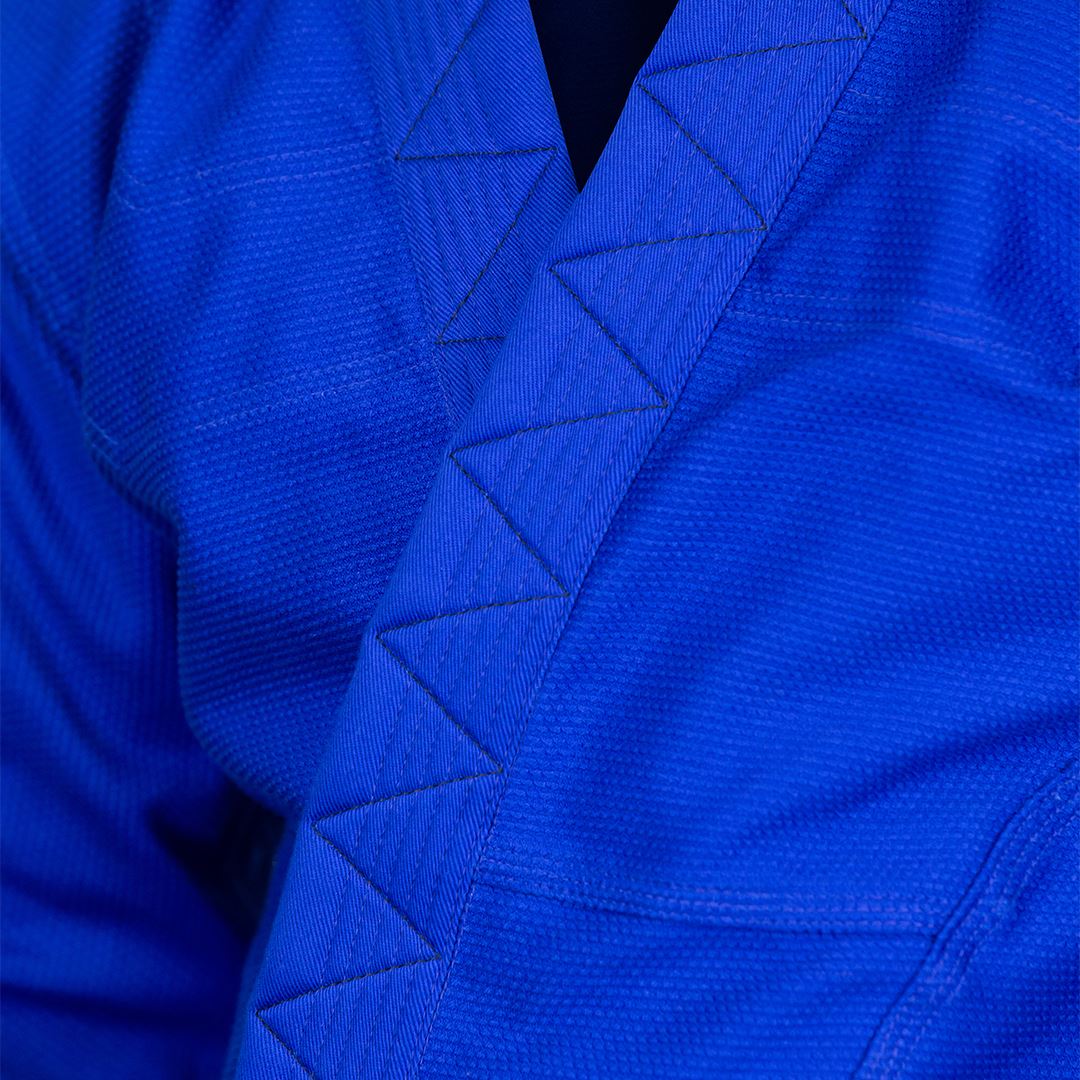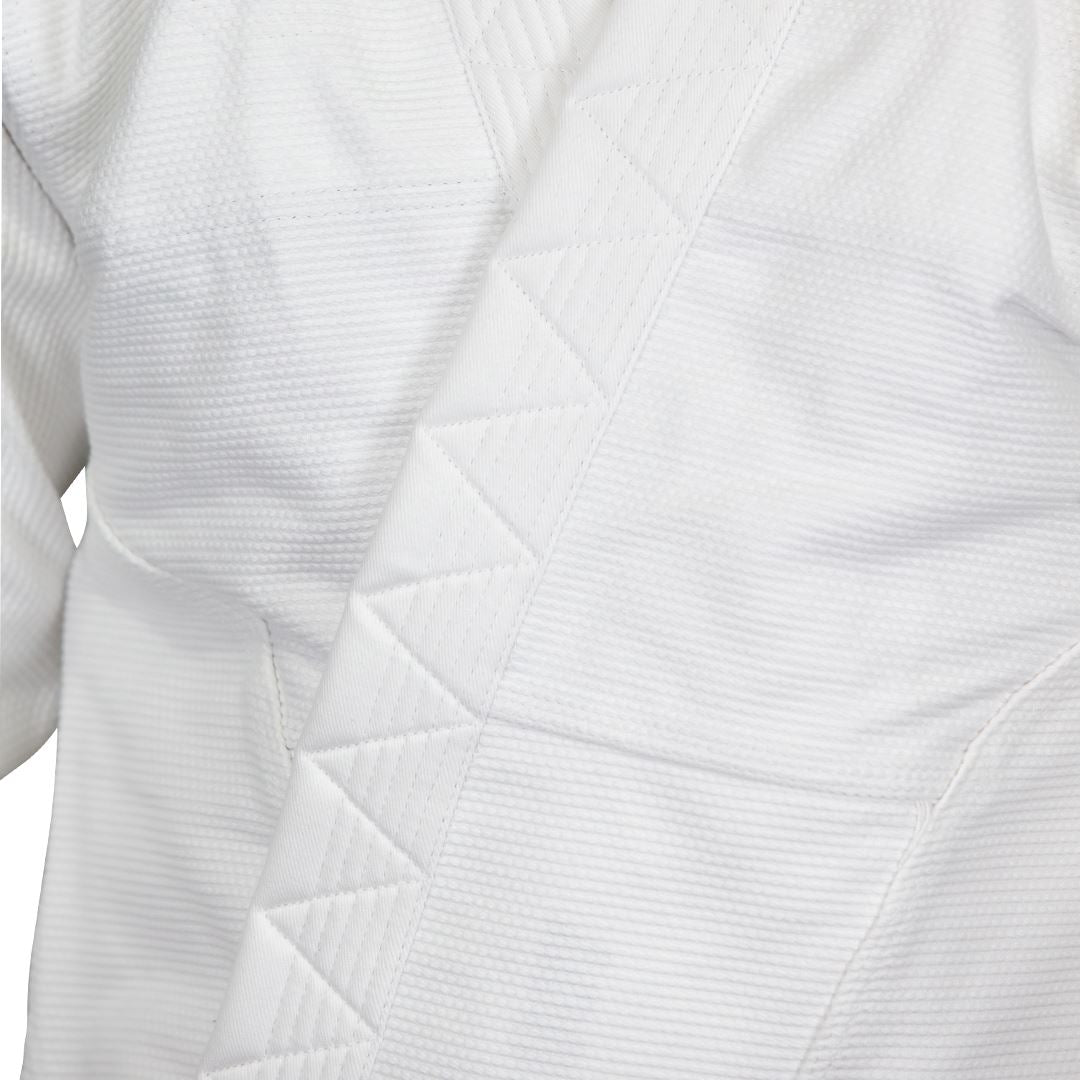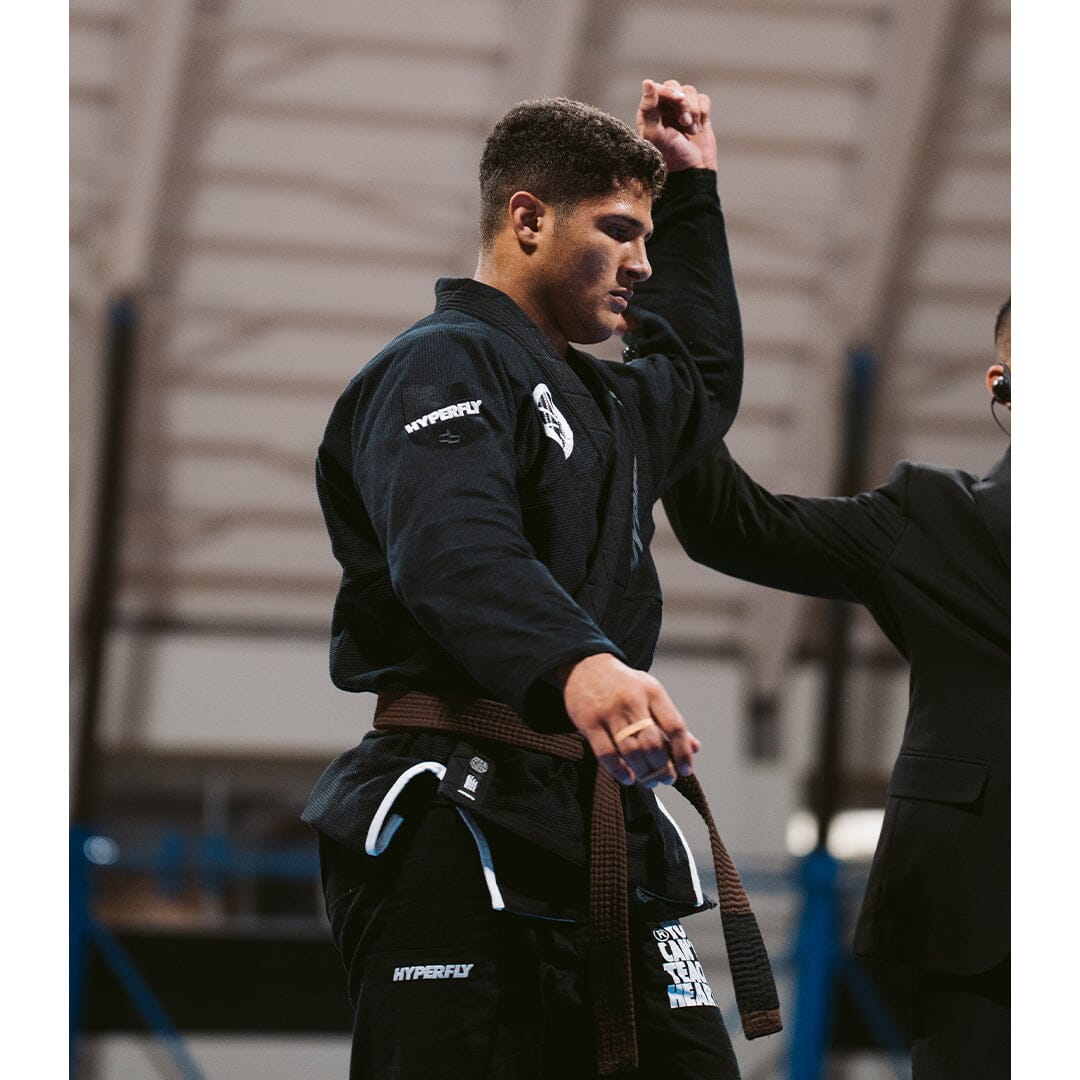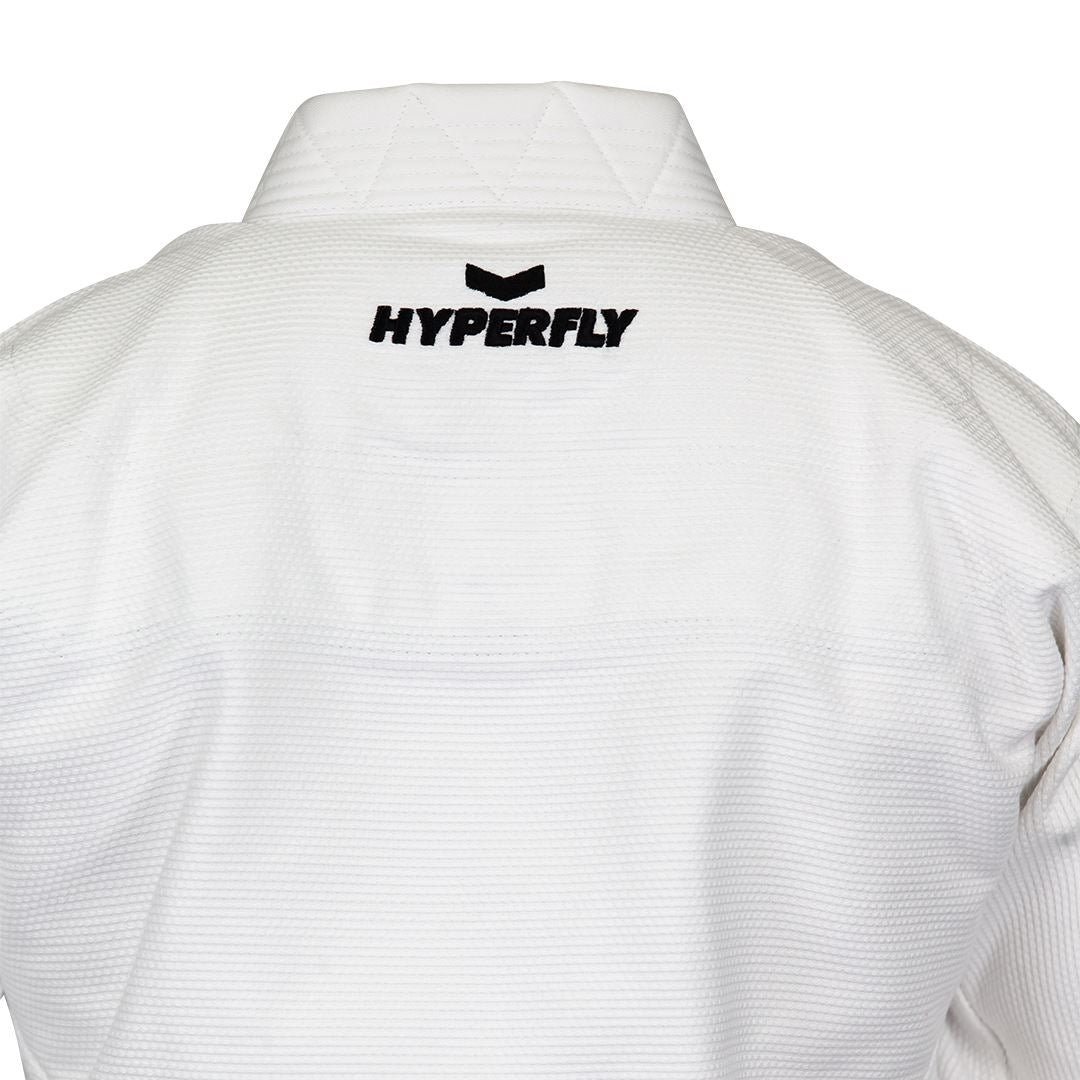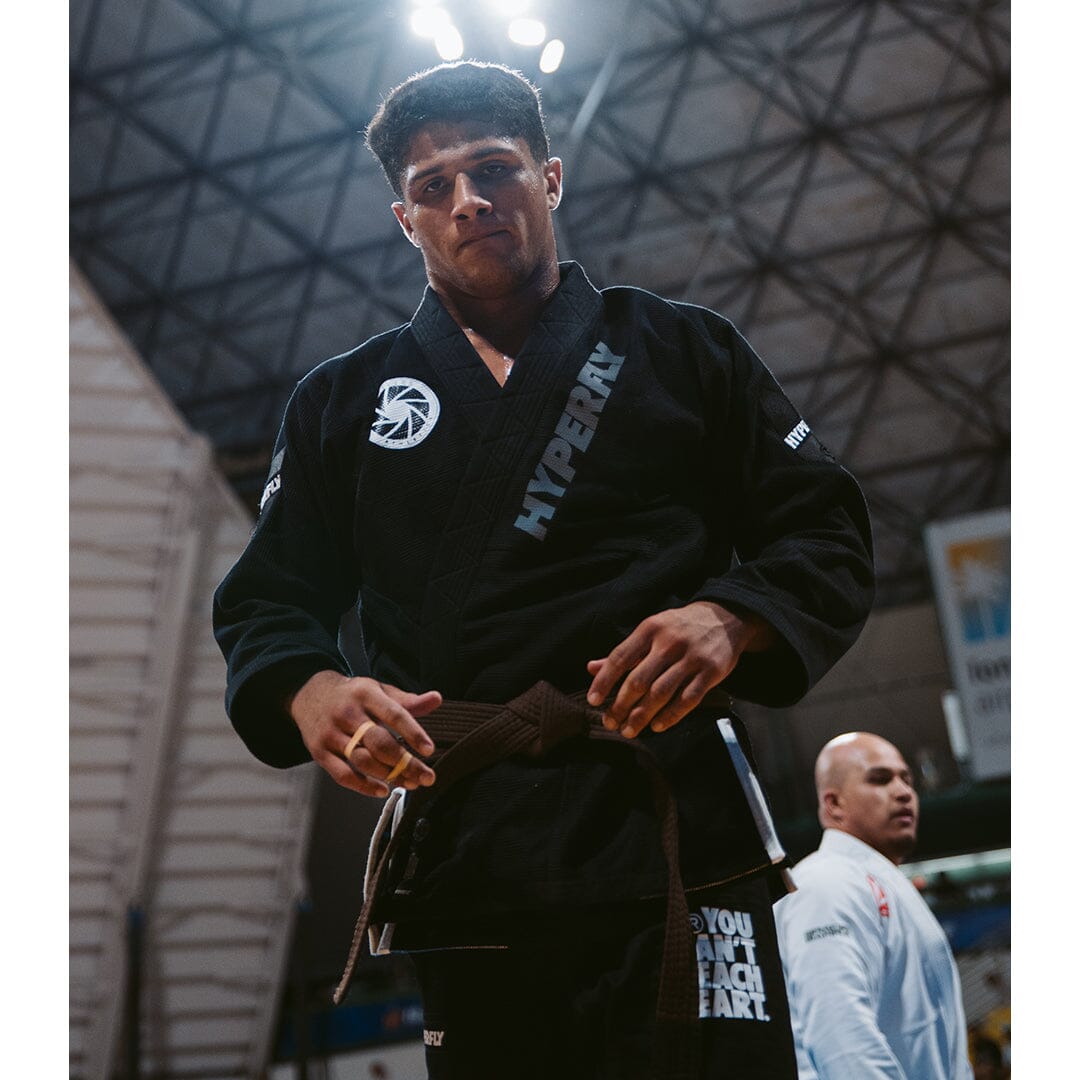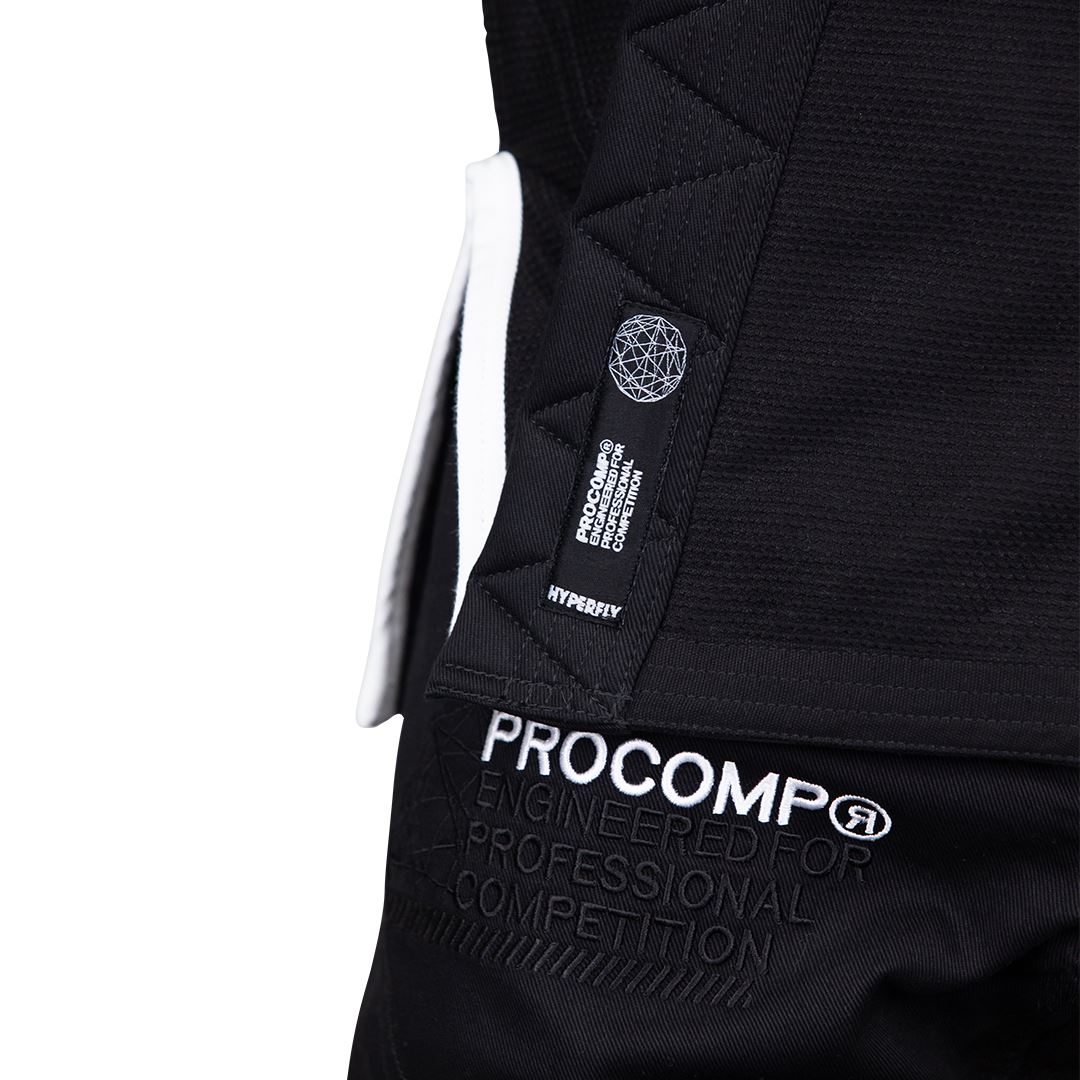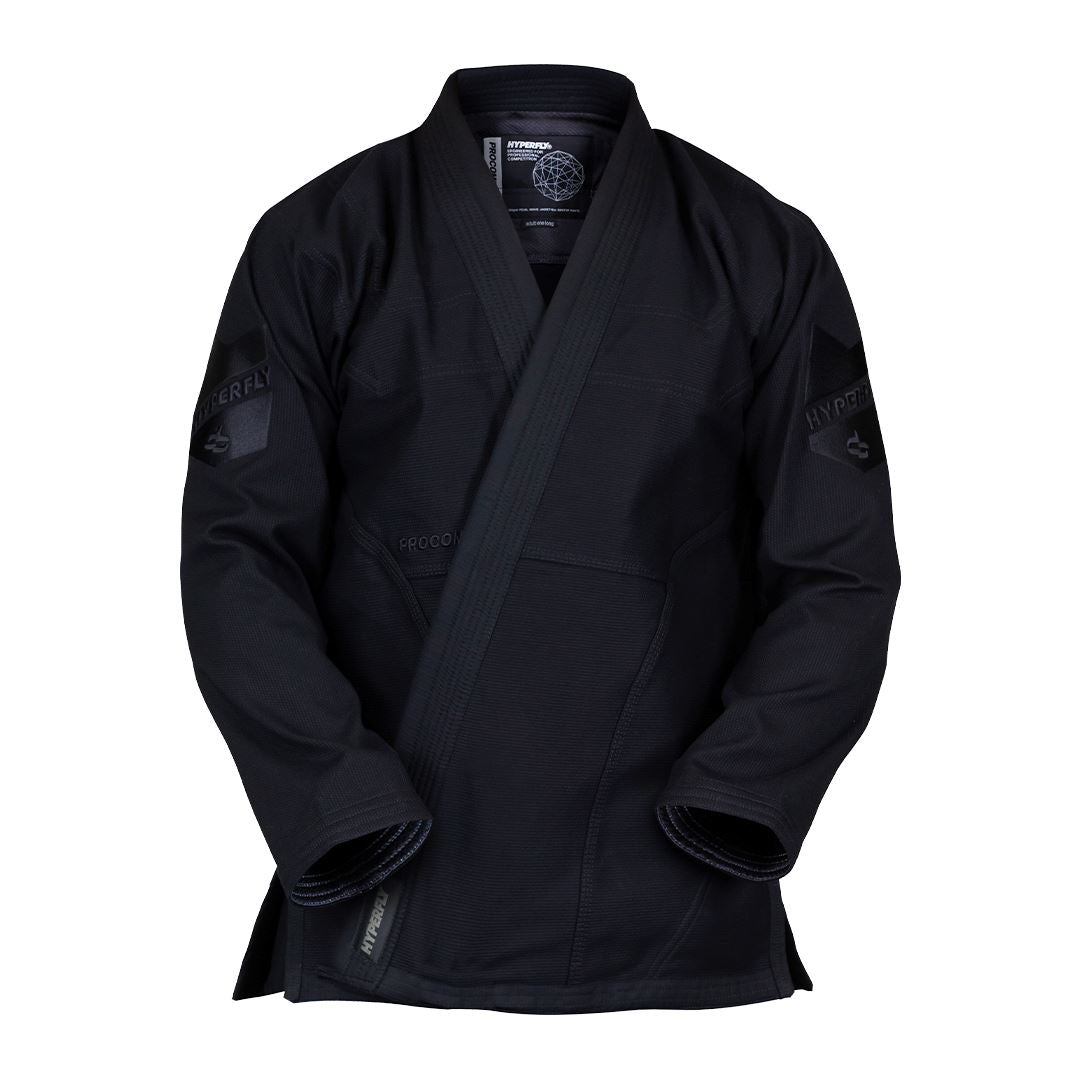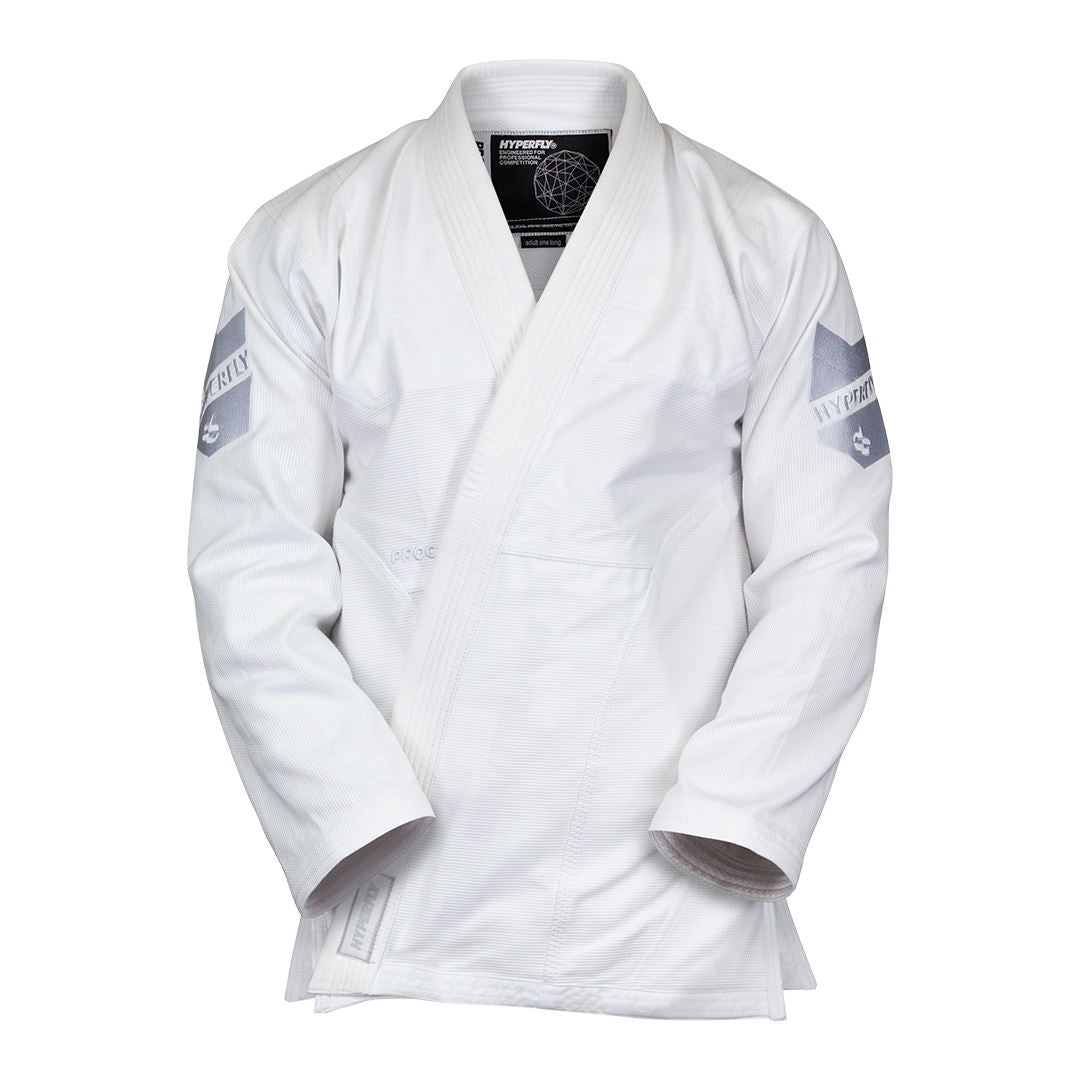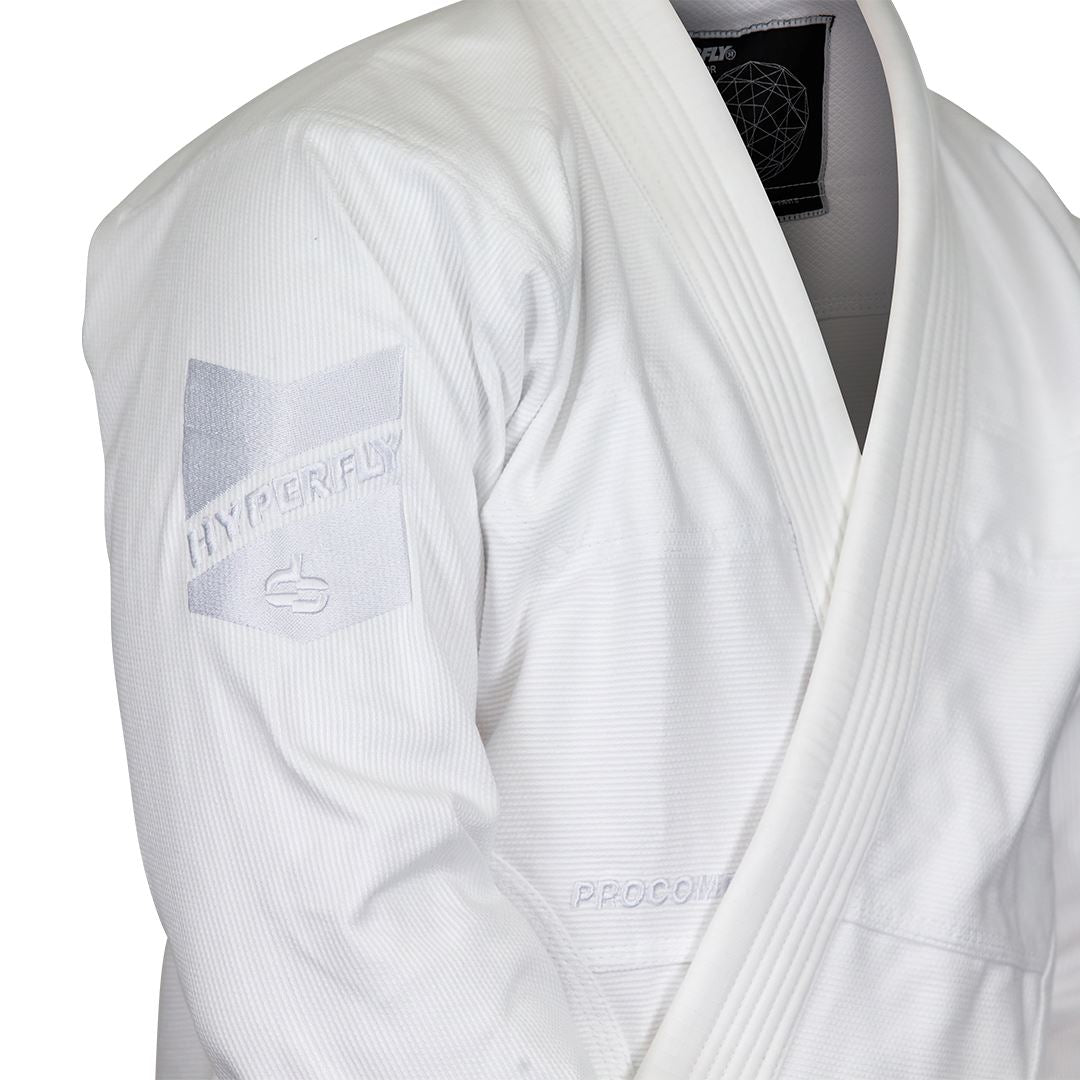Women have played a crucial role in shaping the history and evolution of Brazilian Jiu Jitsu (BJJ), overcoming barriers and proving their place on the mats. Though their presence was once limited, female practitioners have persevered through challenges to become skilled and influential figures in the sport. Today, women's jiu jitsu is thriving at every level, from local academies to world championship stages, thanks to the dedication and resilience of the pioneers who paved the way. From the first female black belts to the expansion of women’s divisions in major competitions, their journey is one of strength, progress, and undeniable impact.

Early Beginnings and Barriers
While BJJ traces its origins back to Japan’s Jiu Jitsu and Judo, the sport as we know it today developed in Brazil under the Gracie family. However, during the early years of BJJ, the practice was largely exclusive to men. Women were often discouraged from participating due to societal norms, a lack of training partners, and the physical nature of the sport. Those who persisted faced additional hurdles, such as limited access to training facilities, gender-based bias, and fewer competitive opportunities.
Despite these challenges, women found ways to train. In Japan, women had long practiced Judo, the parent art of BJJ, with figures like Keiko Fukuda achieving high ranks and inspiring future generations. In Brazil, women began to train in small numbers within BJJ academies, often as part of families involved in the sport. Their perseverance and passion for the sport laid the groundwork for what would eventually become a movement toward greater inclusivity in BJJ.

The First Female Black Belt and the Early Pioneers
The first woman to earn a black belt in Brazilian Jiu Jitsu was Yvone Duarte, a Brazilian grappler who received her black belt in the 1990s. Duarte was instrumental in breaking barriers and proving that women deserved a place in BJJ. She not only trained at a time when few women were on the mats, but she also advocated for the inclusion of women in competitions and official rankings.
Another trailblazer in women’s BJJ is Leticia Ribeiro, a 9-time world champion who played a crucial role in elevating women’s jiu jitsu. Alongside women like Kyra Gracie, a member of the legendary Gracie family, and Leka Vieira, the first woman to win a world championship at black belt, these athletes helped legitimize and popularize female participation in the sport.

Women Entering Competition
In the early years of BJJ, competitions were almost entirely male-dominated. Women’s divisions were few and far between, and those that existed often lacked the same level of support and recognition as their male counterparts. However, this began to change in the late 1990s and early 2000s, when major tournaments such as the IBJJF World Championships started adding more divisions for women.
The first IBJJF World Championship for women took place in 1998, marking a pivotal moment in history. Though the divisions were smaller compared to today, the introduction of a world stage for women’s BJJ was a significant step toward equality. Over the years, more organizations followed suit, expanding women’s categories, improving tournament structures, and offering more opportunities for female competitors.
With the increasing number of female competitors, organizations were forced to acknowledge the growing presence of women in BJJ. As more women began training and competing, their skills and performances shattered outdated stereotypes, proving that women belonged on the mats just as much as men. Today, organizations such as the UAEJJF, Polaris, and Who’s Number One have taken steps to provide equal prize money for men and women, further reinforcing the value of female competitors. High-profile super fights and tournaments continue to feature women in main events, giving them the recognition they deserve.

Significant Women’s BJJ Organizations and Self-Defense Initiatives
As women’s participation in BJJ has grown, numerous organizations have emerged to support and empower female practitioners. These organizations not only promote competitive jiu jitsu but also provide self-defense training, community support, and networking opportunities for women looking to learn and grow within the sport.
One of the most notable organizations is Girls in Gis, a nonprofit group that hosts training events and meetups across the United States. Their mission is to create a safe and supportive space for women and girls to train, providing mentorship and opportunities to learn from experienced female practitioners. Another influential organization is GJiuJitsuQueenz, an initiative based in Europe that focuses on empowering women through jiu jitsu. They organize camps, seminars, and community events that encourage women to train, connect, and support one another in their jiu jitsu journeys.
Additionally, Women’s Self-Defense and Empowerment Programs have gained popularity worldwide, with many BJJ academies offering women-only classes focused on self-defense. These programs teach practical techniques to help women defend themselves against real-world threats while also building confidence and physical resilience. Some notable figures leading these initiatives include Rener and Eve Gracie, who have developed self-defense programs specifically designed for women, making jiu jitsu more accessible to a broader audience.

The Rise of Visibility for Women in BJJ
Today, the landscape of women’s jiu jitsu has transformed dramatically. High-level female athletes are now just as celebrated as their male counterparts, with stars like Gabi Garcia, Bia Mesquita, and Ffion Davies making waves in the competition scene. Social media has also played a crucial role in the rise of visibility for women in BJJ. Platforms like Instagram and YouTube have allowed female athletes to showcase their skills, inspire newcomers, and build personal brands. Women are also stepping into leadership roles within the sport. Many female black belts are opening their own academies, coaching at world-class gyms, and becoming influential figures in the community. Their presence as instructors and mentors has helped normalize women’s involvement in every aspect of the sport, from grassroots development to elite-level competition.

Hyperfly’s Commitment to Women in Combat Sports
At Hyperfly, we stand firmly behind women in jiu jitsu and combat sports. As a female-owned brand, we recognize the challenges women have faced in the sport and are dedicated to providing the support and gear they need to succeed. We proudly sponsor top-tier female athletes who are leading the charge in competition and inspiring the next generation of women in BJJ.
Our FlyGirl collection is specifically designed for women, offering high-performance training gear that fits and moves with the female body. We also actively work to ensure that women in jiu jitsu receive the same level of recognition, respect, and opportunities as men.
Our commitment to empowering women in combat sports remains unwavering as we continue to grow. We honor the pioneers who paved the way and celebrate the new generation of women taking jiu jitsu to new heights. The future of women in BJJ is brighter than ever, and at Hyperfly, we’re proud to be a part of that journey.

